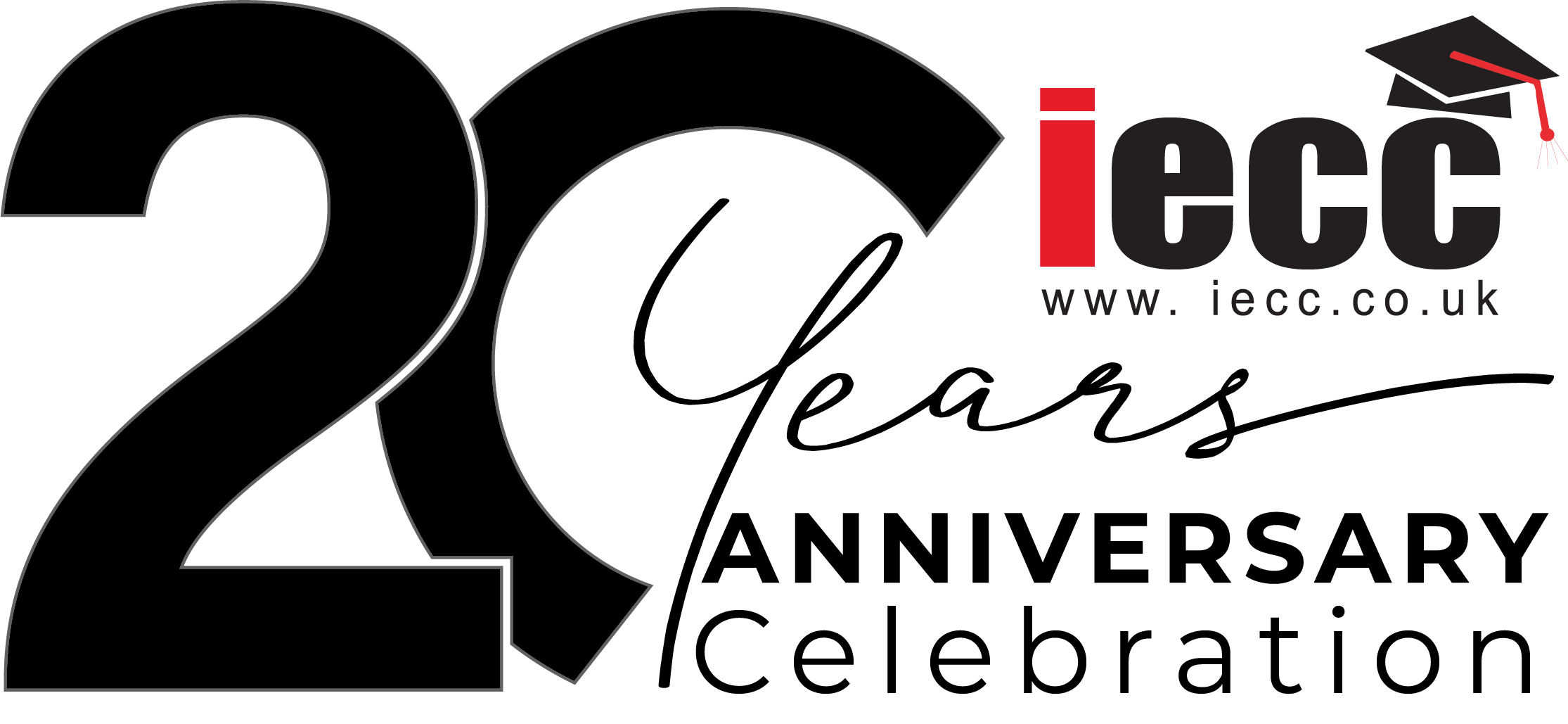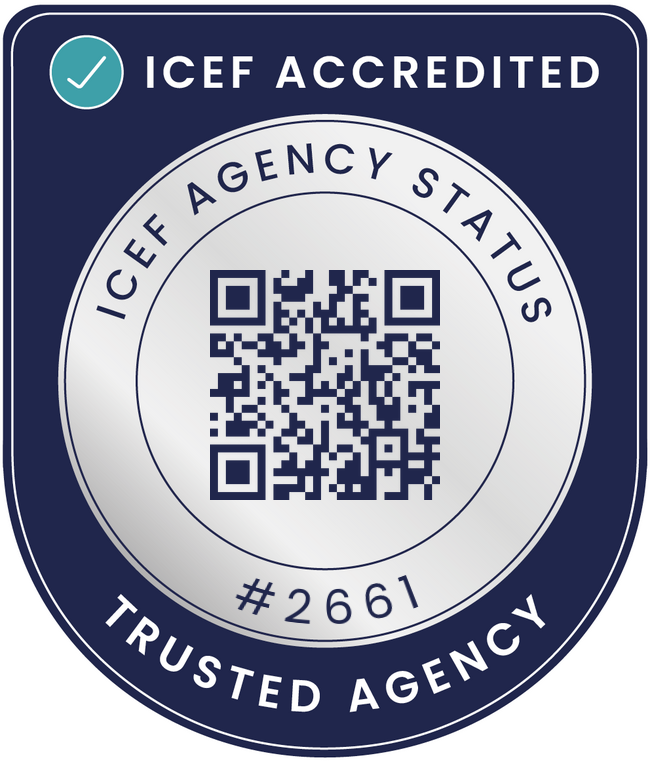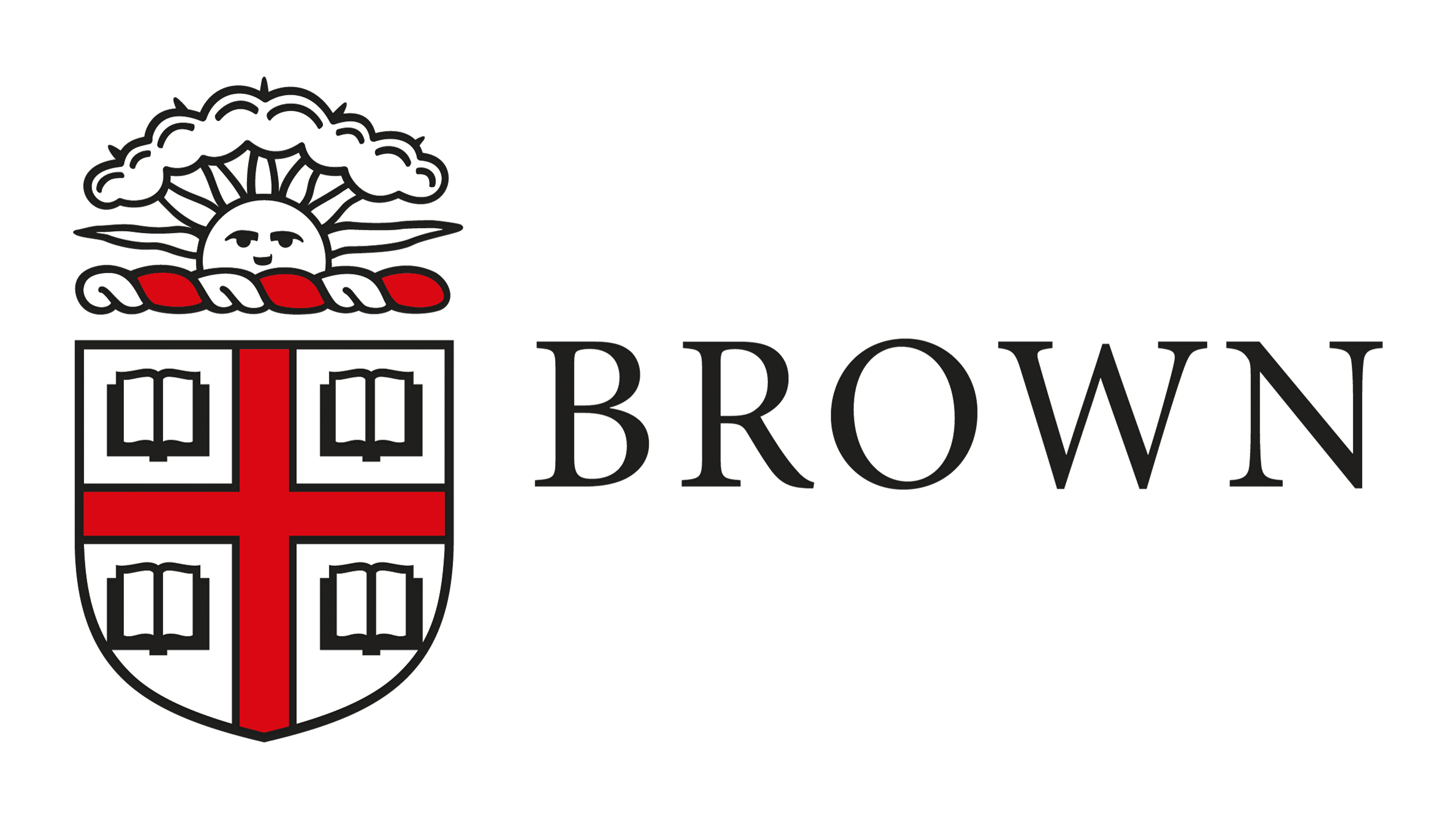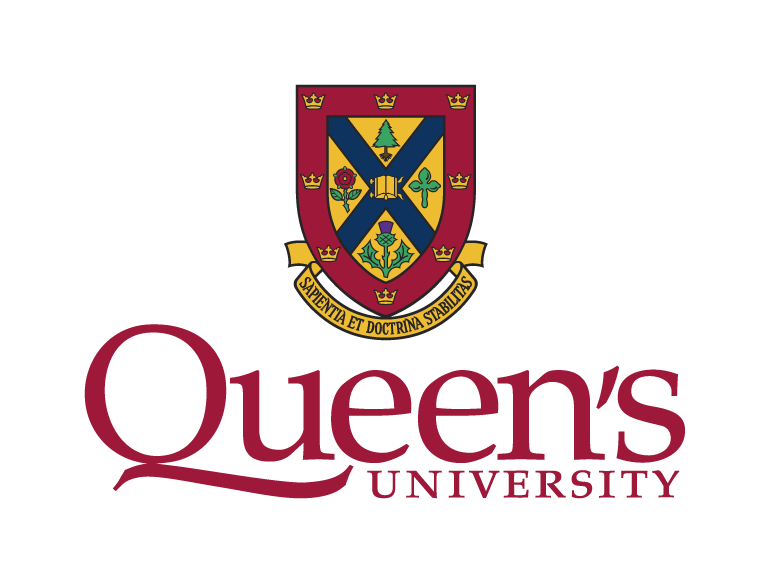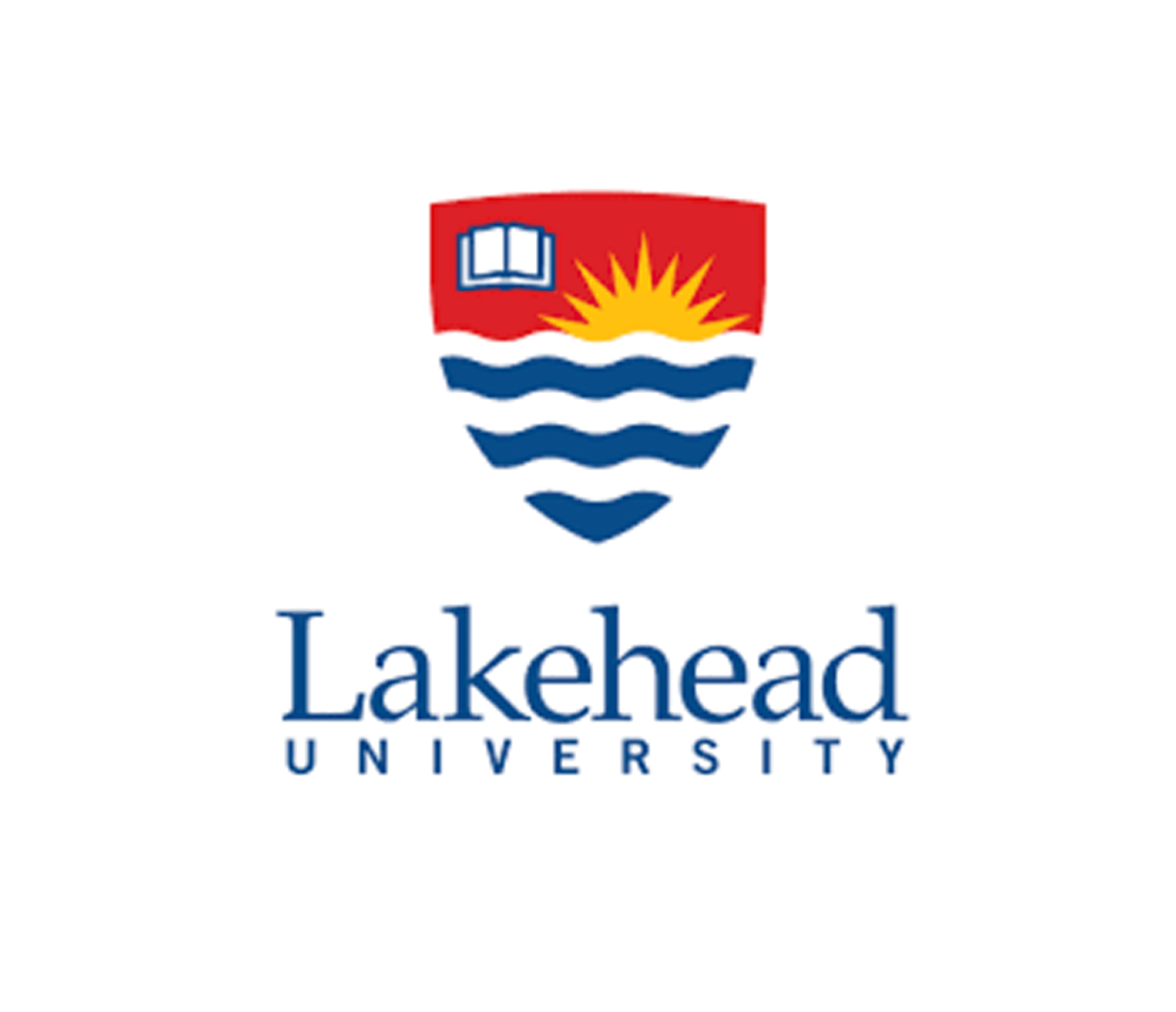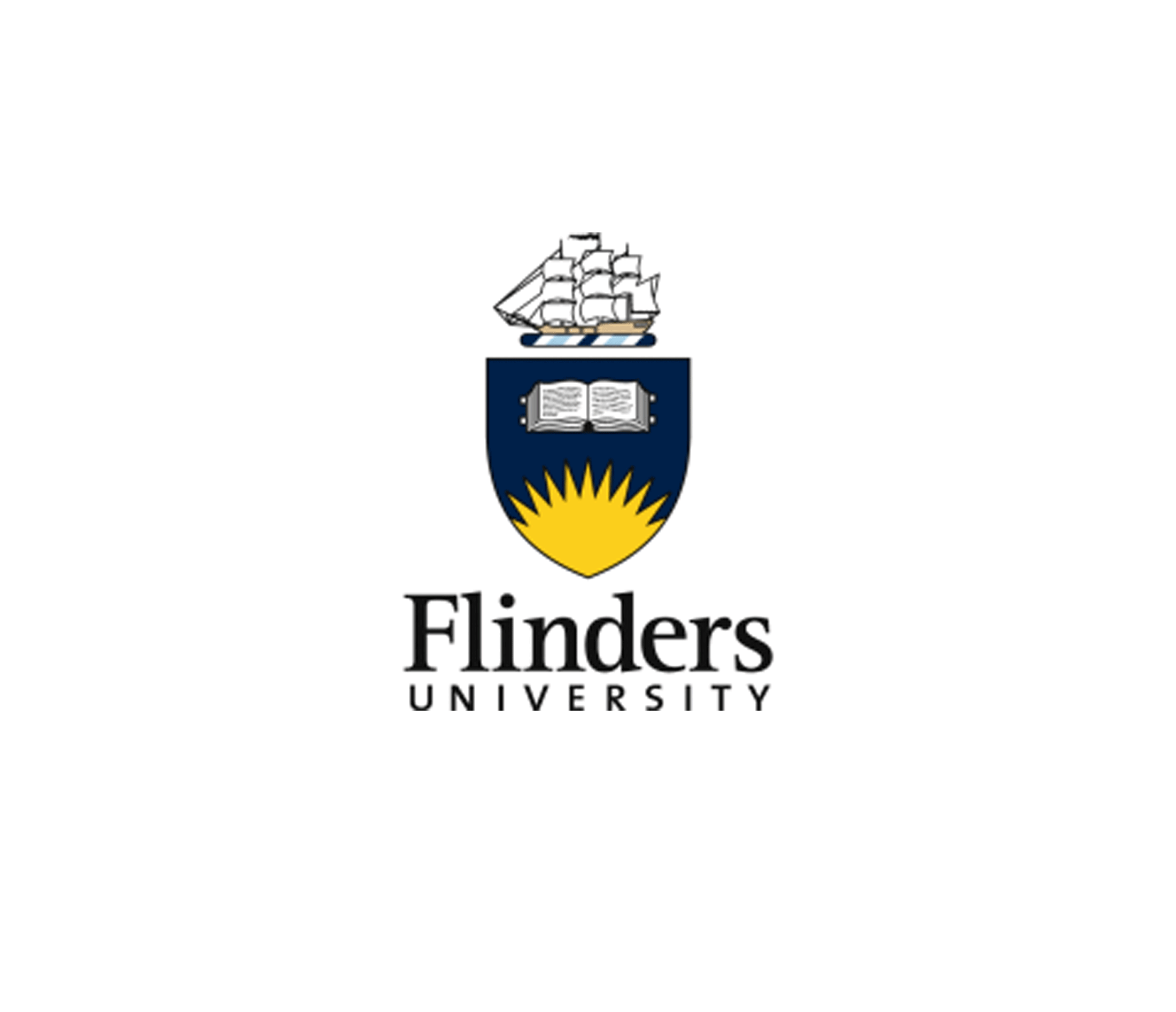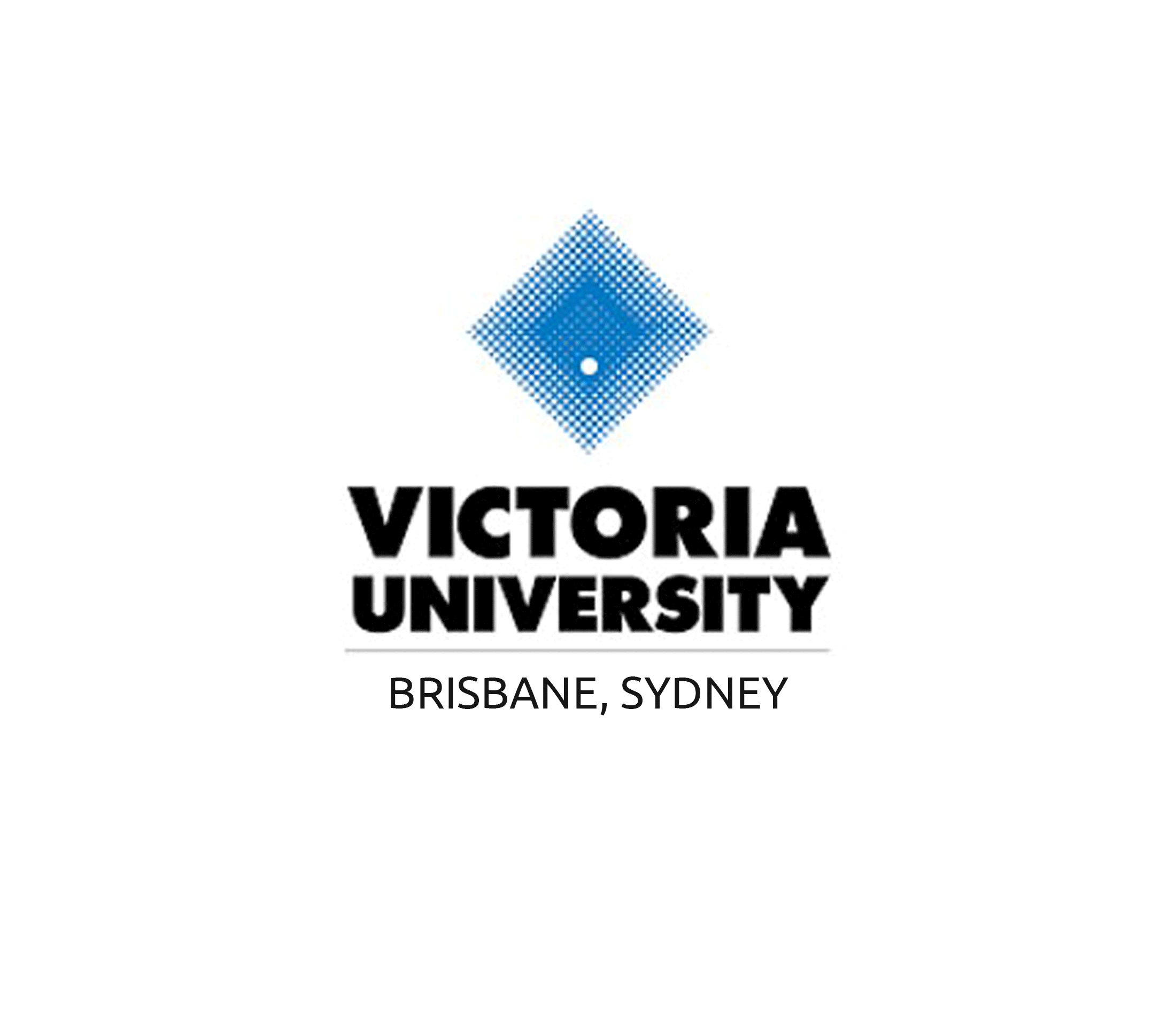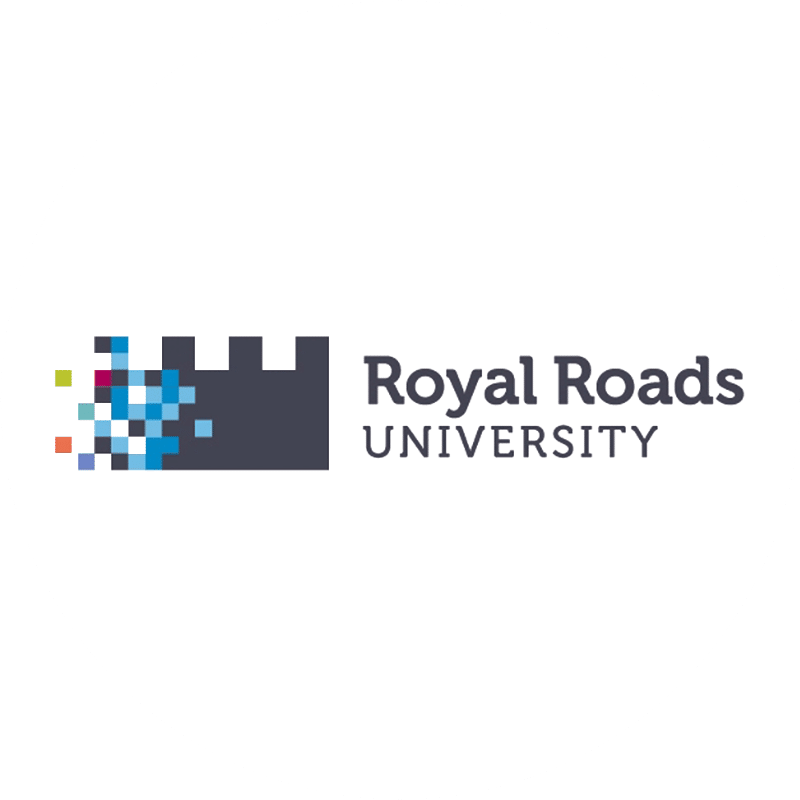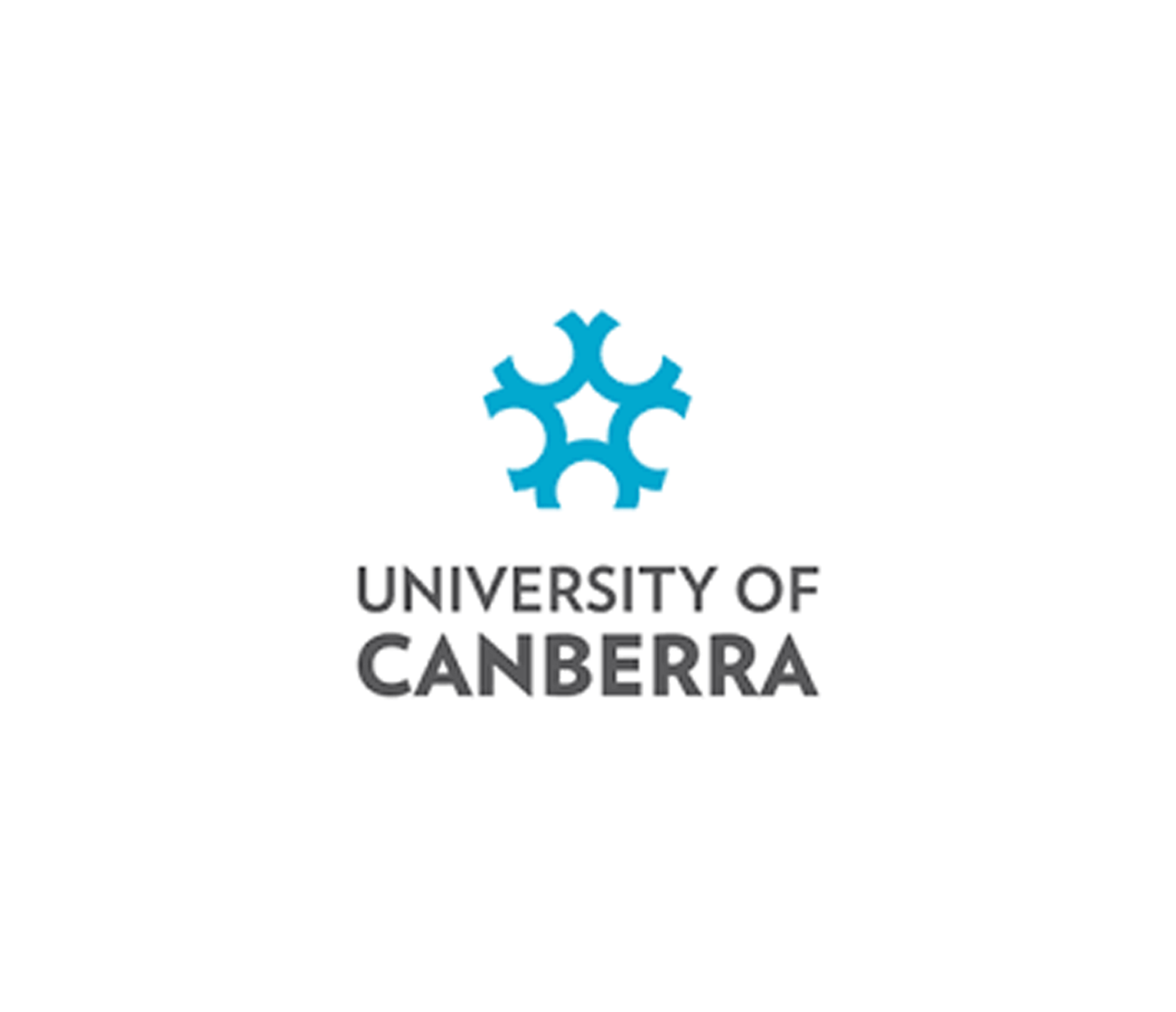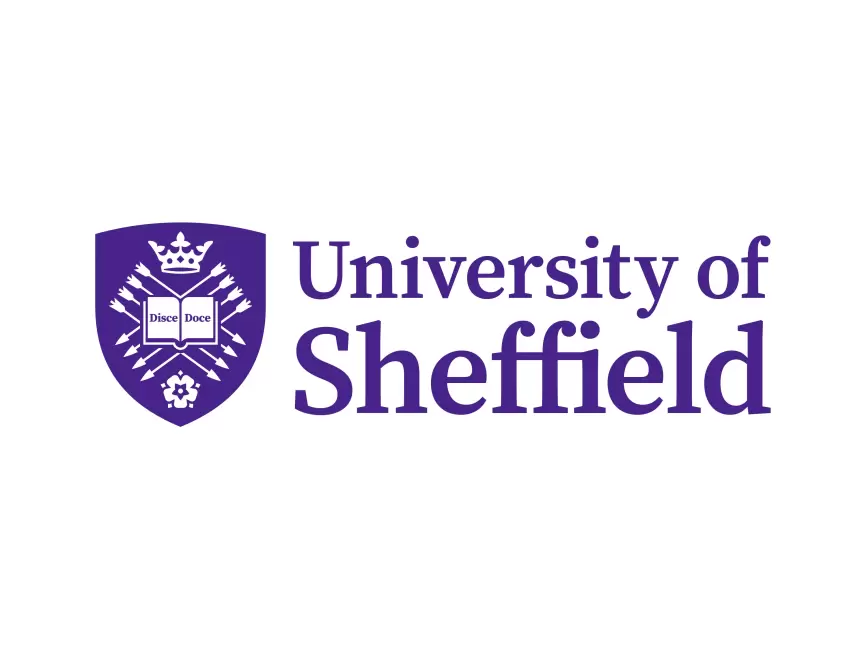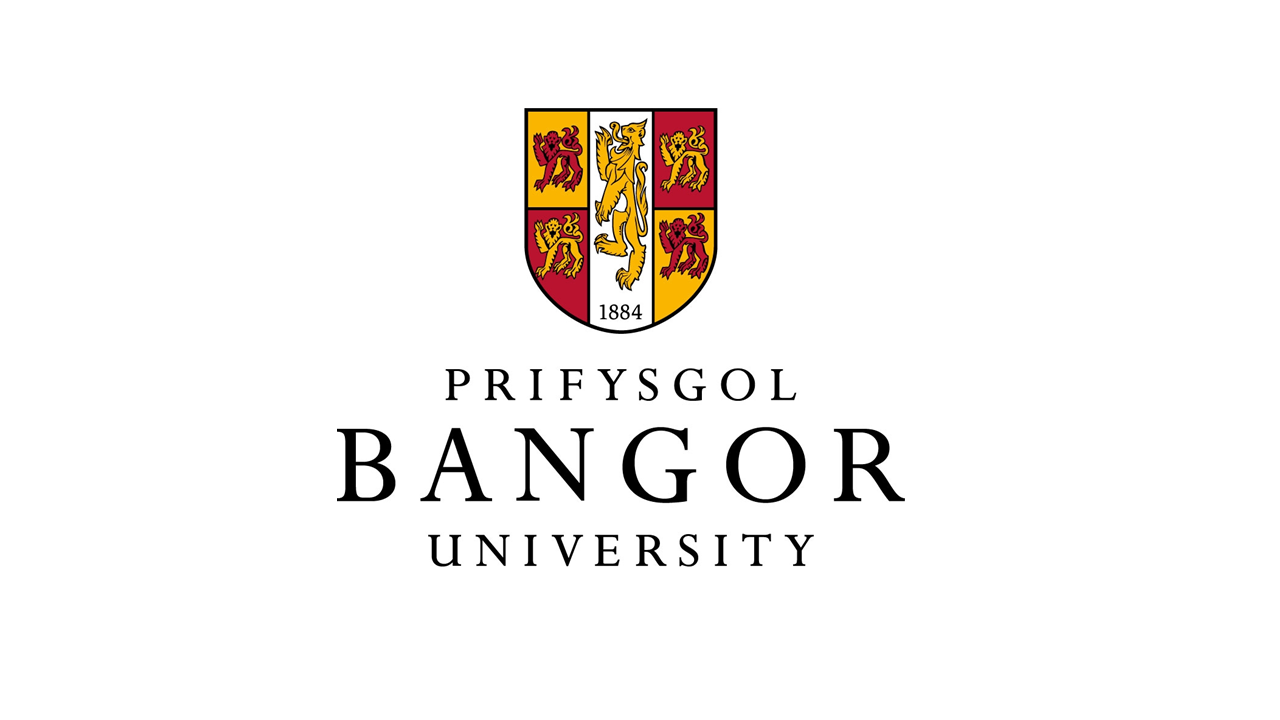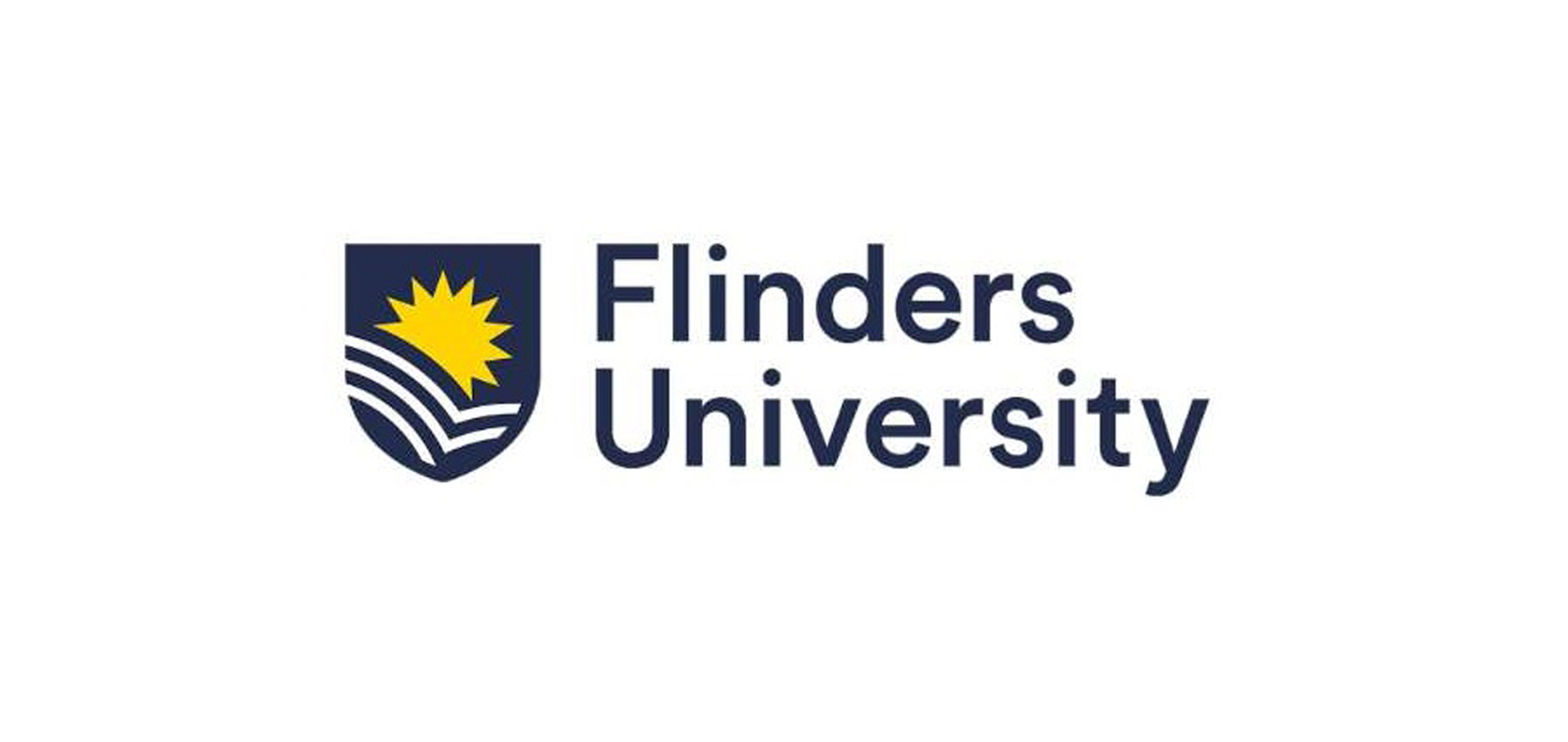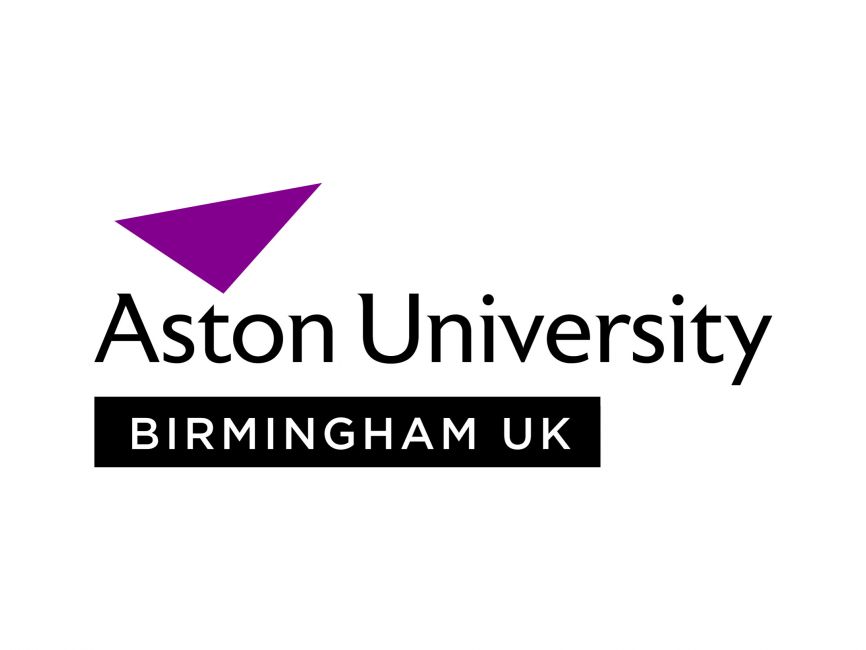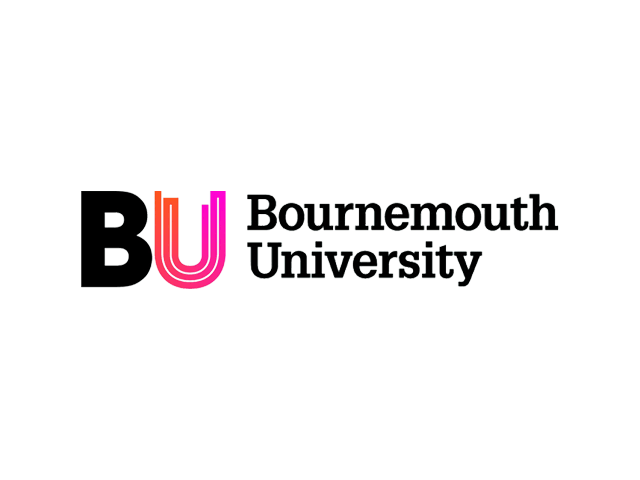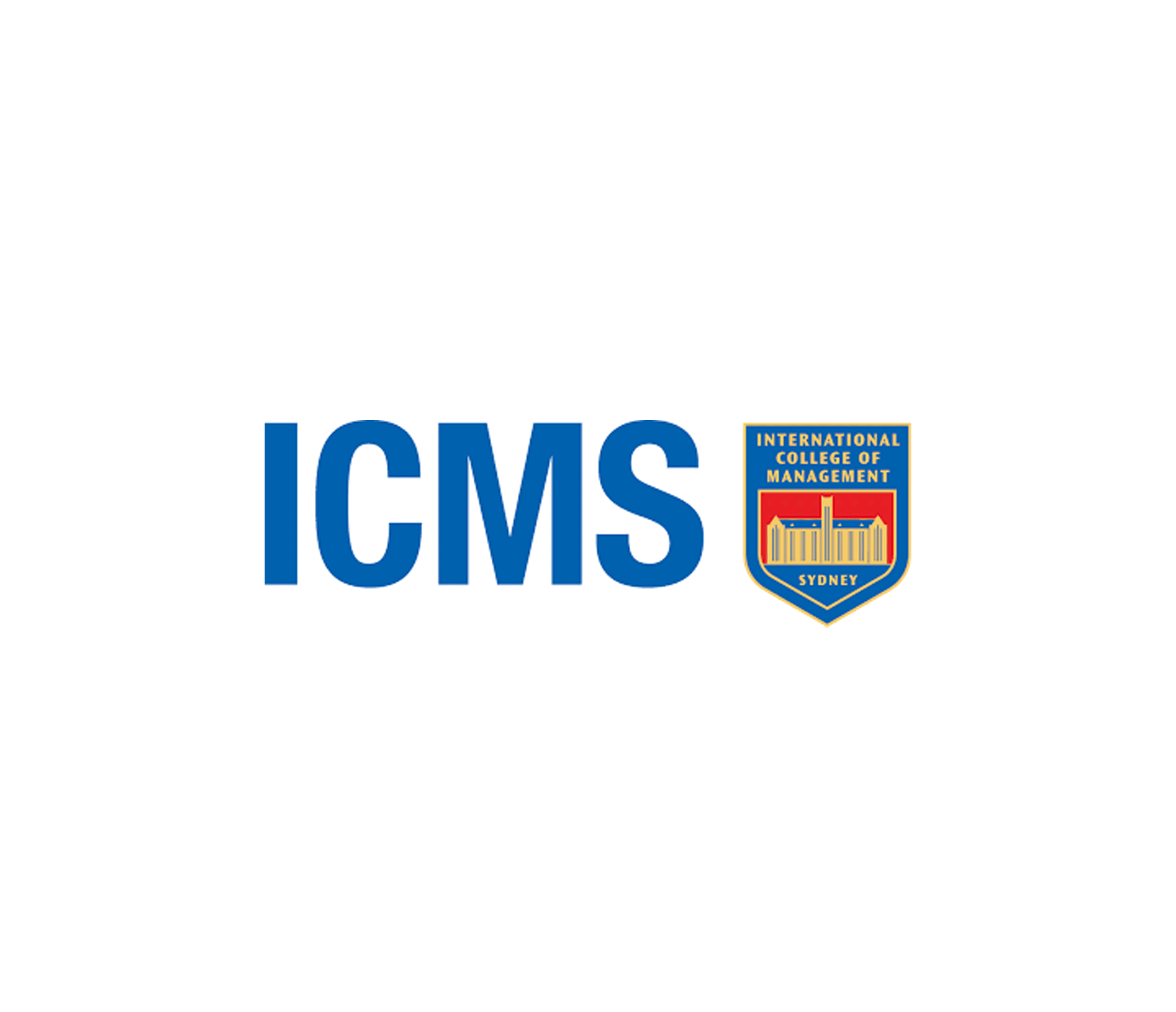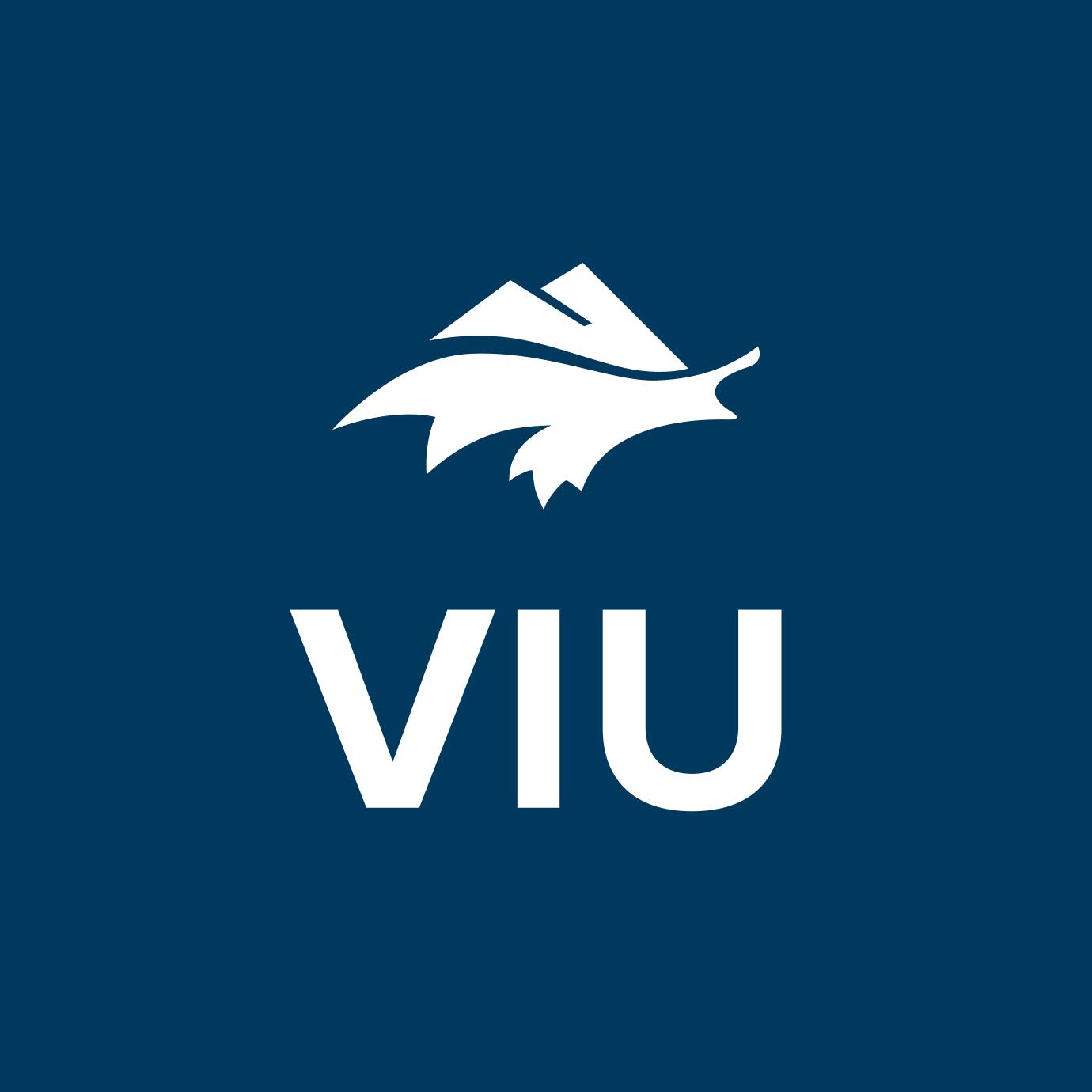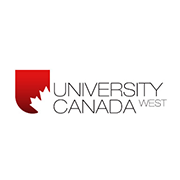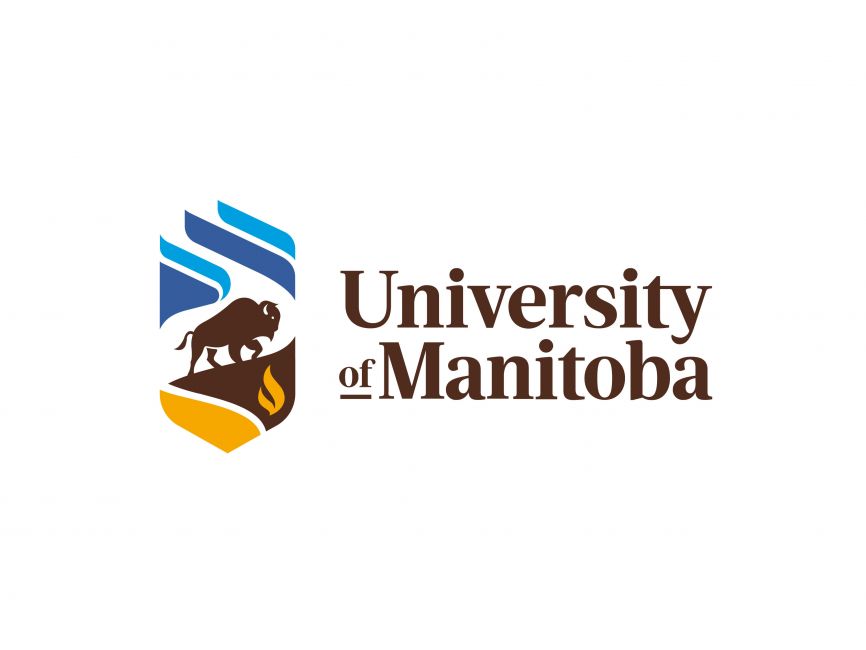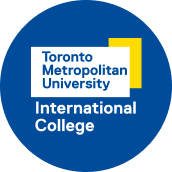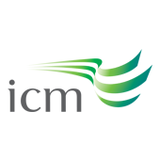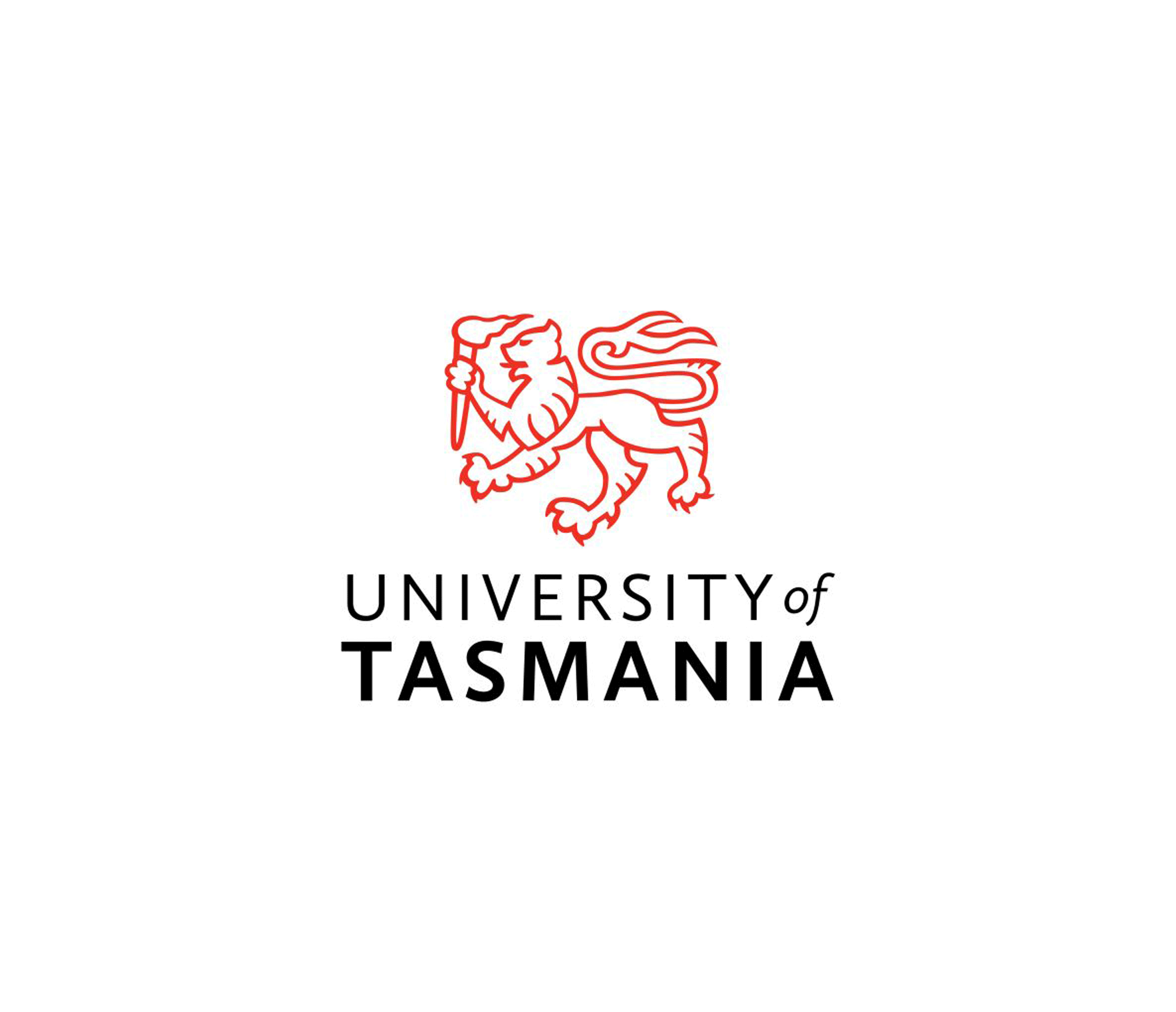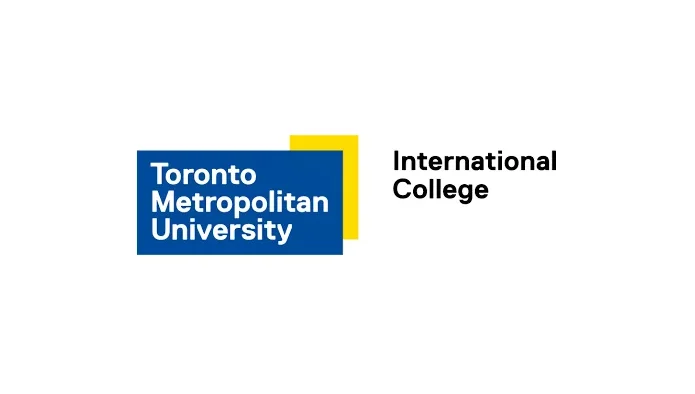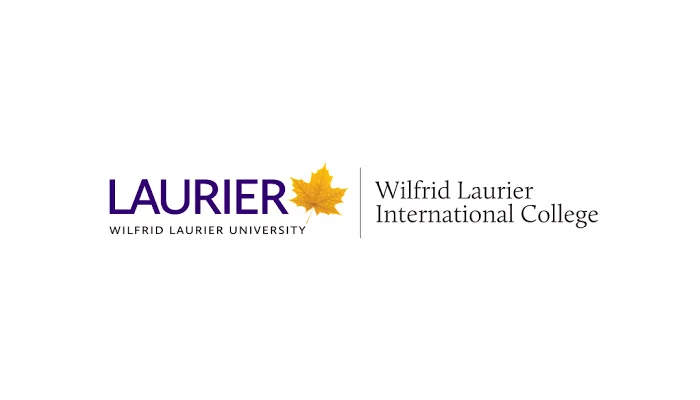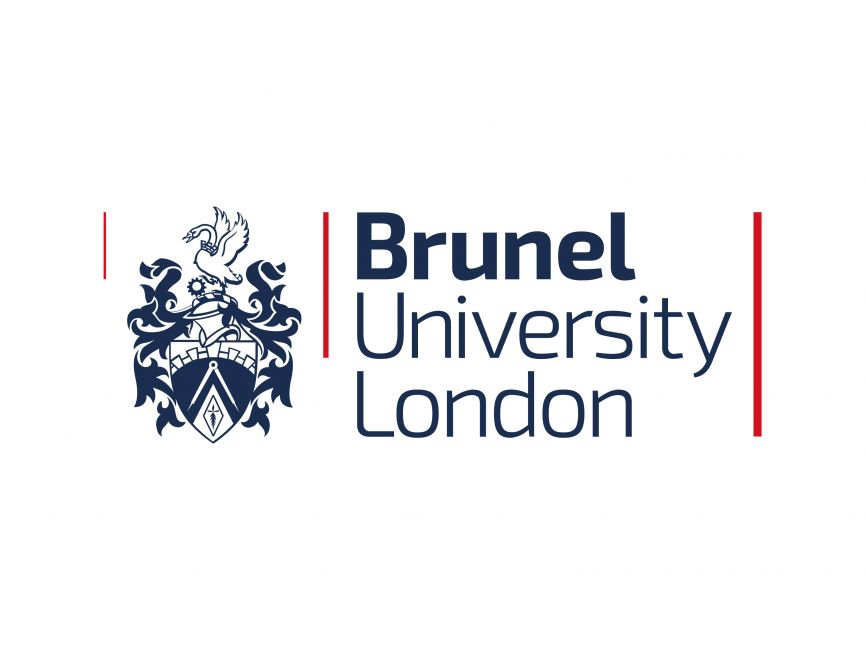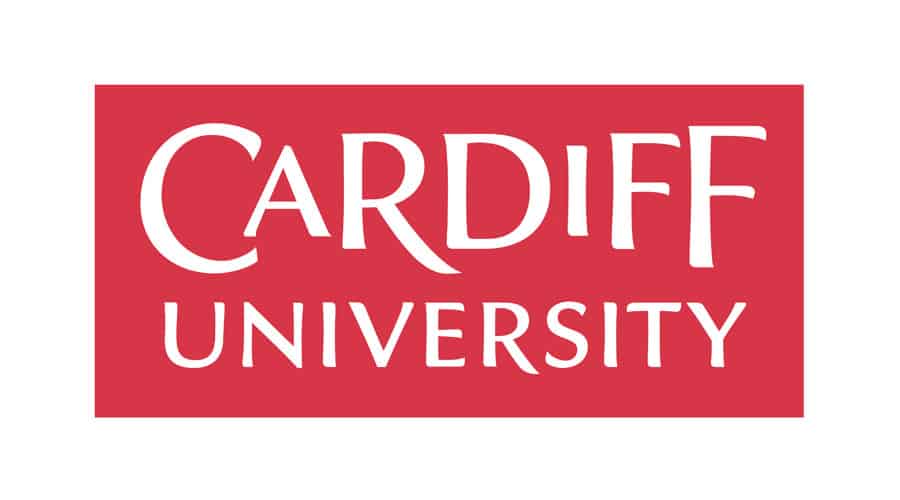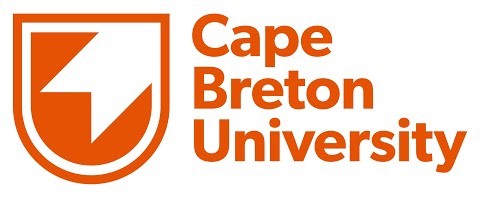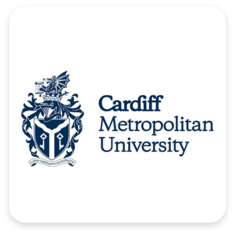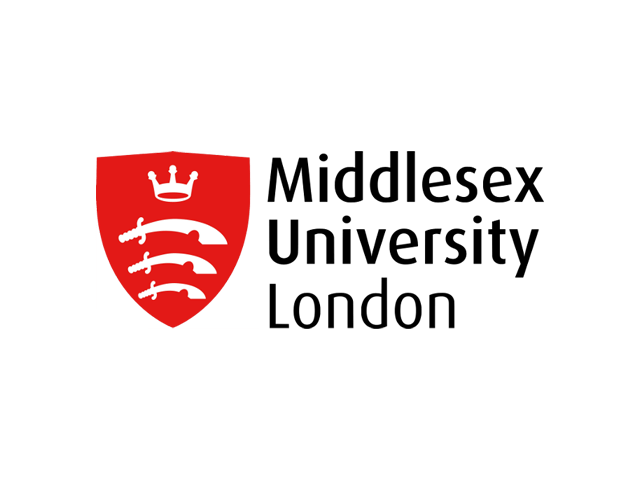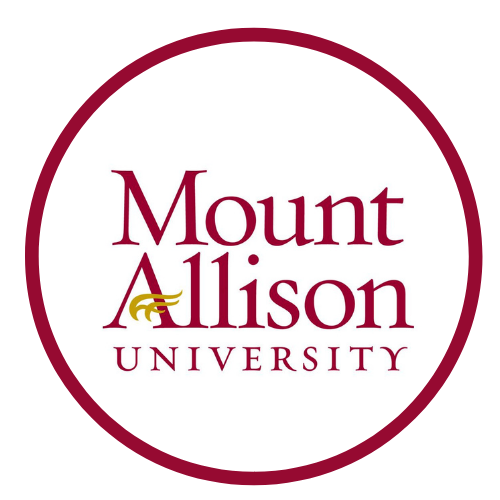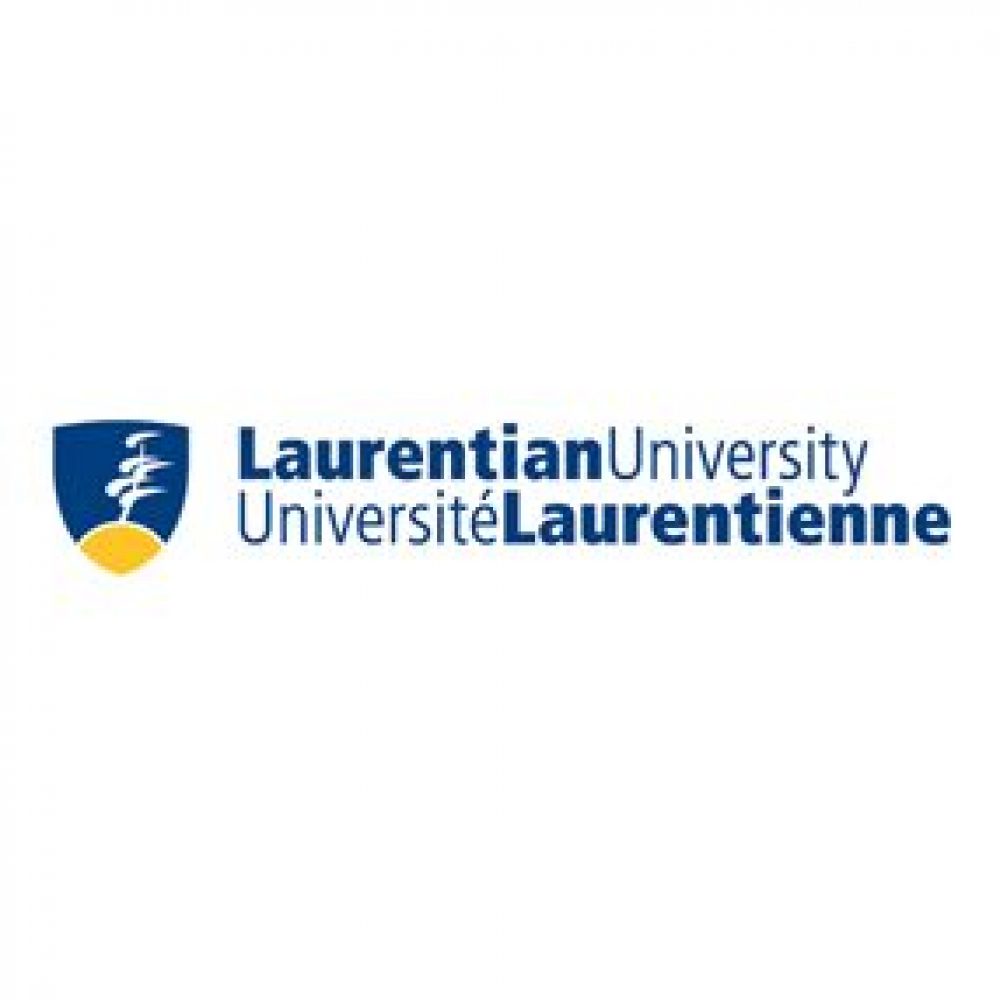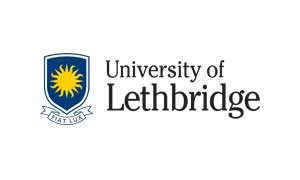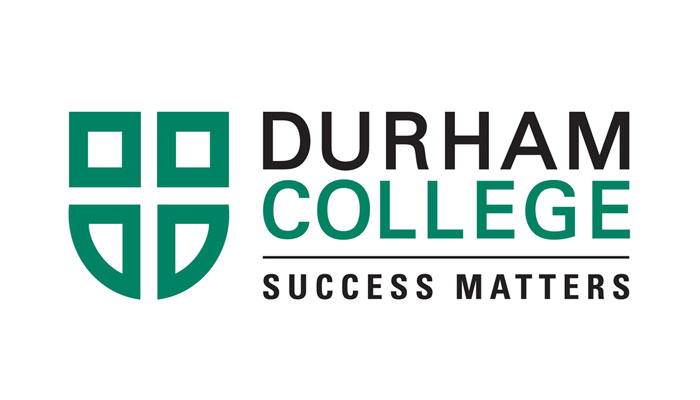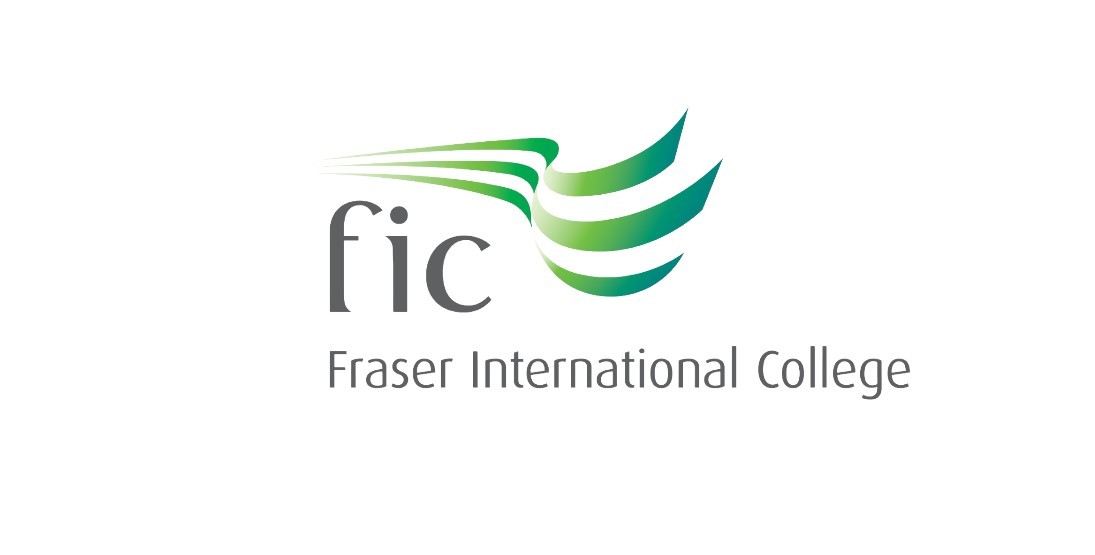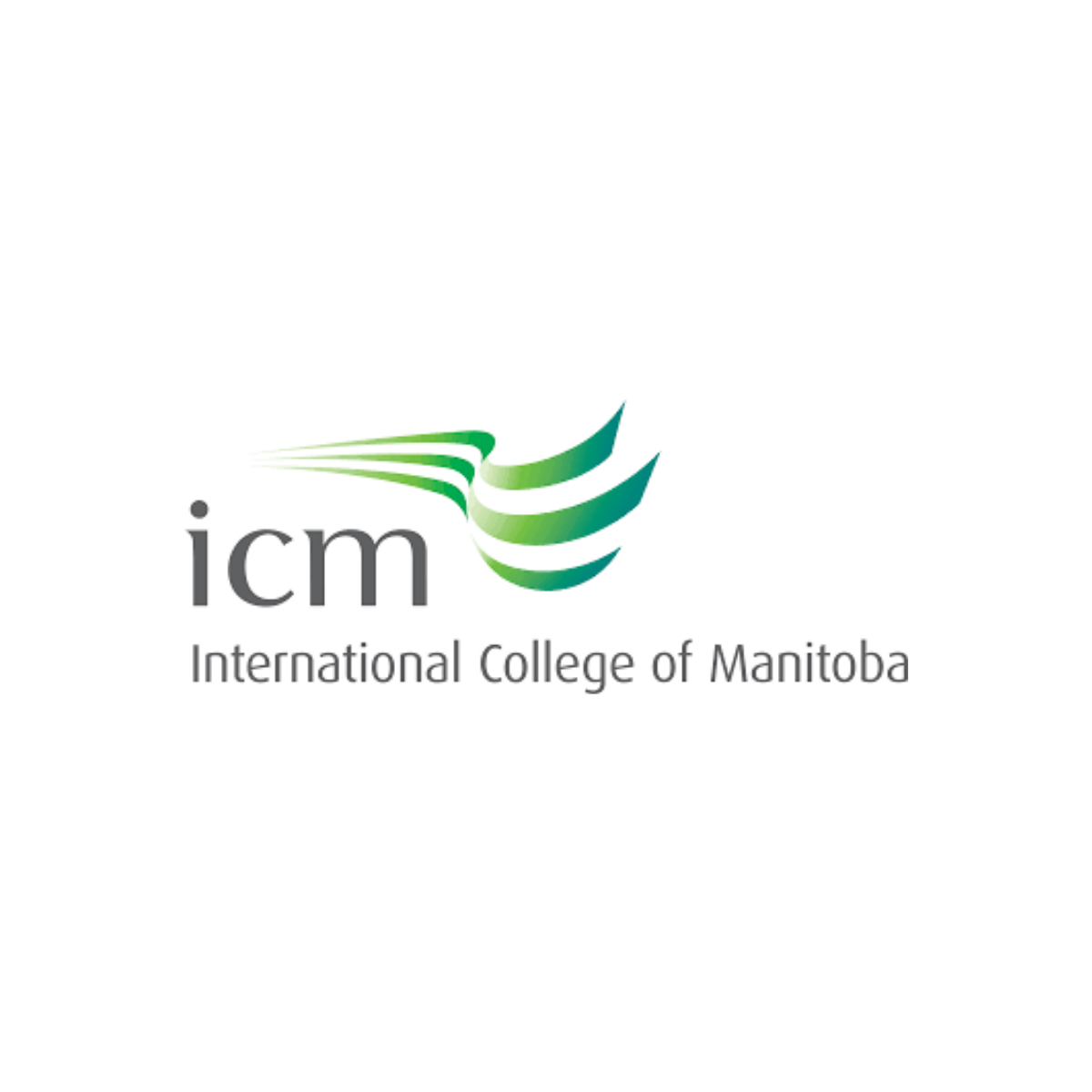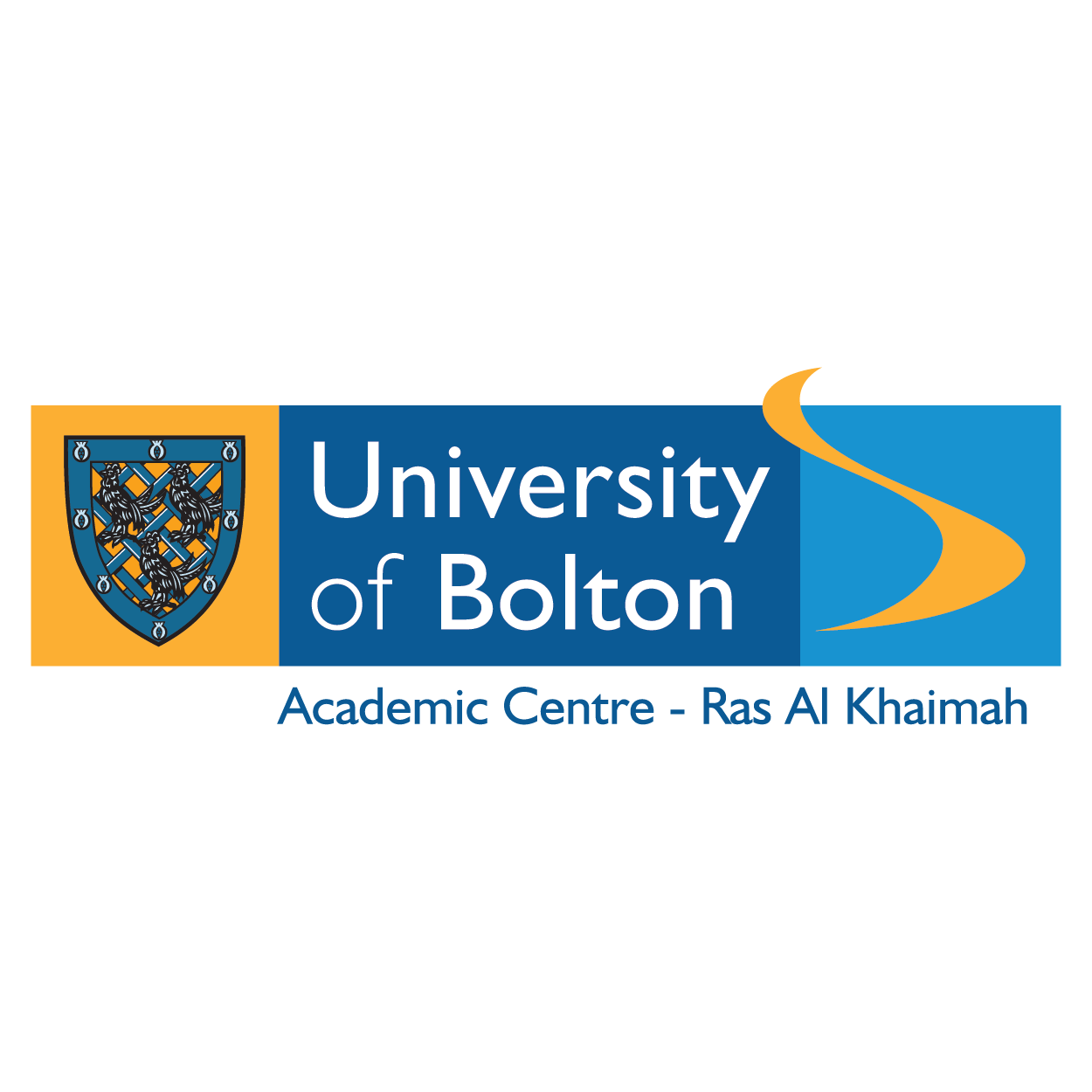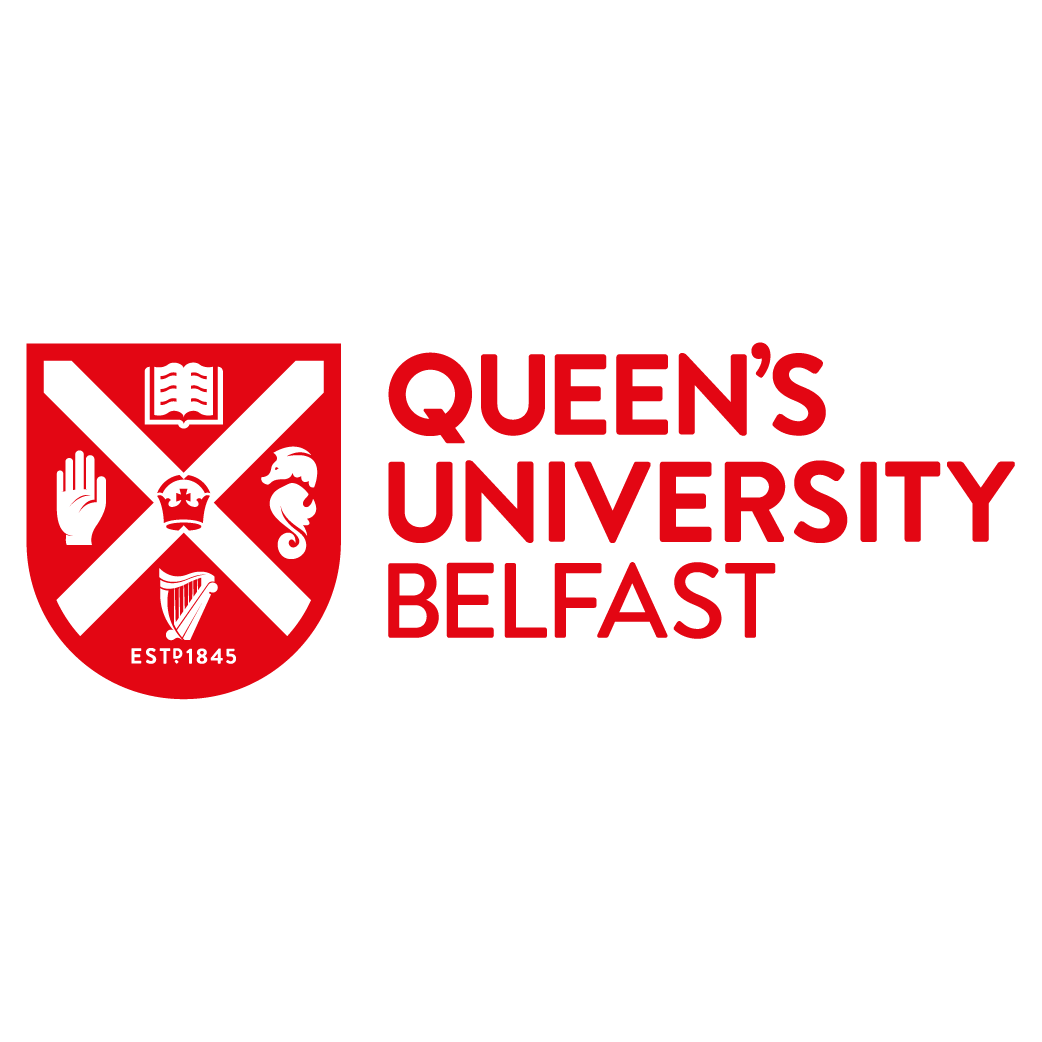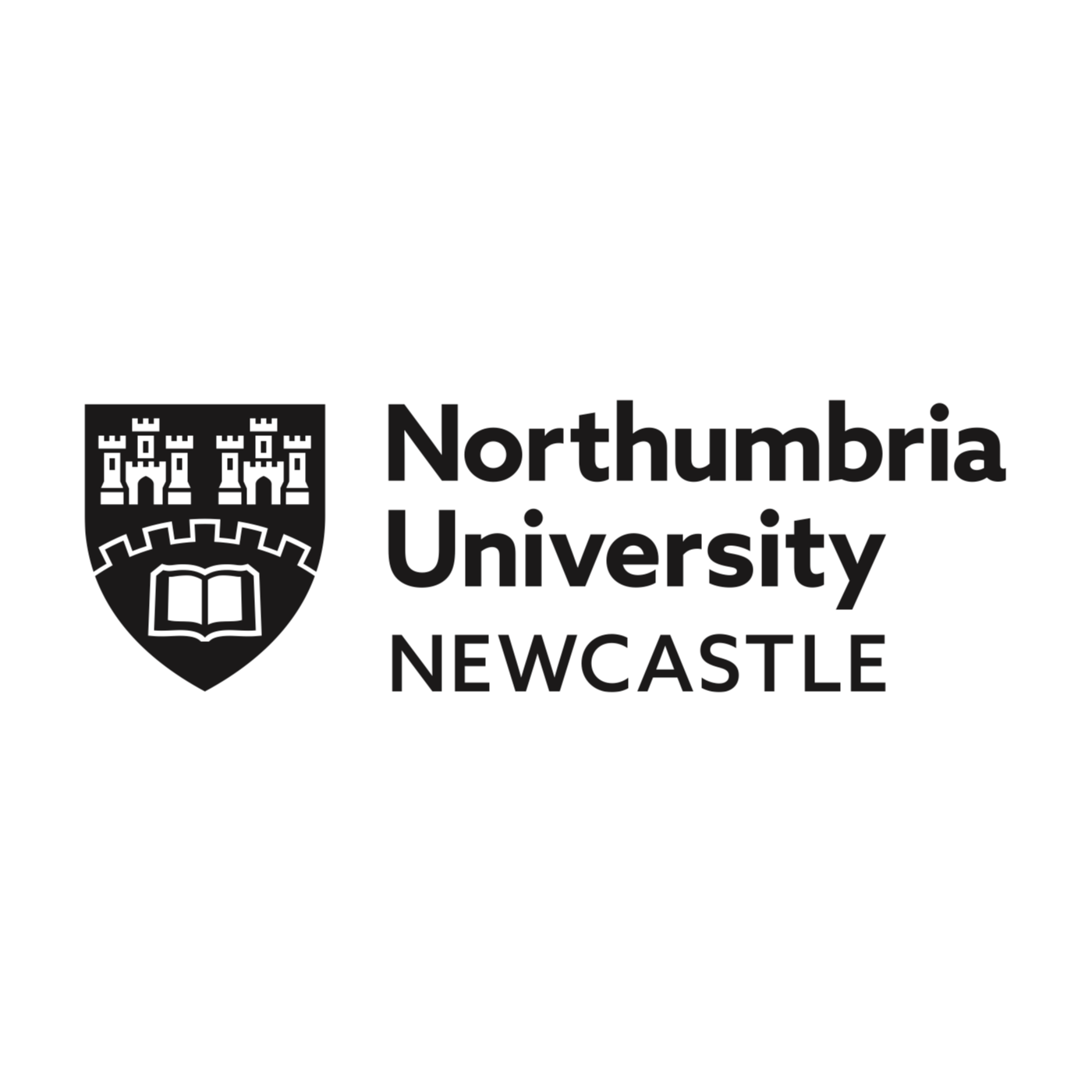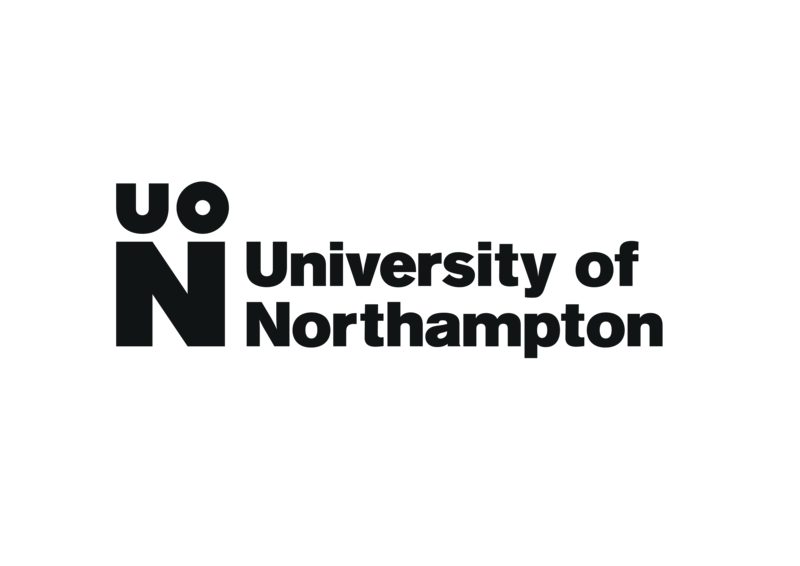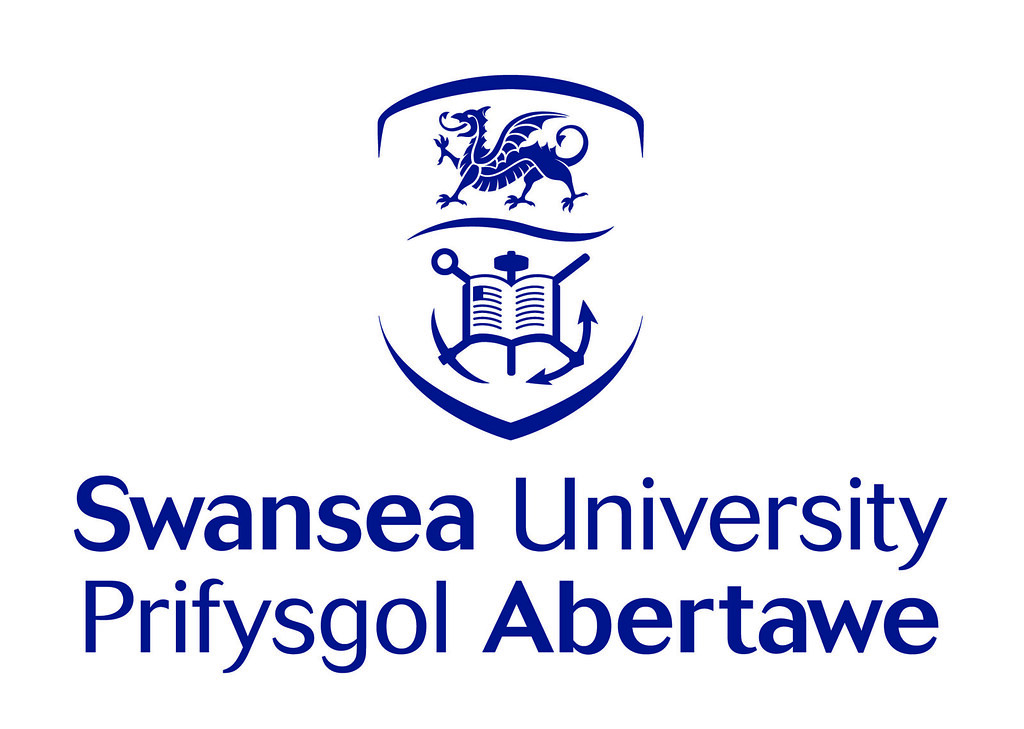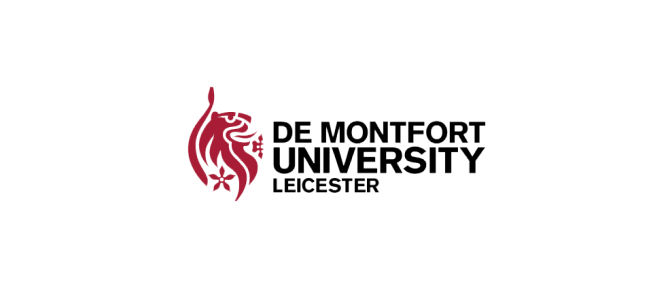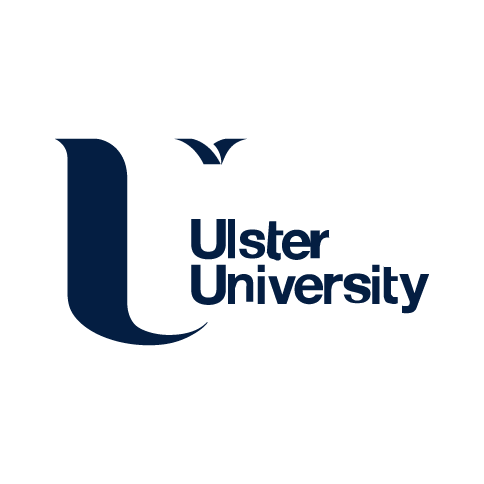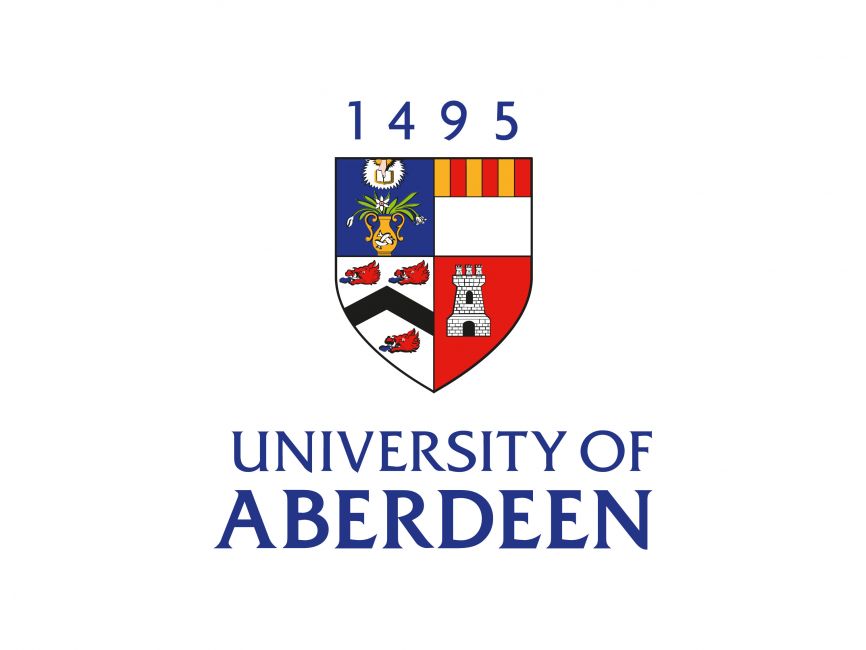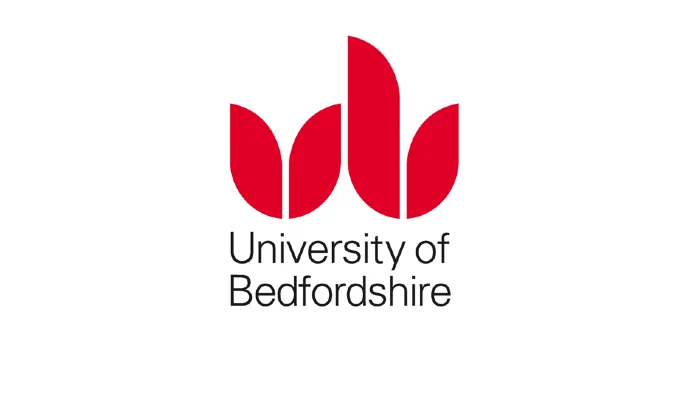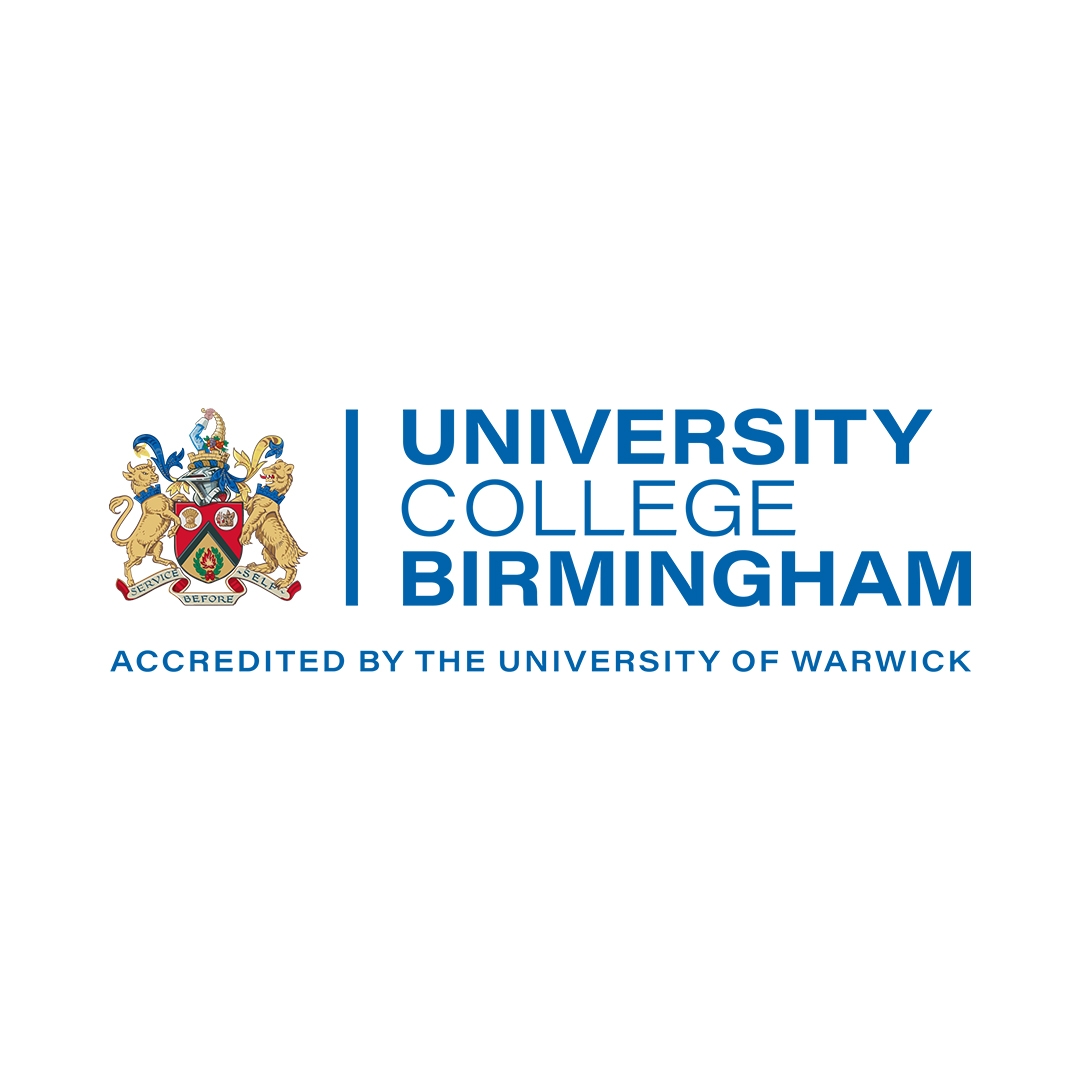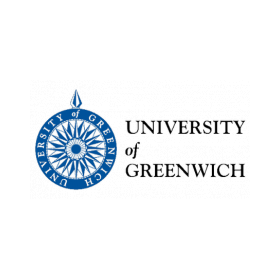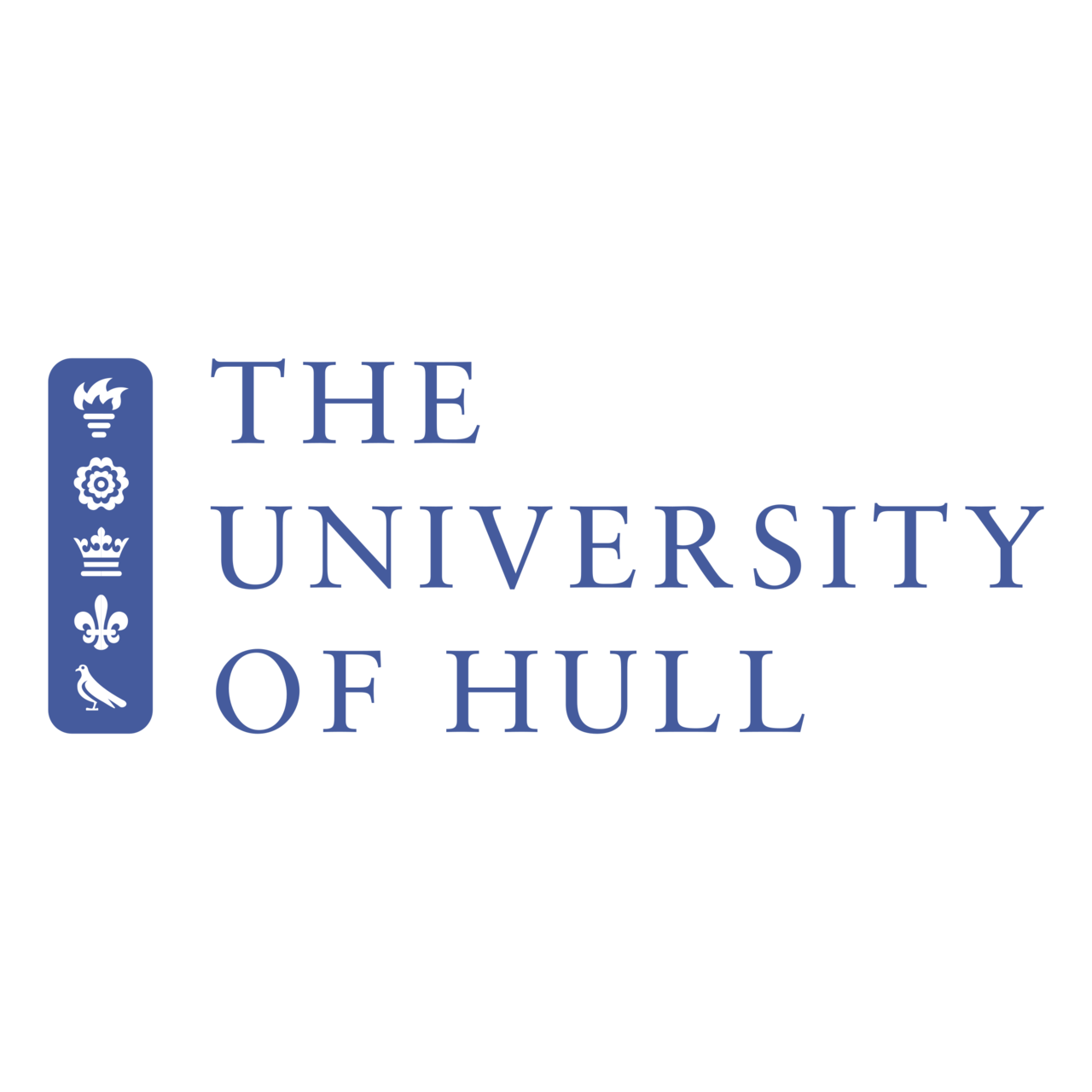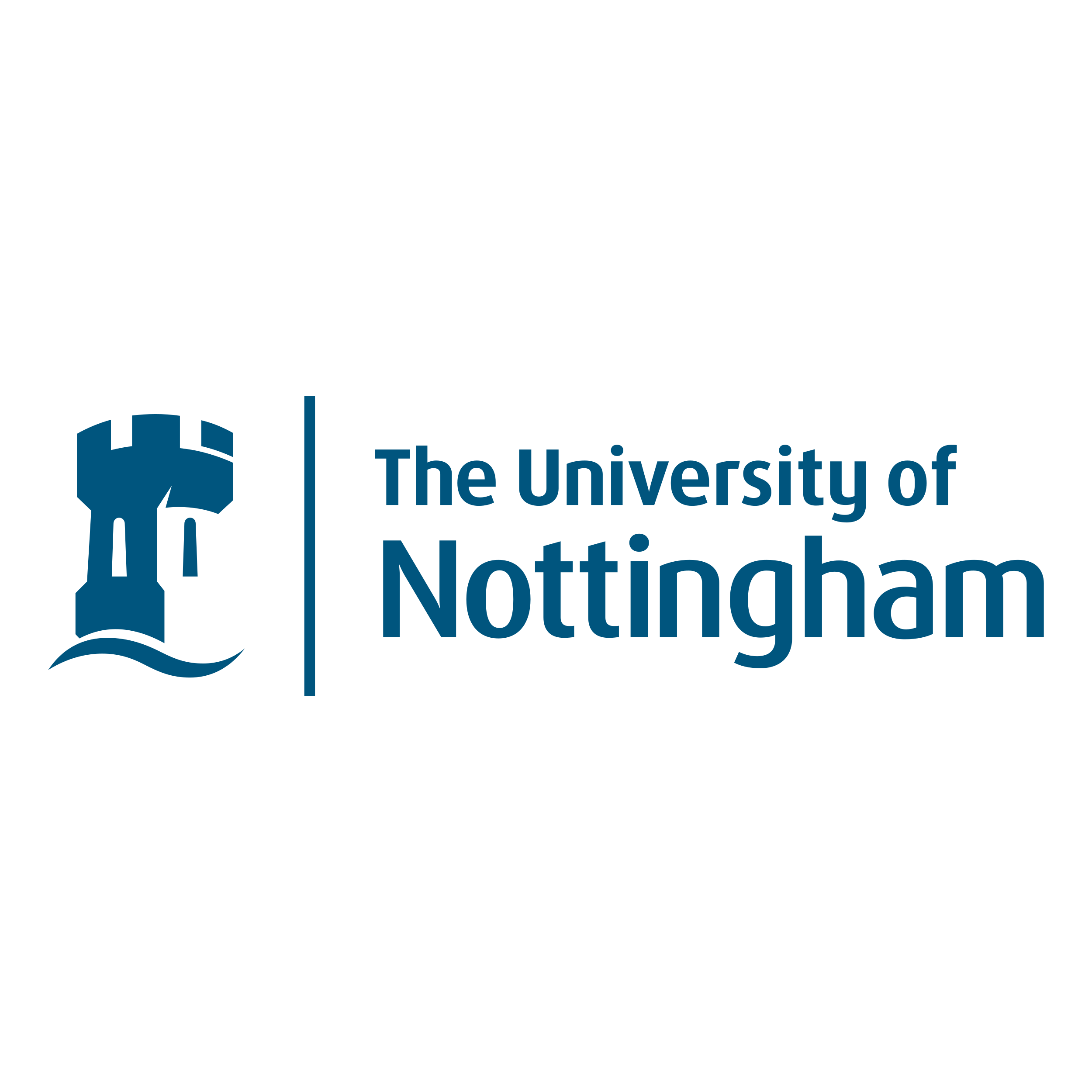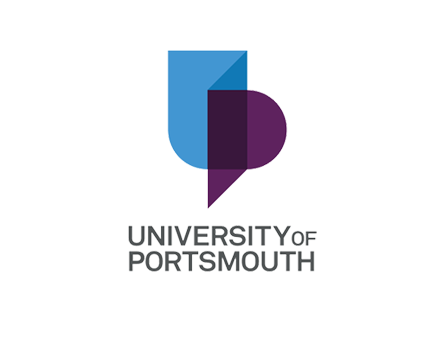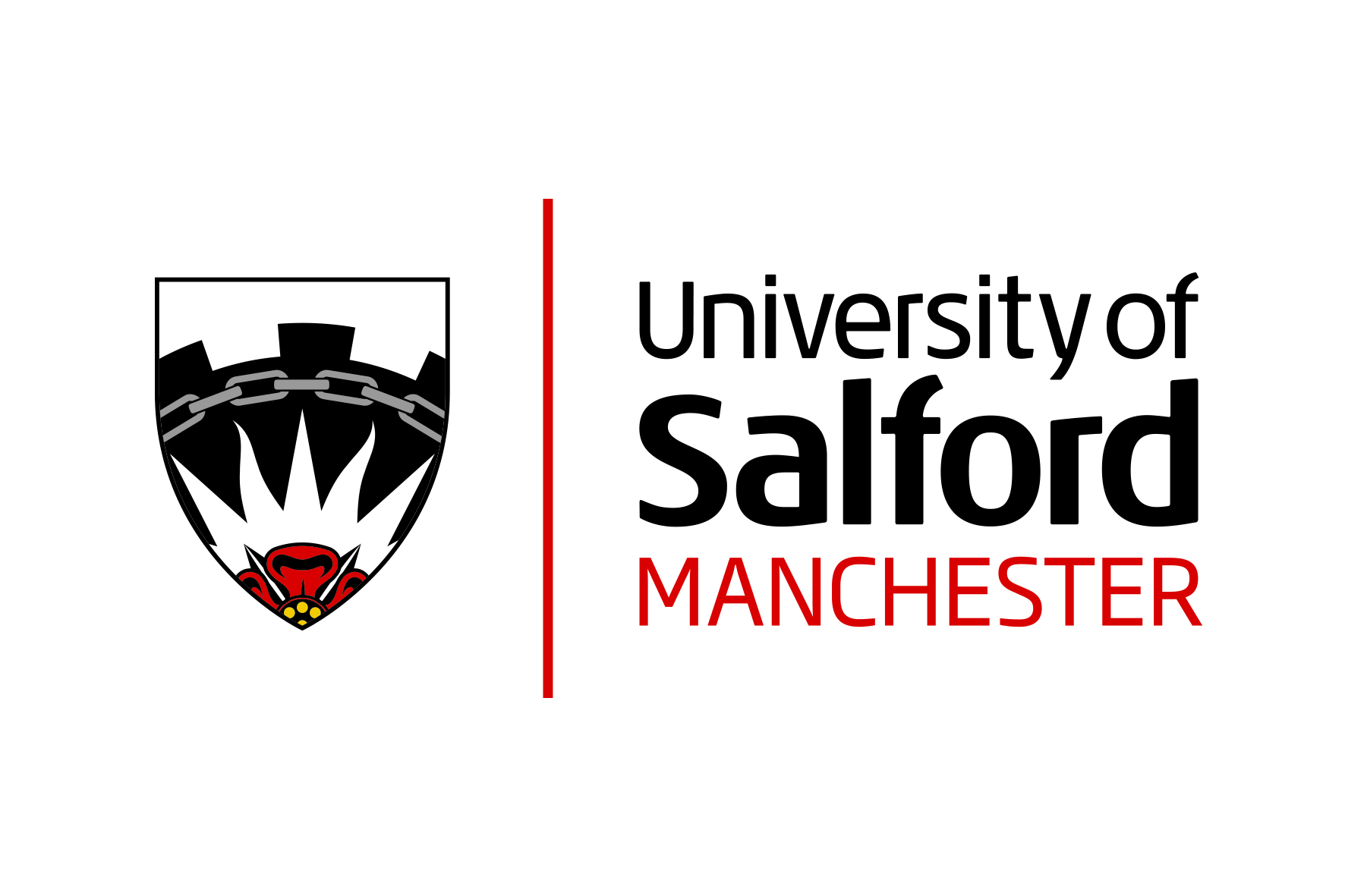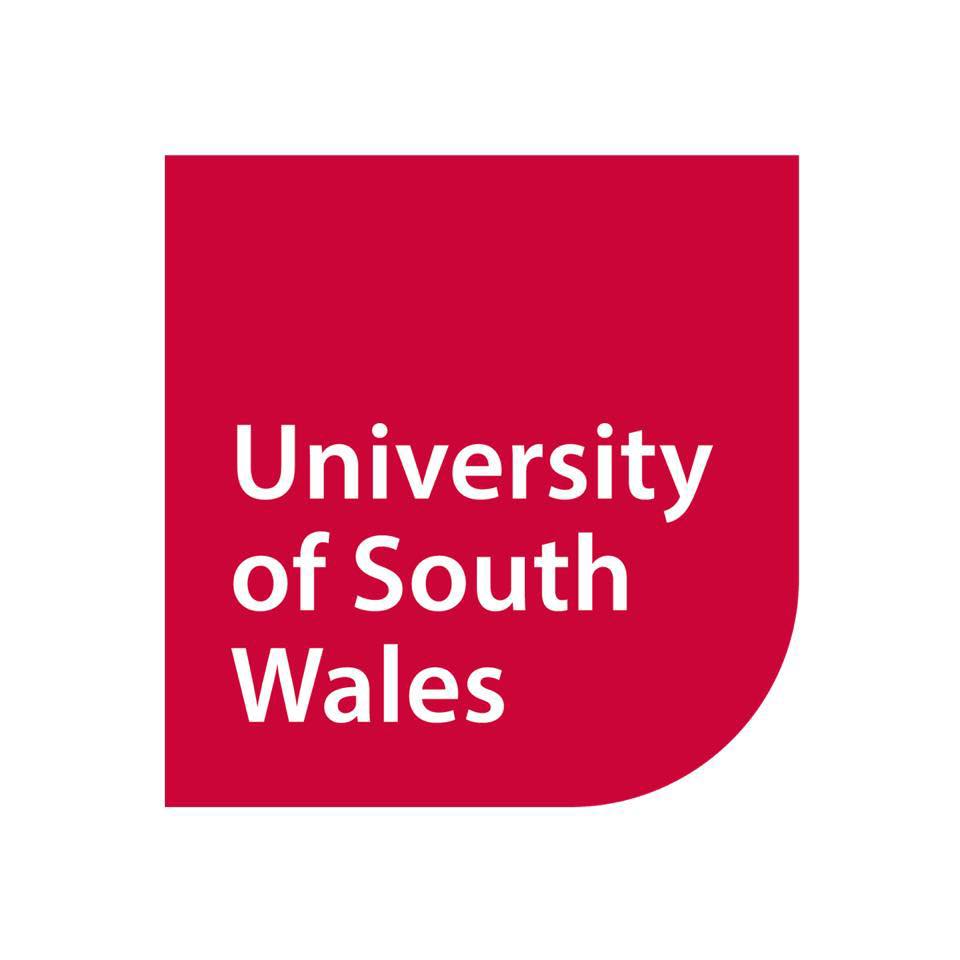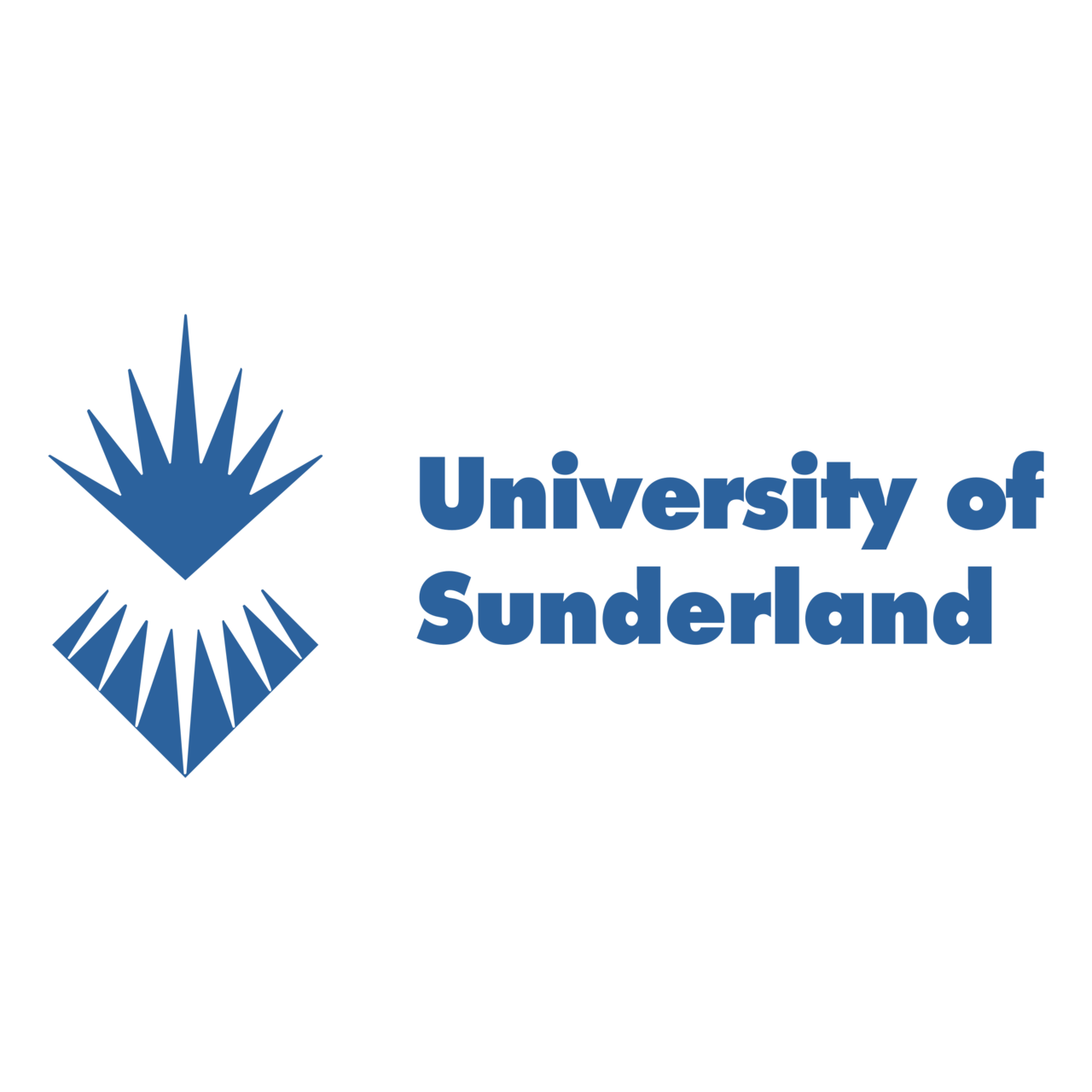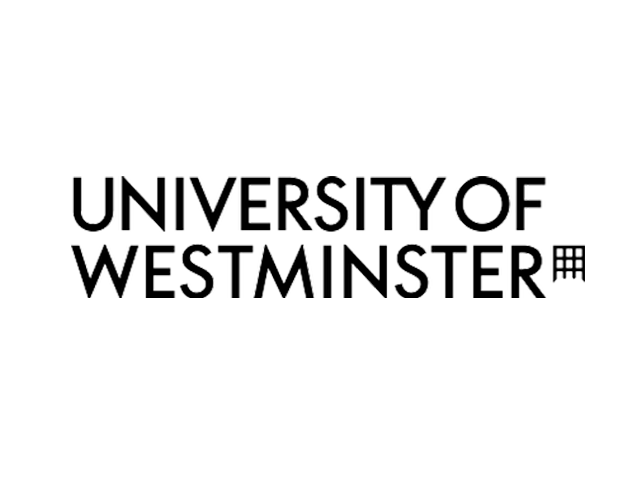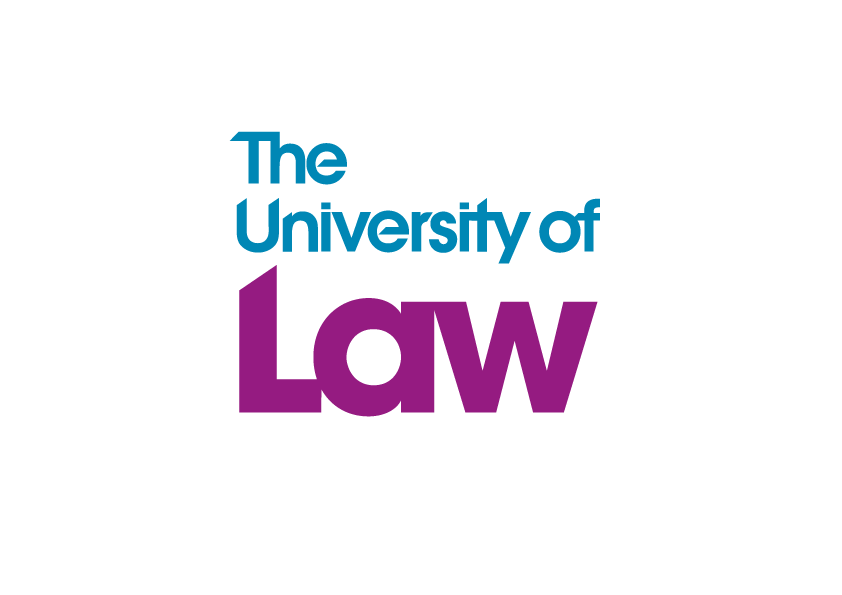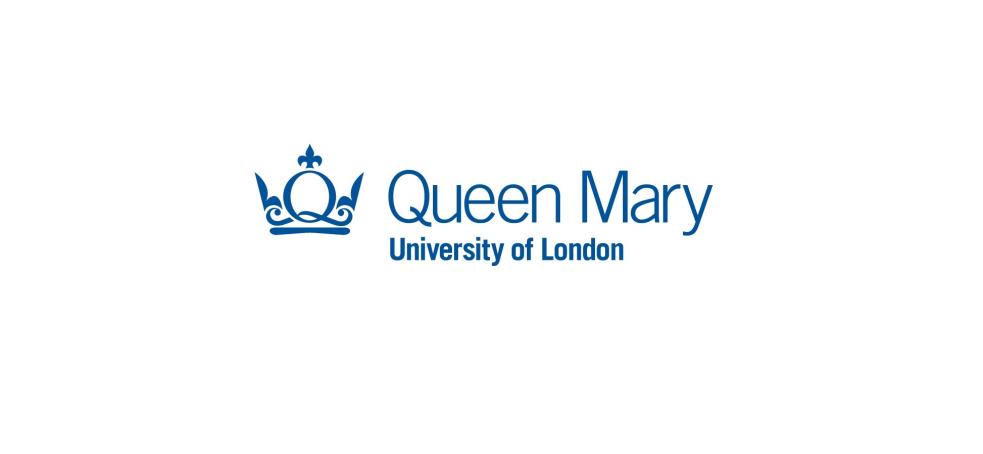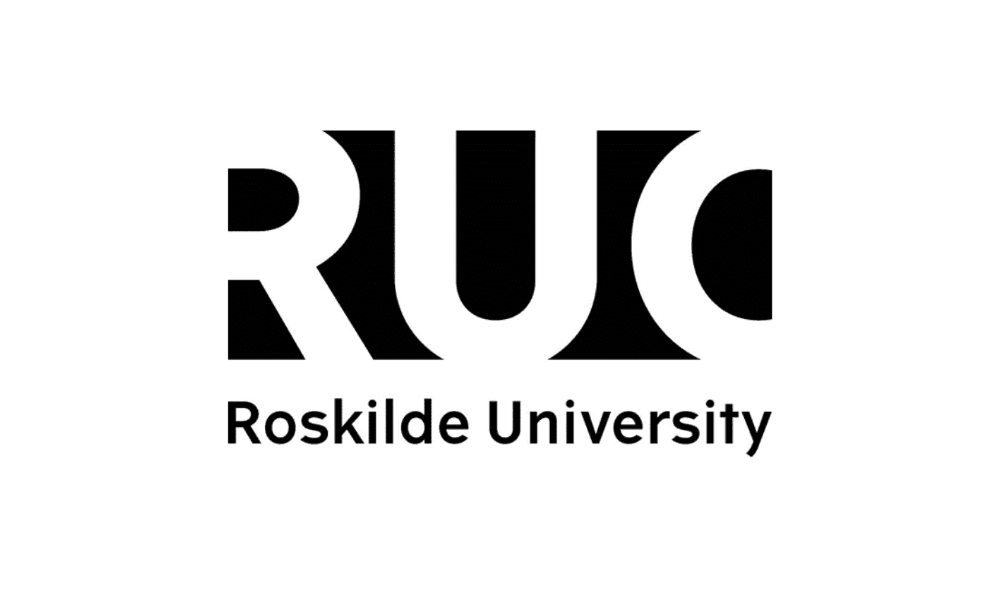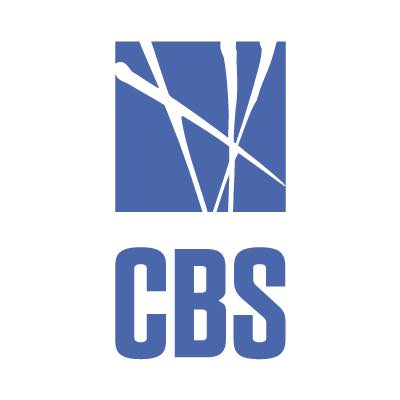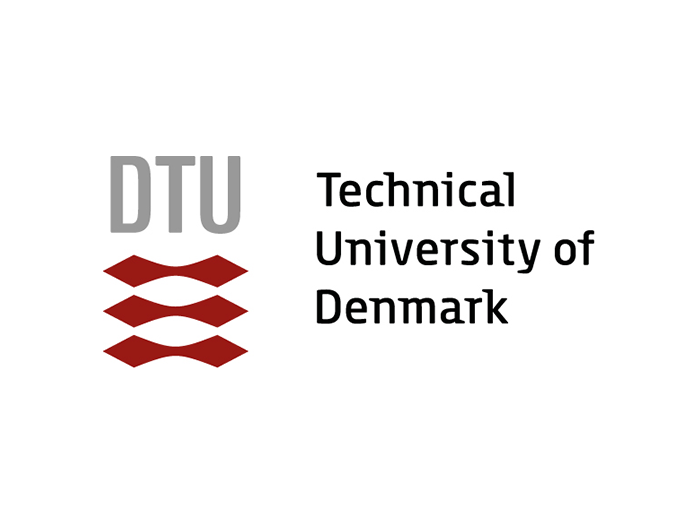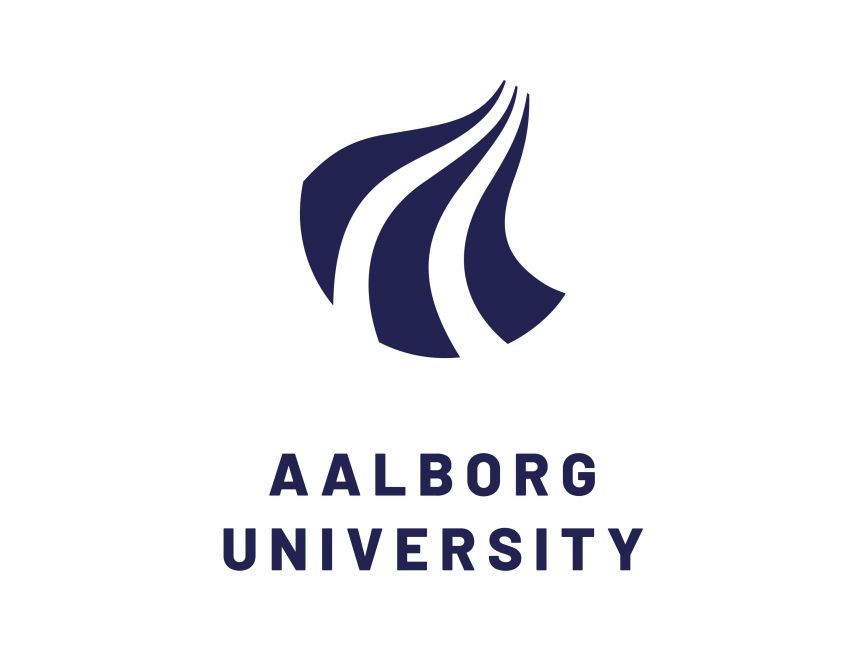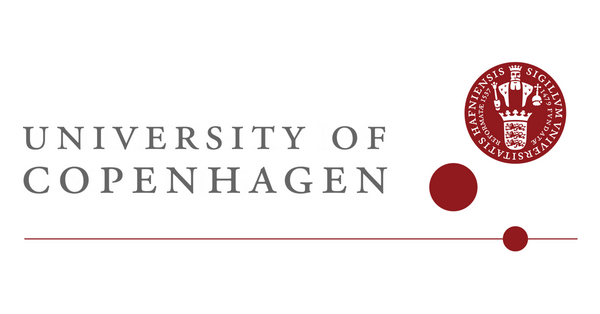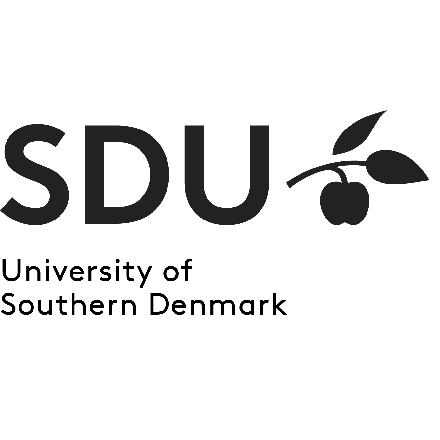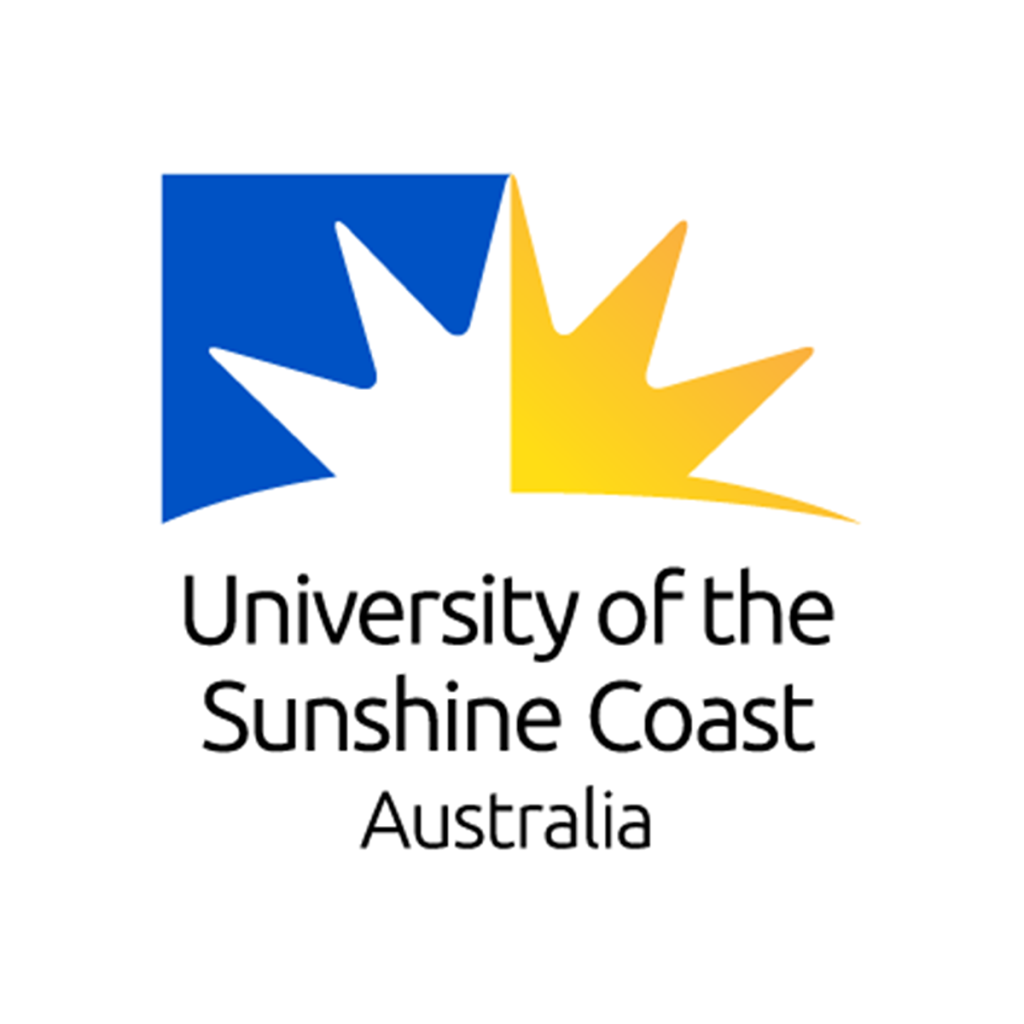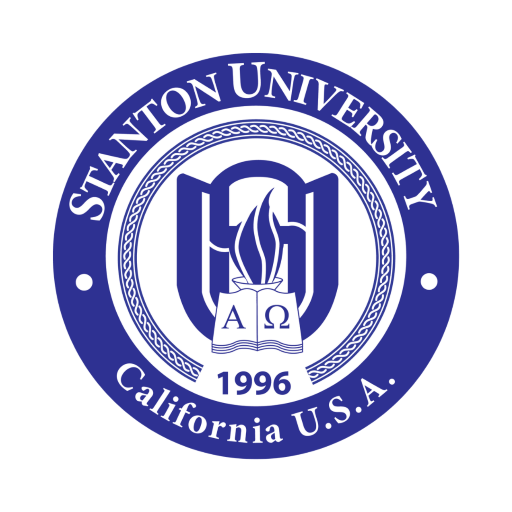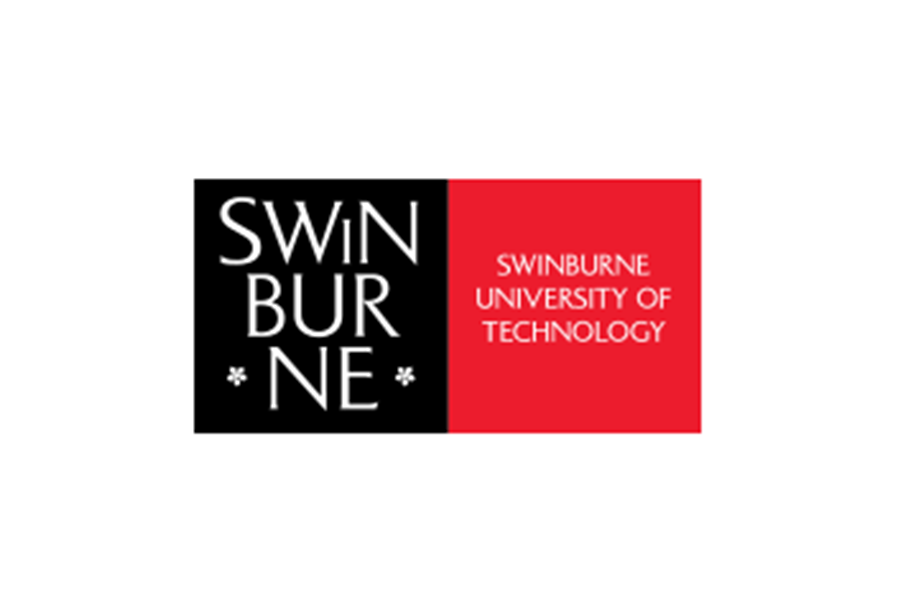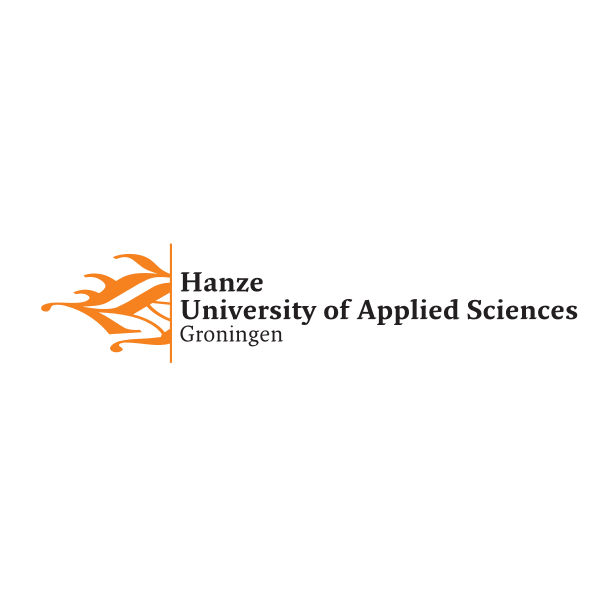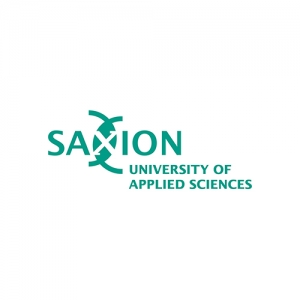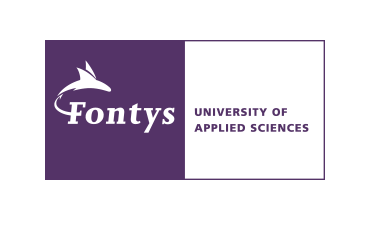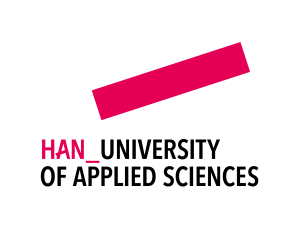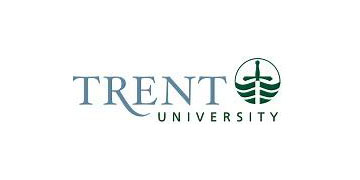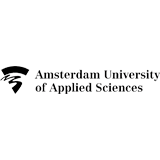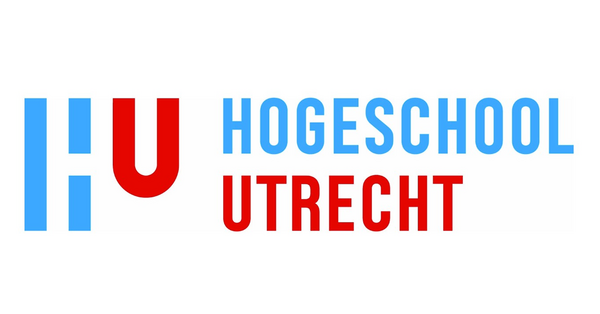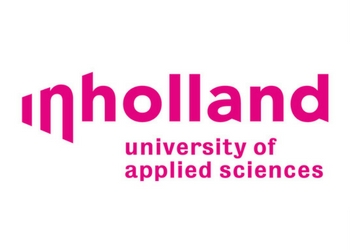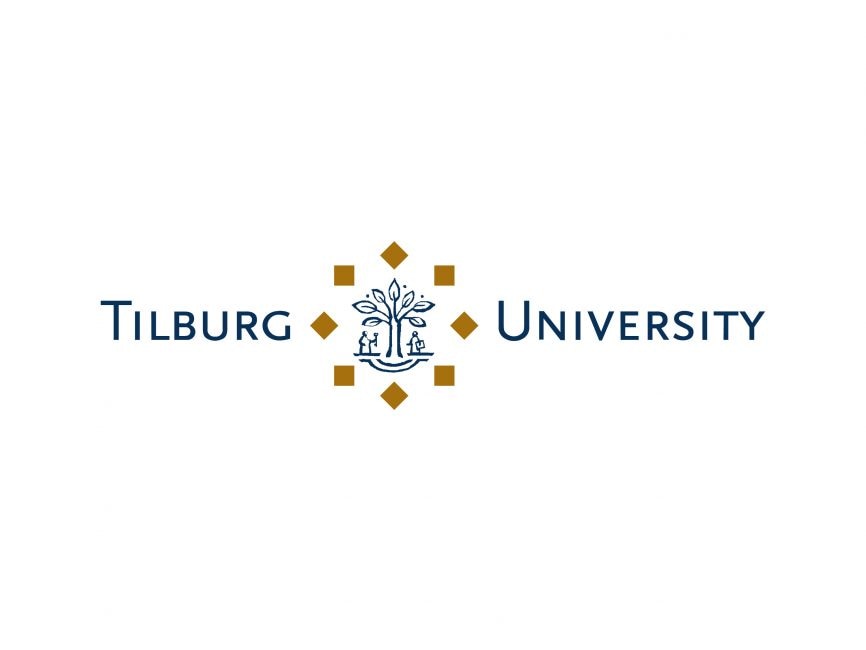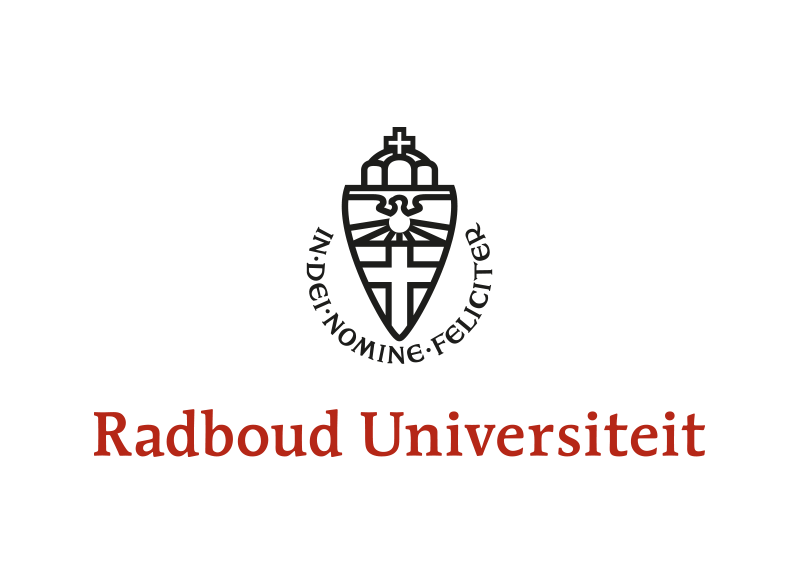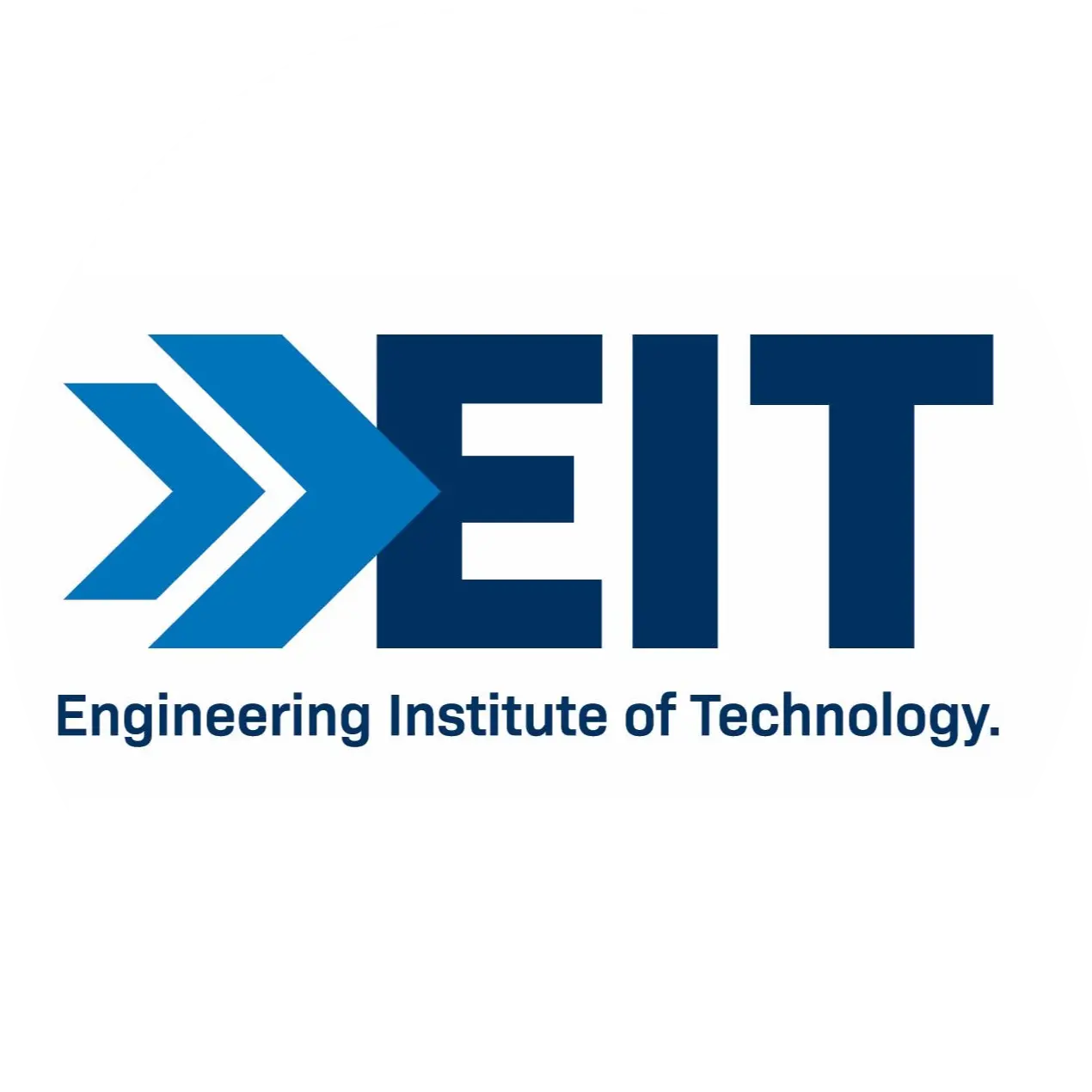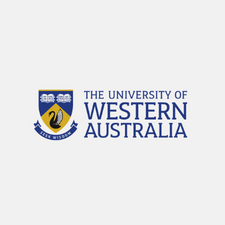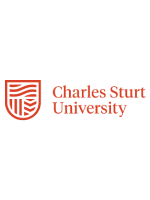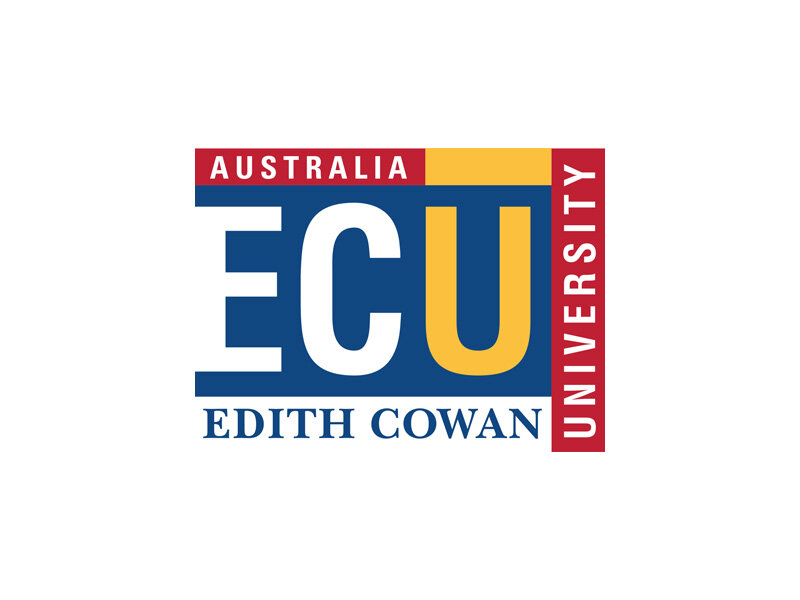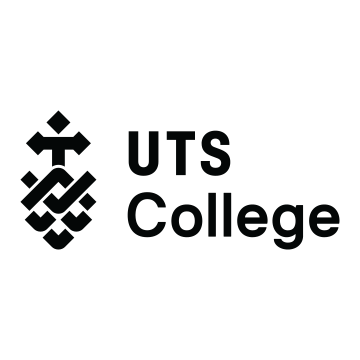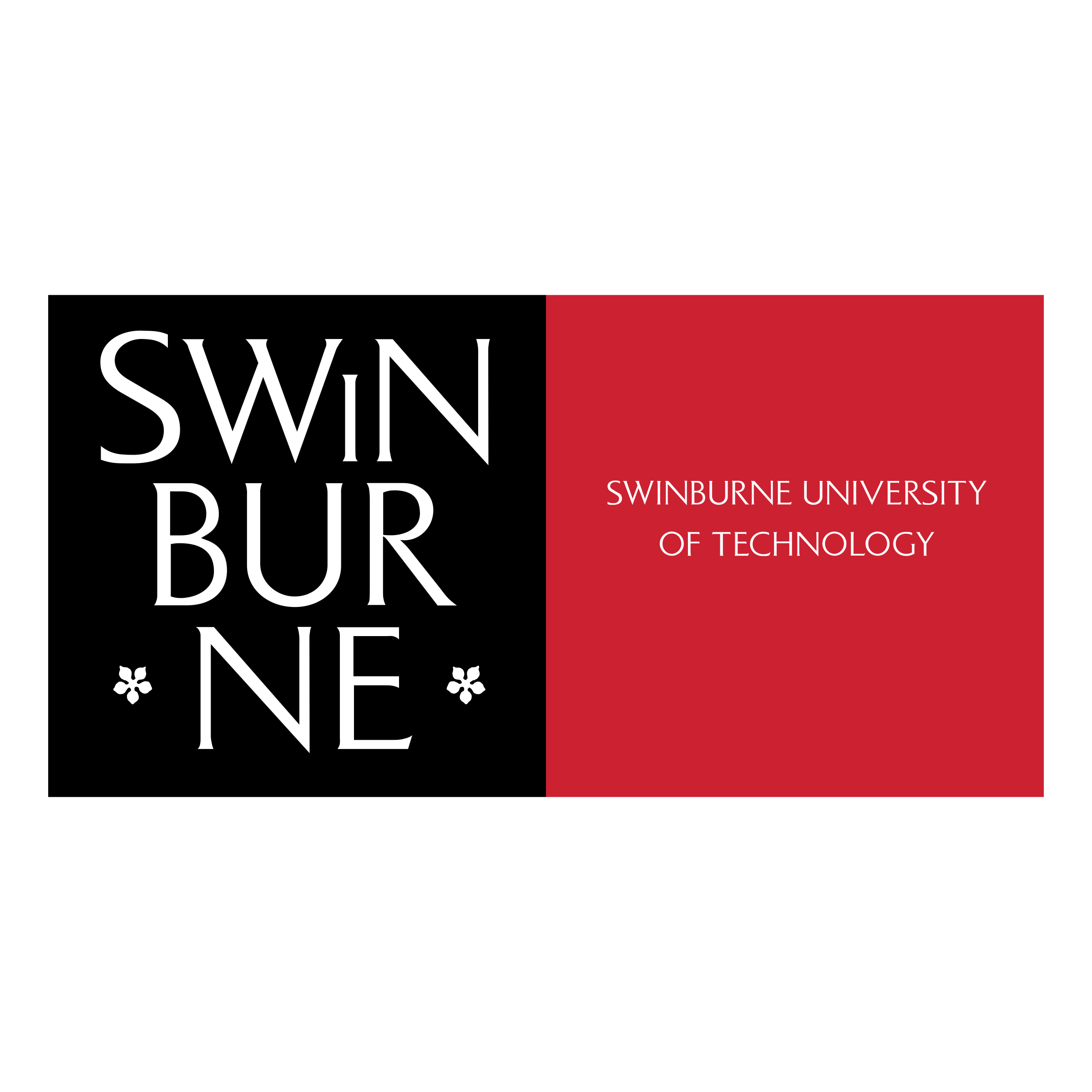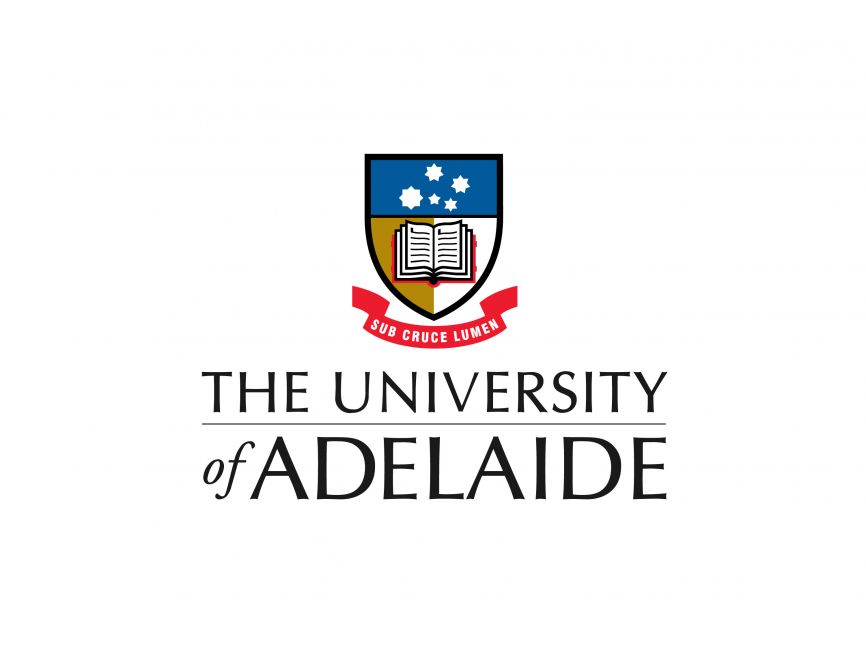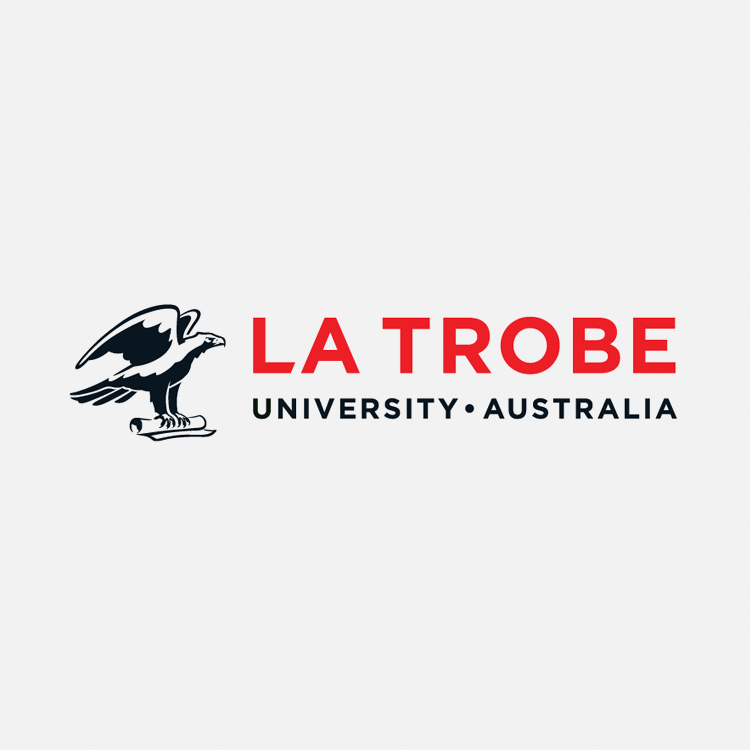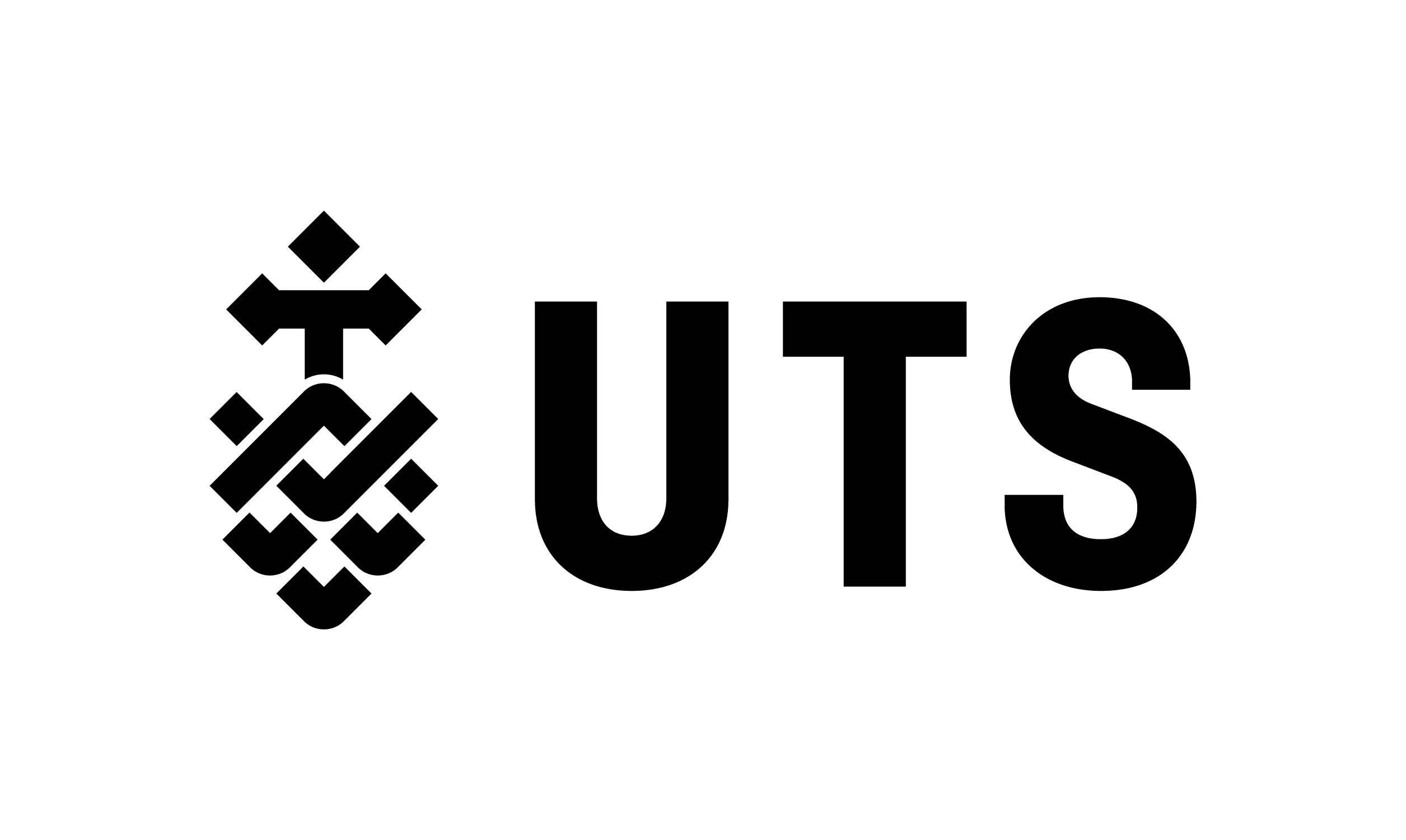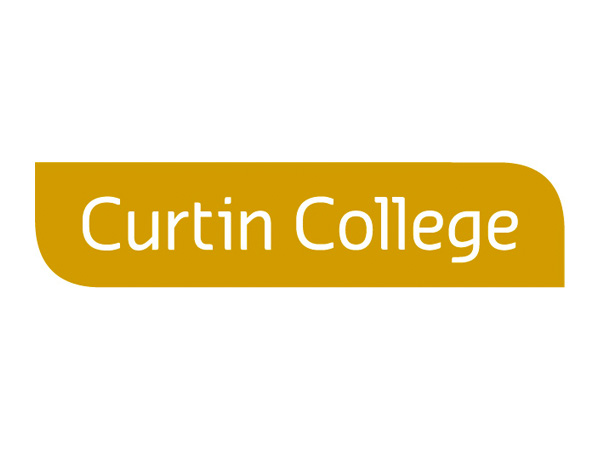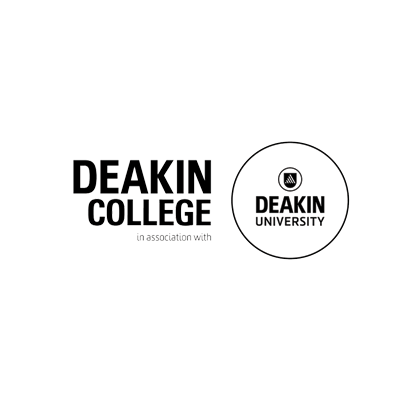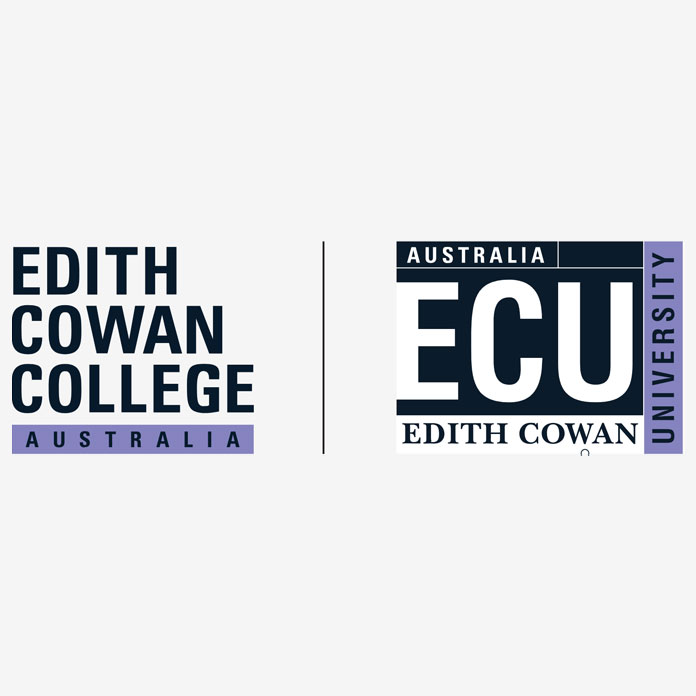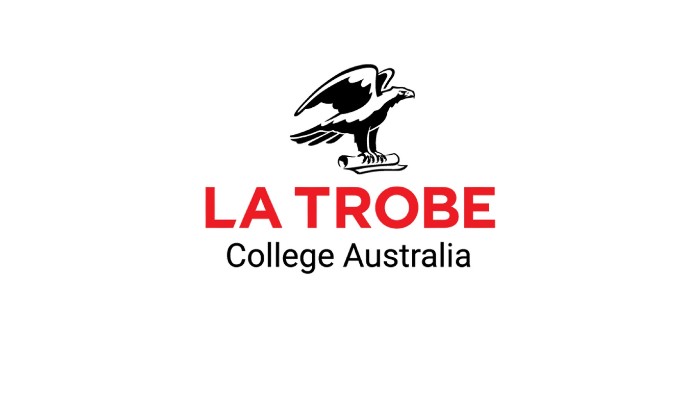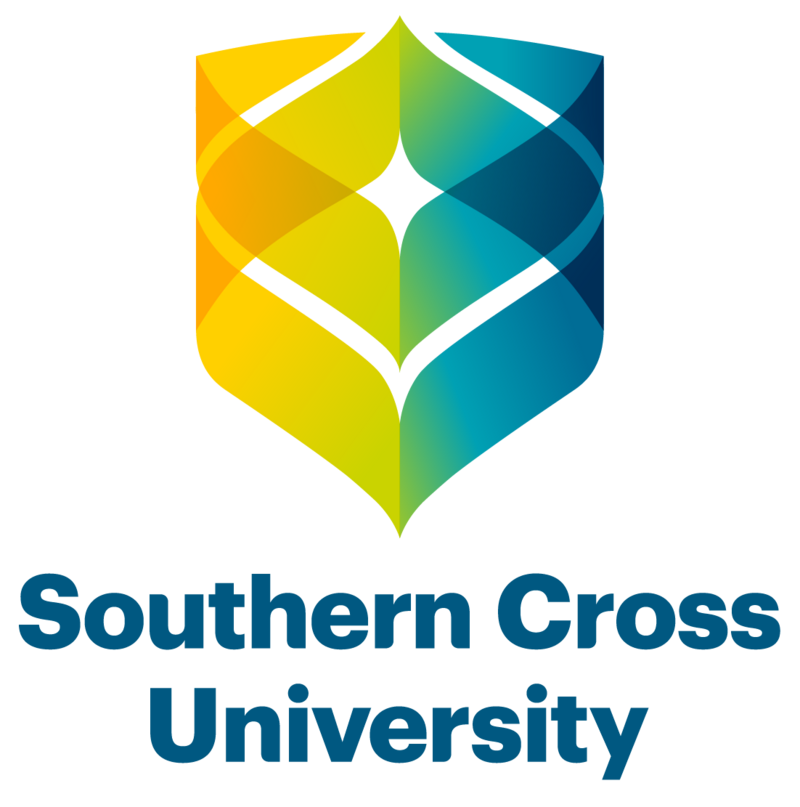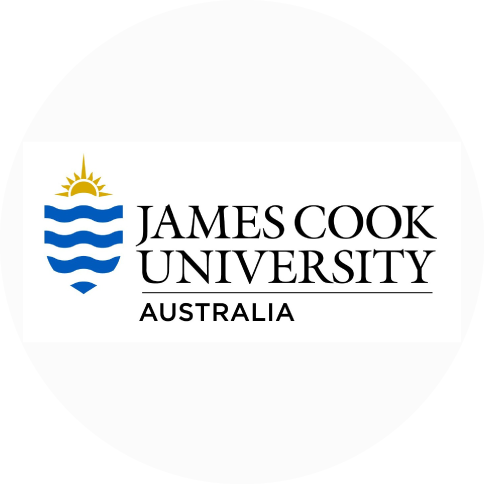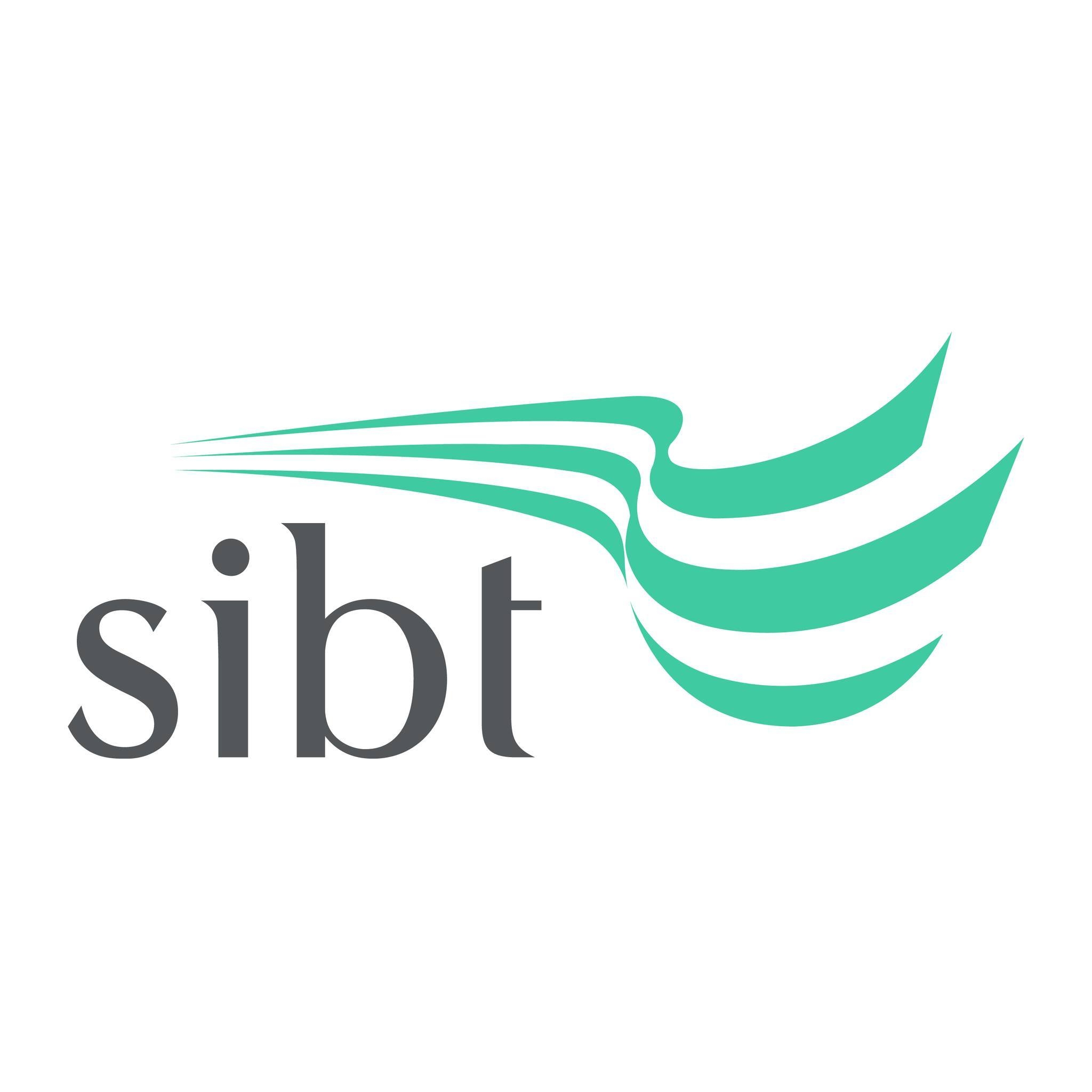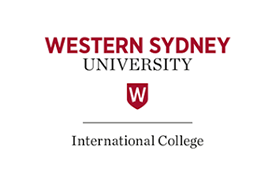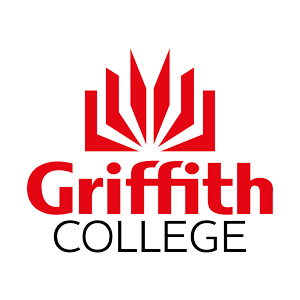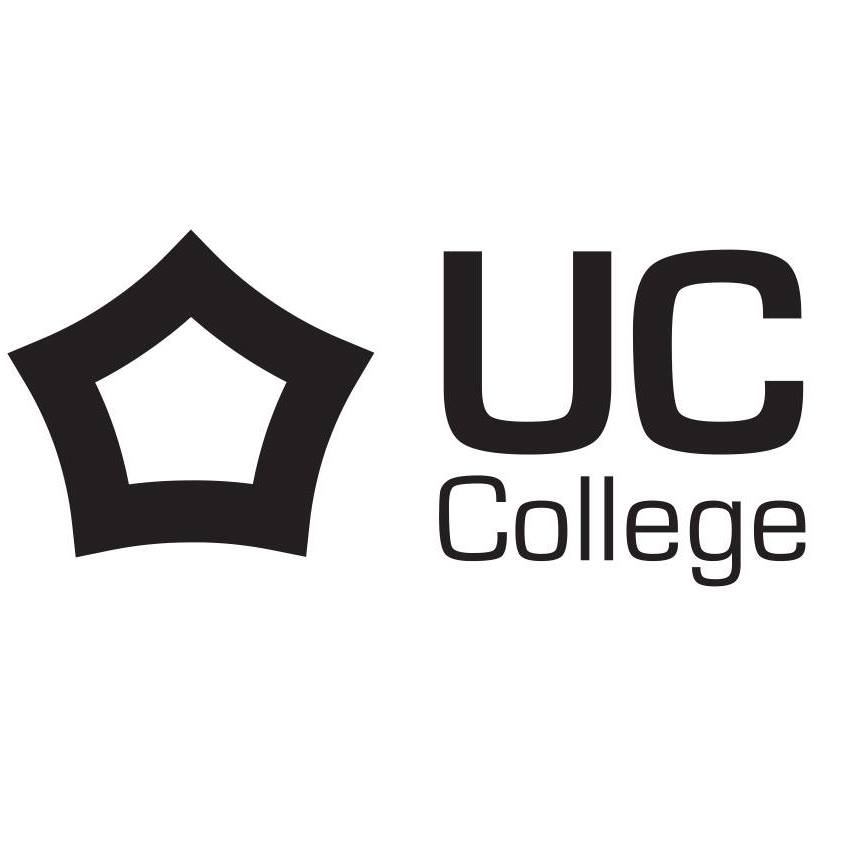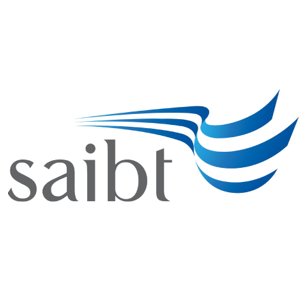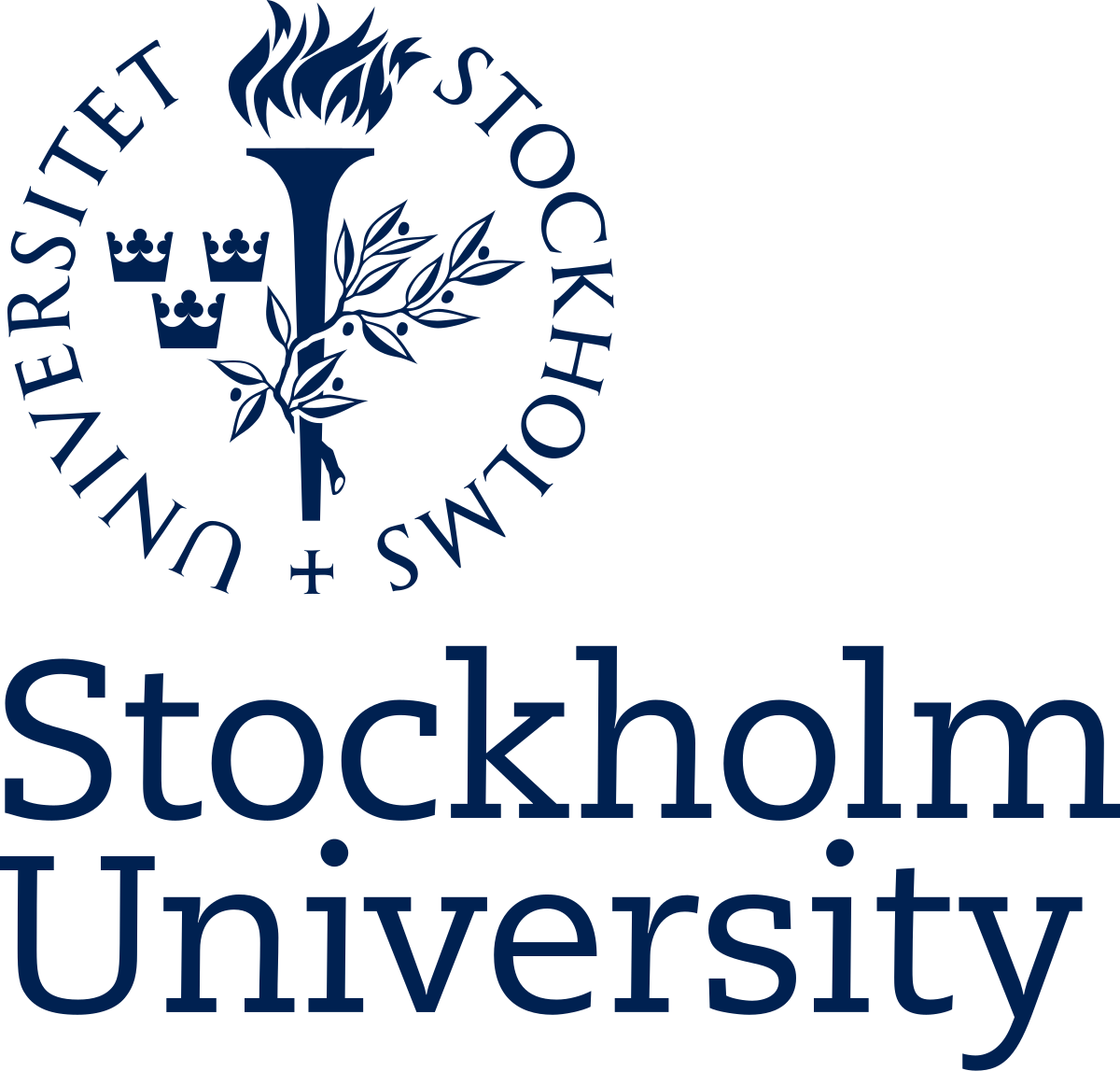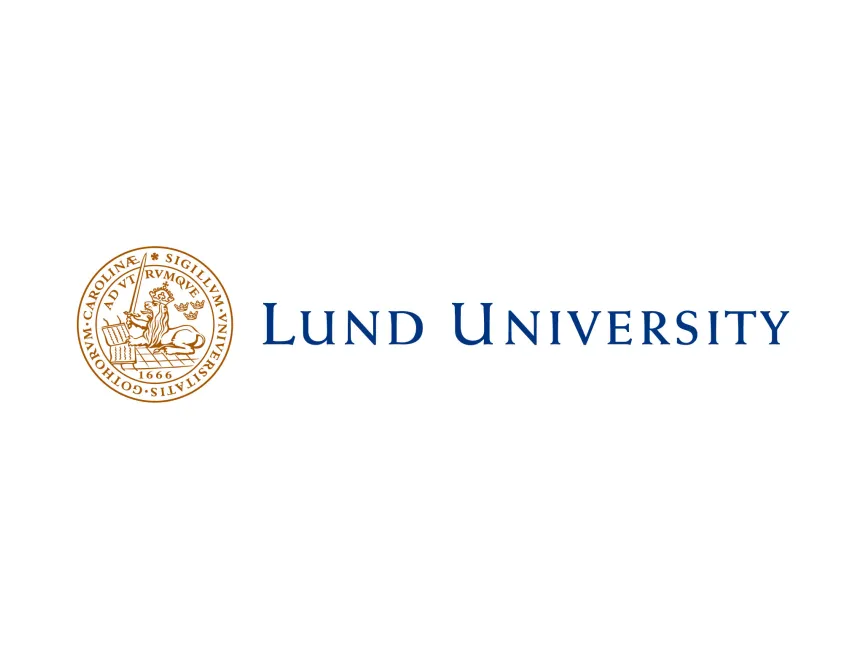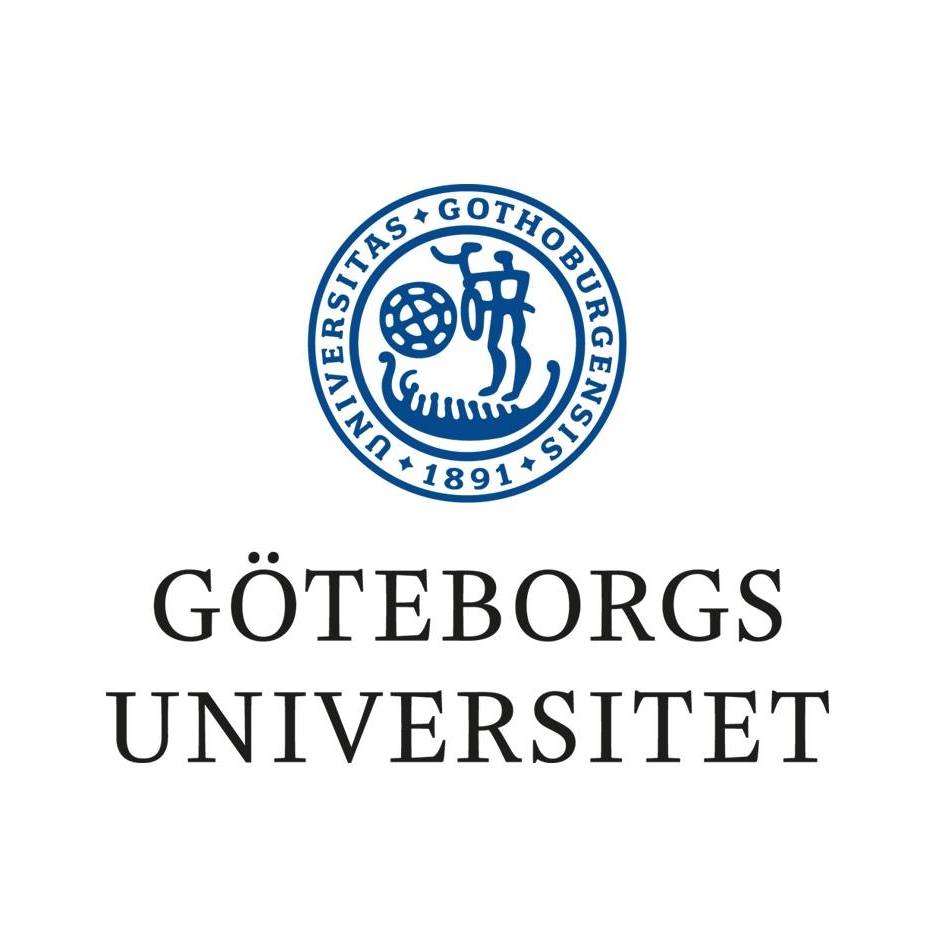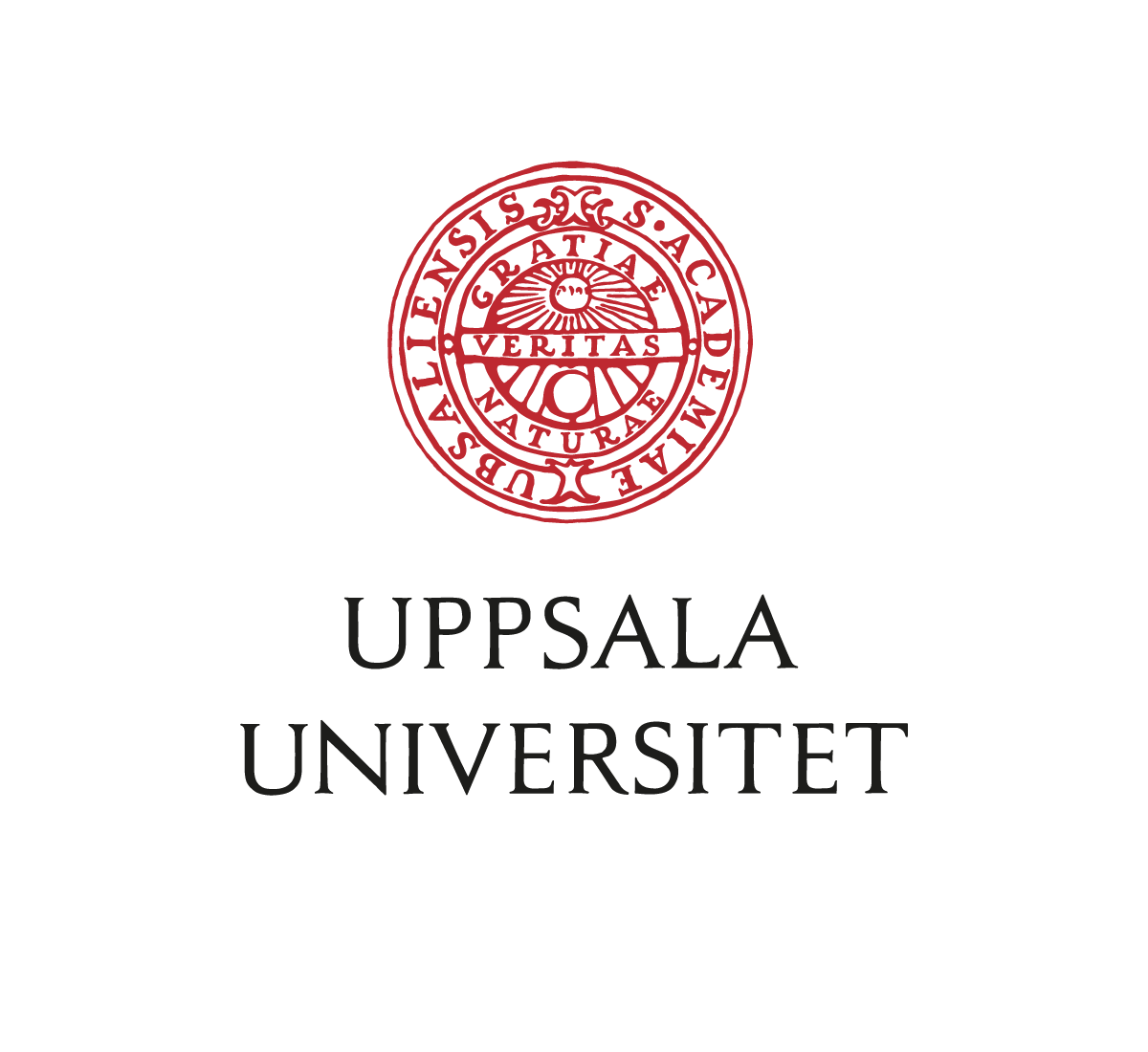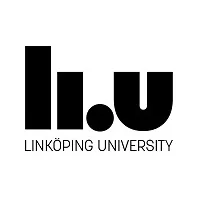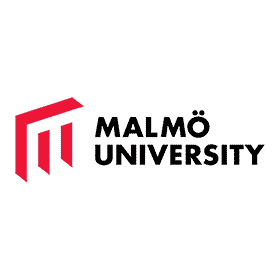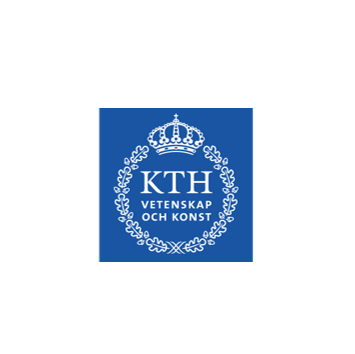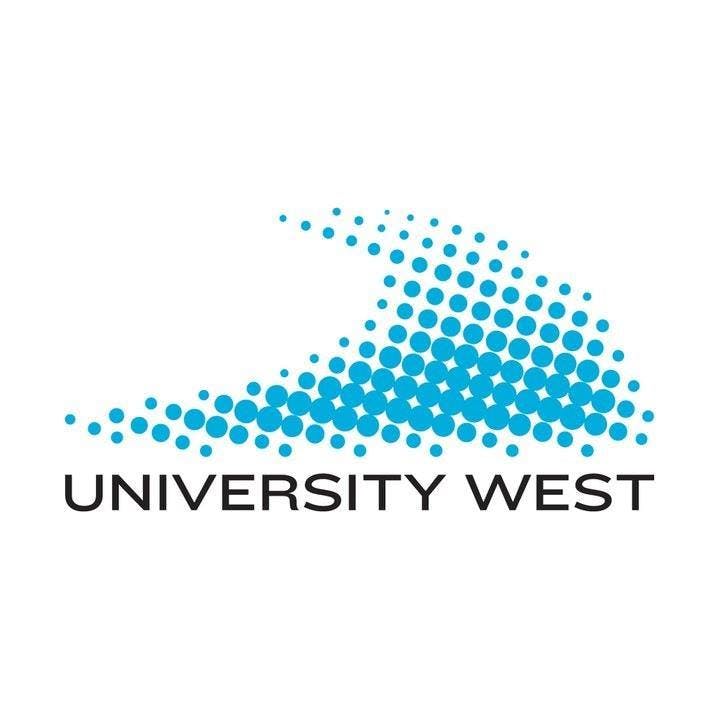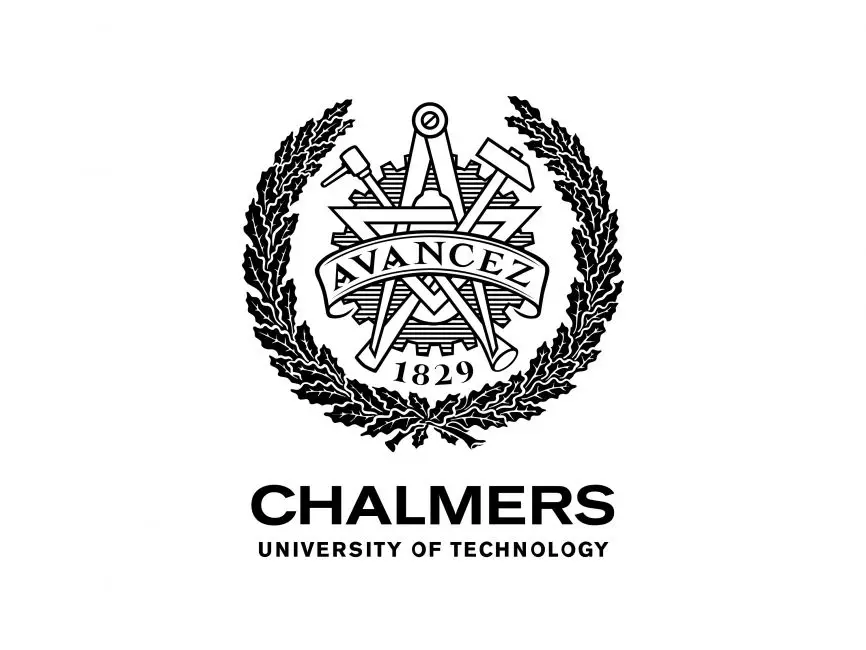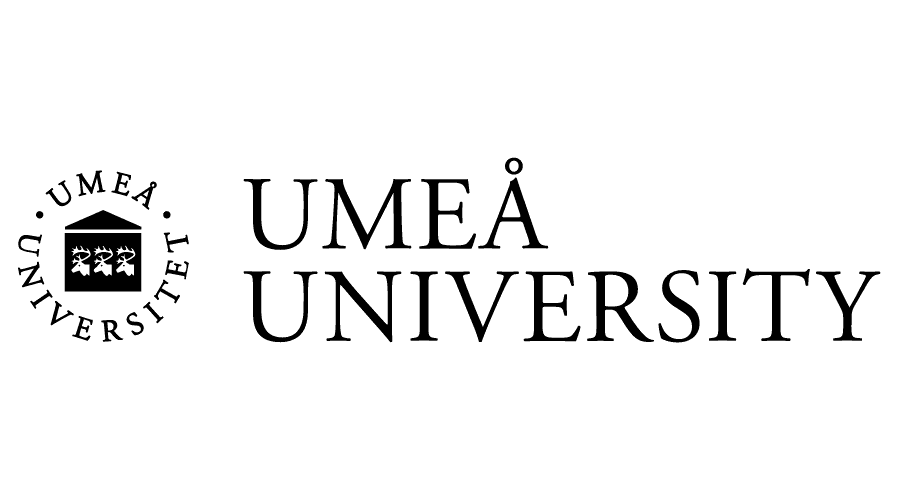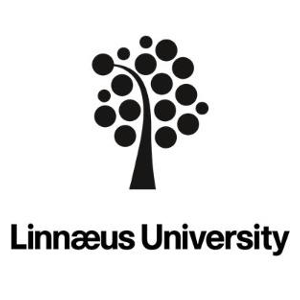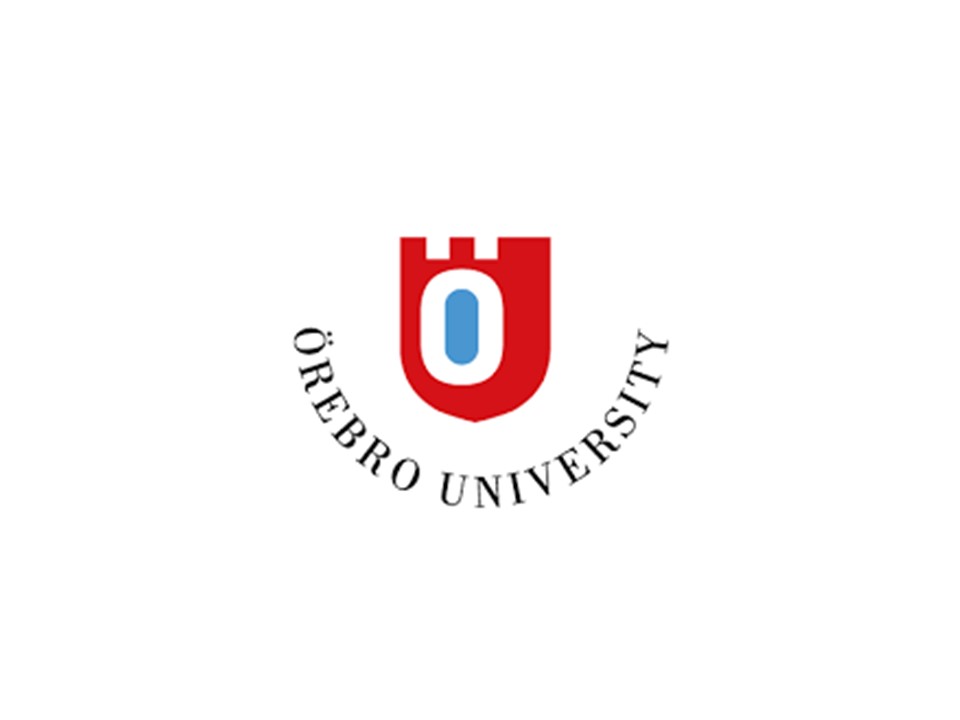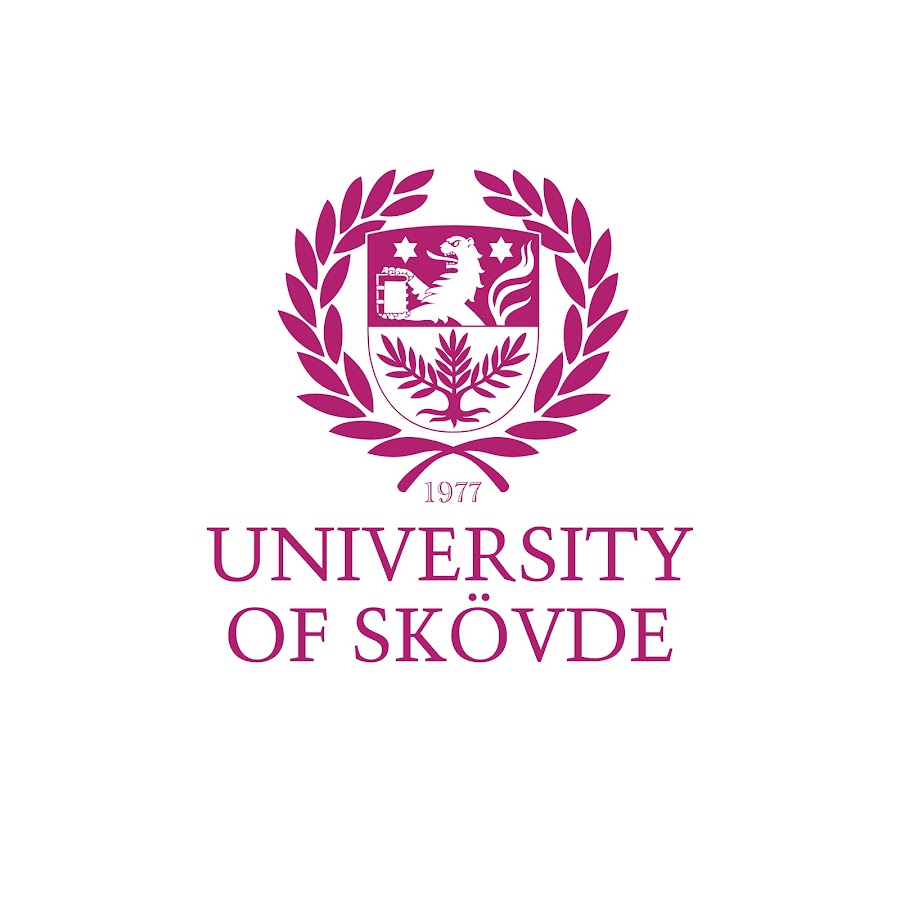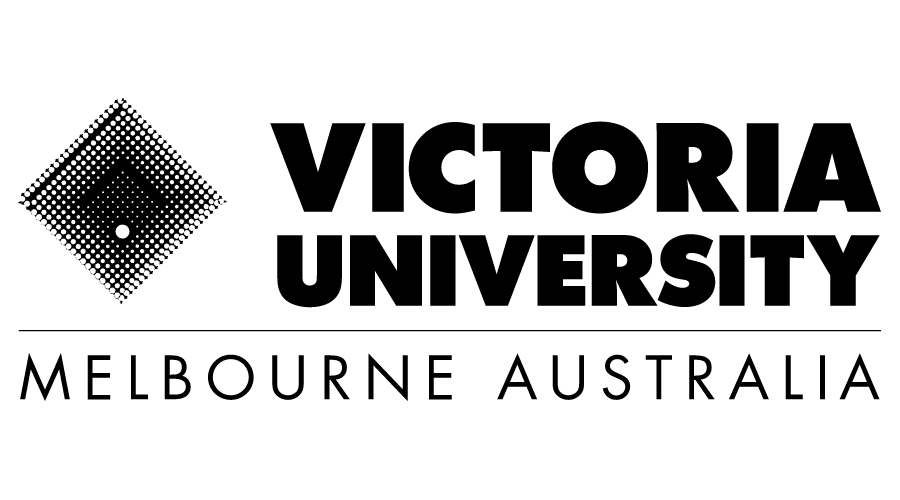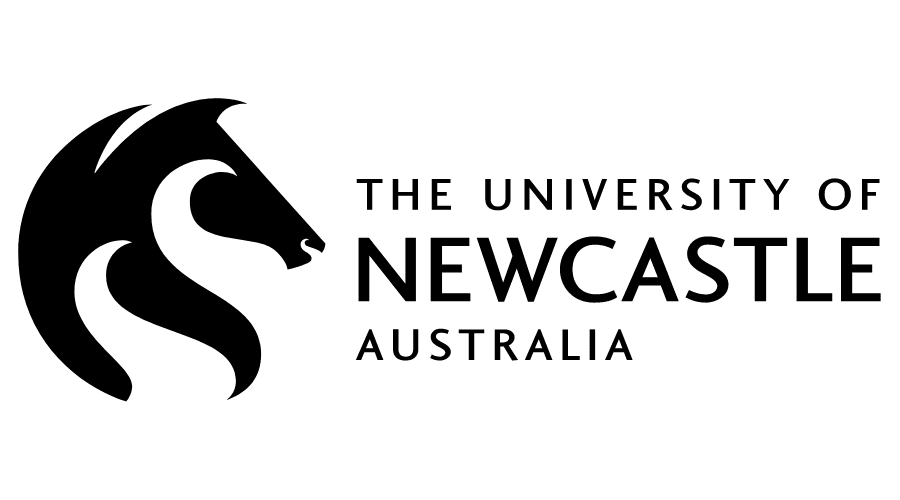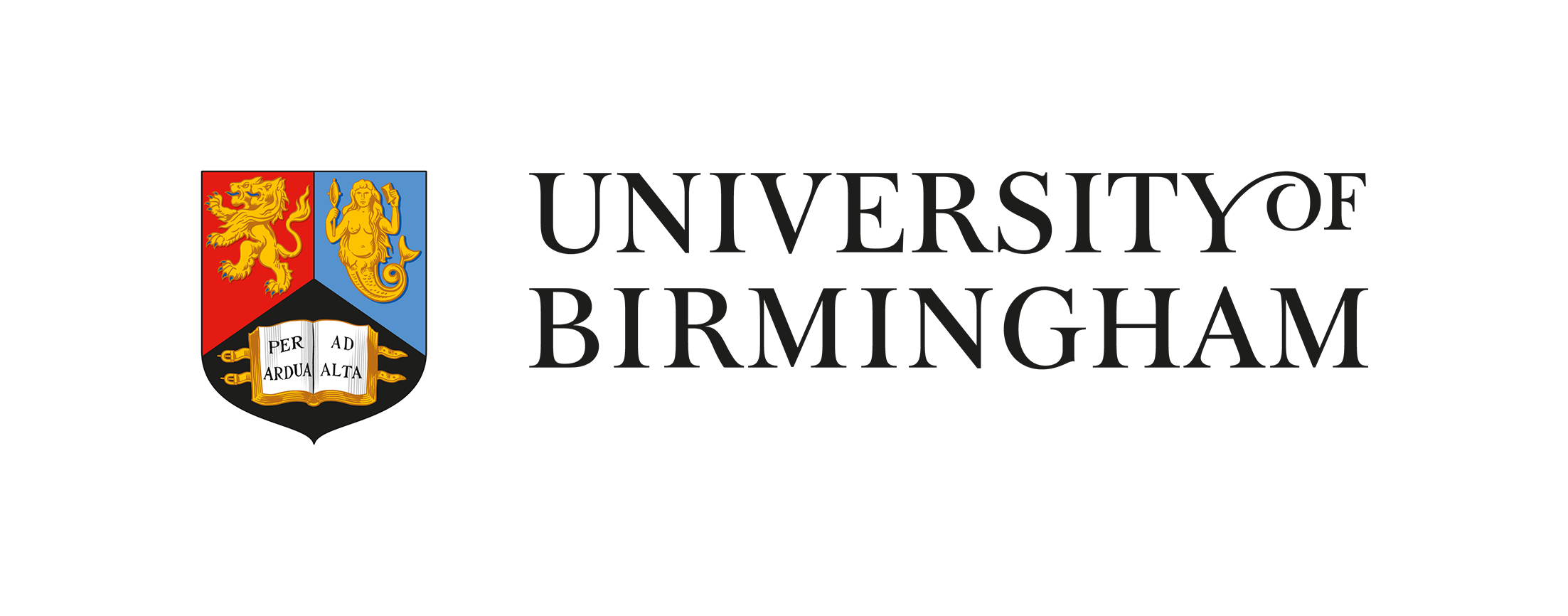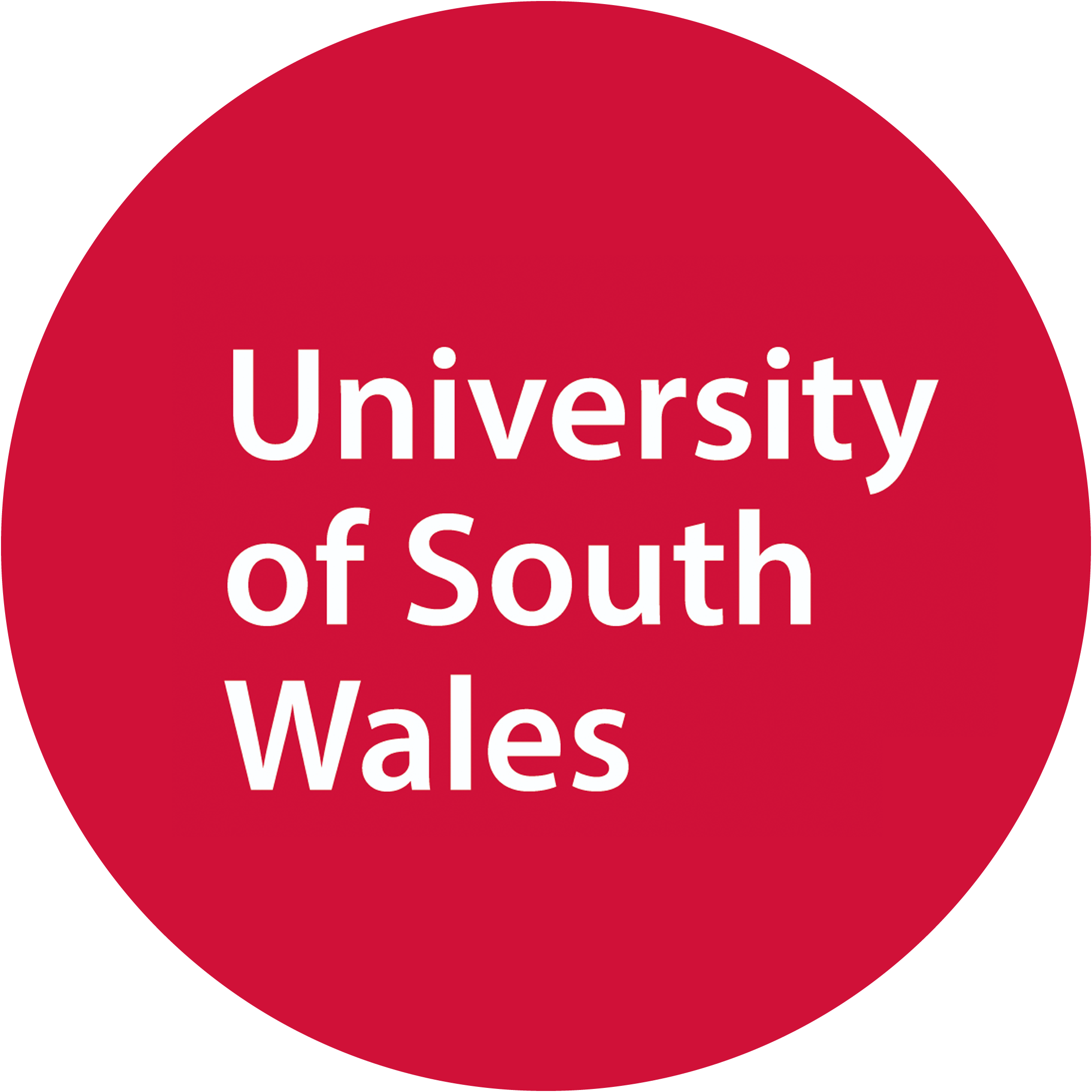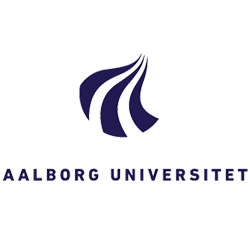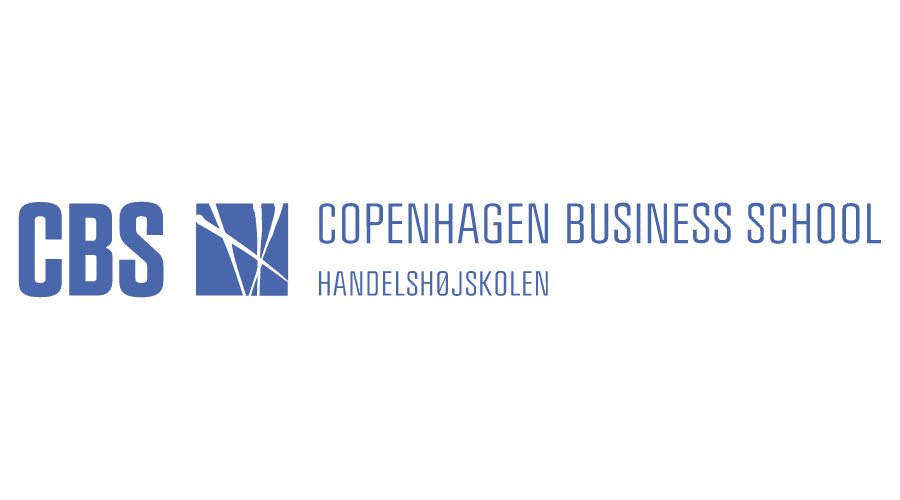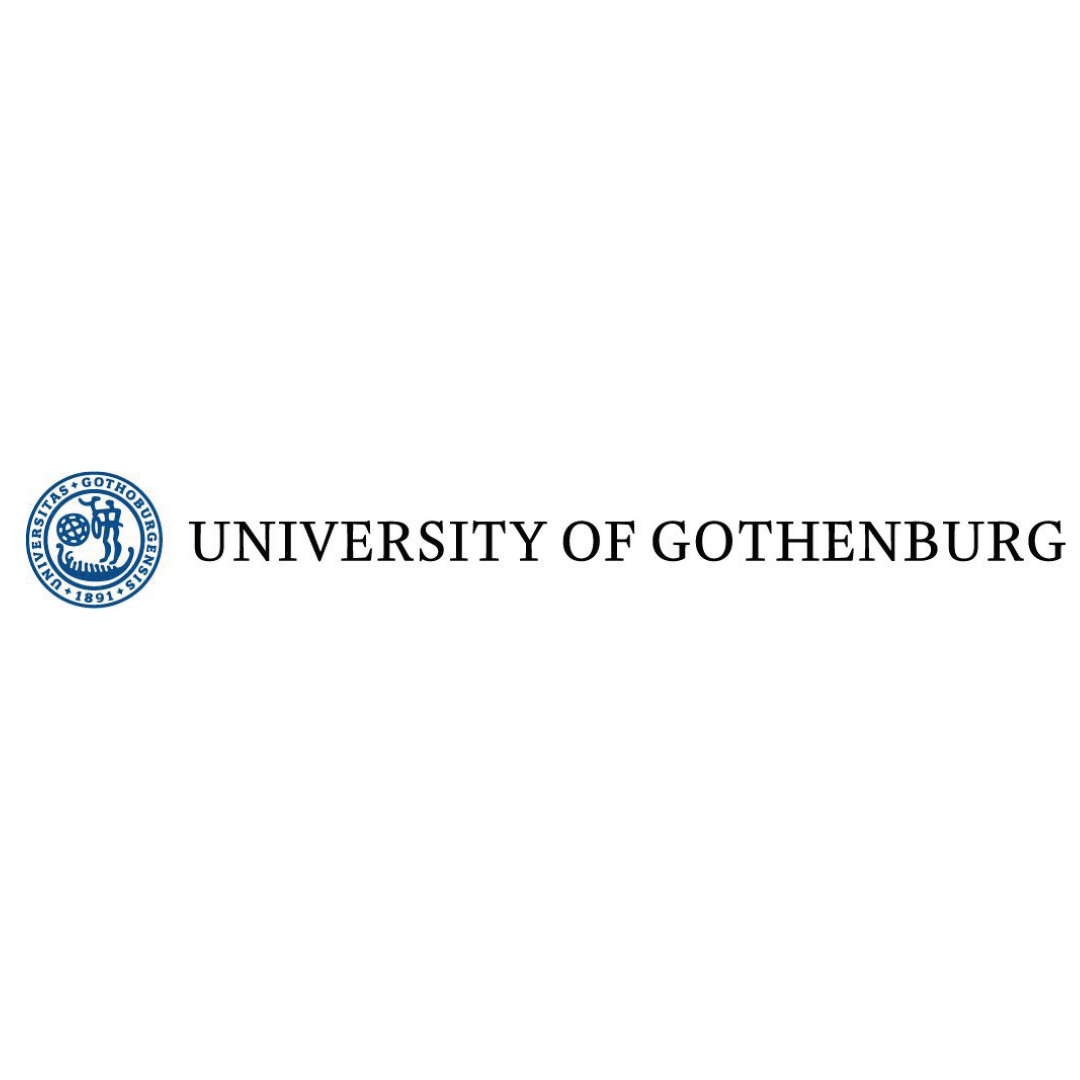EXPERIENCE DIVERSE CULTURAL OPPORTUNITIES THROUGH STUDYING ABROAD IN THE UNITED STATES.
The United States, with its natural wonders and expansive landscapes, draws thousands of students annually. International students flock to the USA each year in search of heartwarming adventures along stunning coastlines, picturesque landscapes, and bustling cities. Opting to study in the USA is the ideal choice to immerse oneself in the authentic American lifestyle.

Why choose The United States?
Find out why United States has become one of the most popular destinations for international students
- Home to top-ranked universities and cutting-edge research facilities
- Wide range of academic programs and flexible study options
- Strong focus on innovation, entrepreneurship, and practical learning
- Diverse cultural experience with vibrant campus life
- Excellent career opportunities and Optional Practical Training (OPT) for international students
Get into an American University
The United States offers diverse study options, attracting many international students each year. IECC simplifies the process for students pursuing higher education in the USA.
- Expert Guidance: Assistance in choosing universities and applying for scholarships.
- Scholarship Opportunities: Wide range of scholarships available for diverse backgrounds.
- Work Rights: Options to work during and after studies.
- End-to-End Support: Document review and application submission. Visa processing assistance.
IECC ensures a seamless journey to studying in the USA.
Select Institutes
University
Specification
Scholarship Details
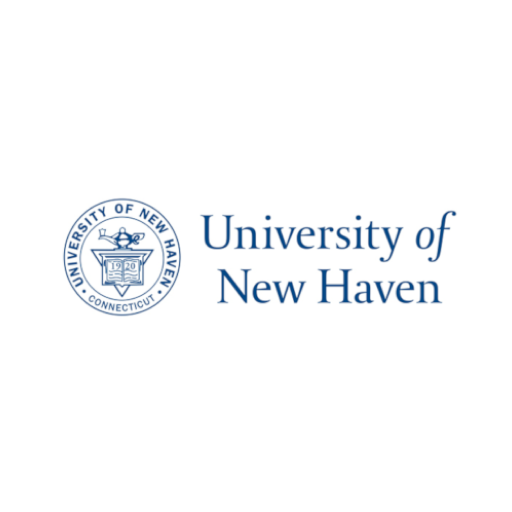
University of New Haven
➤ Ranked #59 in the North region.
➤ Ranked #251-300 in US
Quick View

Course Details
The program offers three tracks. You will choose one of the following: Financial accounting: This is the track if you want to become a Certified Public Accountant (CPA). Corporate accounting: You’ll develop the skills necessary to thrive in the corporate environment and become a CMA (Certified Management Accountant). Forensic accounting: Focus on financial crimes, including investigation and white-collar crime, through coursework in accounting and through the world-renowned Henry C. Lee College of Criminal Justice and Forensic Sciences. At the University of New Haven, you can earn the certifications you need even sooner than you would at most other schools. As an undergraduate, you can meet or exceed requirements for the CPA exam in most states, or you can begin the process of becoming a CMA before you even graduate. You might also choose to enter the Fast Track program, which allows you to complete your bachelor’s degree and master’s degree in 4 years or 5 years.
| Total Subjects | 25 |
|---|---|
| Total Credits | 121 |
| Intake | Fall semester |
| English Proficiency Level | IELTS - 6.0 , TOEFL - 75 , SAT - 450 (Evidence - Based Reading and Writing Score) |
| Duration | 4 Years |
The University of New Haven's B.S. in Actuarial Science delivers the mathematical background needed to pursue a successful career as an actuary, financial analyst, or market research analyst upon graduation. Through the program, you will learn to: solve problems involving essential mathematical computations employ various computational software use mathematical, probabilistic, and statistical tools to evaluate future risk and contingent events demonstrate a command of advanced mathematical topics acquire the business skills that businesses and government agencies seek
| Total Subjects | 25 |
|---|---|
| Total Credits | 121 |
| Intake | Fall semester |
| English Proficiency Level | IELTS - 6.0 , TOEFL - 75 , SAT - 450 (Evidence - Based Reading and Writing Score) |
| Duration | 4 Years |
The University of New Haven's Art & Creative Technology program offers you professional art training within the context of a top-tier university, enriched by the resources of a liberal arts education. The department places a particular emphasis on the history and context of art and design, weaving contemporary visual culture together with the world around us. You’ll develop your critical thinking skills early — in foundation classes that lend themselves to producing work that is both technically proficient and challenges conventional ideas of art. A low student-to-faculty ratio, paired with faculty mentorship, guidance, and independent study opportunities, promote an atmosphere of exploration, communication, and artistic growth.
| Total Subjects | 26-27 |
|---|---|
| Total Credits | 120 |
| Intake | Fall semester |
| English Proficiency Level | IELTS - 6.0 , TOEFL - 75 , SAT - 450 (Evidence - Based Reading and Writing Score) |
| Duration | 4 Years |
Our Program Gives You All the Elements for Success To prepare you for this highly collaborative field, the University of New Haven’s B.S. in Biochemistry program integrates courses in biology and chemistry to give you a holistic view of how chemical interactions influence biological systems. The knowledge you gain in the classroom will be put to work in hands-on laboratory courses, where you will develop your proficiency in conducting scientific experiments using our high-tech instrumentation to analyze and evaluate experimental results. In addition: You will have the unique opportunity to perform mentored research with faculty from both the Biology and Chemistry programs, adding depth to your research experience, which will impress future employers. Because biochemists — like everyone else— must possess the soft skill of effective communication, you will develop the ability to critically assess and effectively communicate your knowledge of biology, chemistry, and experimental results both orally and in writing. You will develop proficiency in the use and critical evaluation of scientific literature and biological and/or chemical databases.
| Total Subjects | 28 |
|---|---|
| Total Credits | 120 |
| Intake | Fall semester |
| English Proficiency Level | IELTS - 6.0 , TOEFL - 75 , SAT - 450 (Evidence - Based Reading and Writing Score) |
| Duration | 4 Years |
In biology, there are questions to be asked and problems to be solved. Through the biology program at the University of New Haven, you will learn to do both successfully, applying the theoretical knowledge you gain in the classroom in hands-on laboratory activities and engaging in field work right from the start. You’ll study life in its most basic and its most complex forms as you explore and expand the framework that informs our understanding of the wonders of the natural world.
| Total Subjects | 30 |
|---|---|
| Total Credits | 120 |
| Intake | Fall semester |
| English Proficiency Level | IELTS - 6.0 , TOEFL - 75 , SAT - 450 (Evidence - Based Reading and Writing Score) |
| Duration | 4 Years |
We are surrounded by data. Who makes sense of all this data and extract valuable insights from it? More to the point, who knows how to decipher it for greater business success? The person with a degree in business analytics, a highly in-demand professional who can help organizations understand and manage the profit-making potential of this gold mine of information. The B.S. in Business Analytics at the University of New Haven will provide you with the analytics skills to be this indispensable individual. Through the program, you will gain organizational and technical competencies in business intelligence & analytics, learn how to interpret data for business applications and acquire the proper skills to make data-driven business decisions. We will train you in a wide range of data analytics methods, while also giving you specialization opportunities in sport management, marketing analytics, or operations & supply chain management. Our business analytics major is STEM-certified (science, technology, engineering, and math) by the federal government and includes concentrations in: Global Supply Chain Analytics Managerial Economics Marketing Analytics Sport Management.
| Total Subjects | 30 |
|---|---|
| Total Credits | 120 |
| Intake | Fall semester |
| English Proficiency Level | IELTS - 6.0 , TOEFL - 75 , SAT - 450 (Evidence - Based Reading and Writing Score) |
| Duration | 4 Years |
You can pursue our general management concentration, or you choose from one of these focus areas: Esports management: Learn how to become a leader in this billion dollar – and growing – industry by studying in the only esports administration program that is part of a business curriculum accredited by AACSB. Want a deeper immersion into the field? See our B.S. in Esports and Gaming. Sport management: Prepare for a career in professional sport management or collegiate athletics administration. Human resource management: Become a leader in helping to develop the most important capital of any business: its employees. Criminal Justice: Prepare to manage security forces, cybersecurity professionals, and others who mitigate the wide range of risks facing any private company or enterprise.
| Total Subjects | 30 |
|---|---|
| Total Credits | 120 |
| Intake | Fall semester |
| English Proficiency Level | IELTS - 6.0 , TOEFL - 75 , SAT - 450 (Evidence - Based Reading and Writing Score) |
| Duration | 4 Years |
As a Chemical and Biomolecular Engineering major at the University of New Haven, you will: Learn to identify, formulate, and solve engineering problems Design and conduct experiments in state-of-the-art laboratories, then analyze and interpret data Master modern techniques, skills, software, and engineering tools Design systems, components, and processes to meet specific needs and comply with realistic economic, environmental, social, ethical, and political restraints Learn the fundamentals of thermodynamics, reactor design, process controls, and fluid dynamics Pursue research projects in conjunction with University of New Haven faculty Personalize coursework and focus in specific areas, such as biotechnology, chemistry, sustainable energy, and environmental engineering Gain hands-on experience through lab experience, internships, and study abroad opportunities Participate in a Senior Design course, where you will complete a sponsored team project using current chemical engineering technology Have the opportunity to join on-campus clubs and organizations, including University of New Haven chapters of the American Chemical Society and the American Institute of Chemical Engineers as well as the Forensic Science and Chemistry Club
| Total Subjects | 30 |
|---|---|
| Total Credits | 120 |
| Intake | Fall semester |
| English Proficiency Level | IELTS - 6.0 , TOEFL - 75 , SAT - 450 (Evidence - Based Reading and Writing Score) |
| Duration | 4 Years |
Chemistry is considered the ""central science"" because it connects the physical sciences with the life sciences and applied sciences. Our lives revolve around it. Chemistry is involved in everything we do, from growing and cooking food to cleaning our homes and bodies to launching a space shuttle. As a chemistry major at the University of New Haven, you’ll study this powerful science in depth. The program is uniquely flexible, allowing you to concentrate, minor, or double major in related fields. You’ll create your own path — and be closely guided by our expert faculty along the way.
| Total Subjects | 22 |
|---|---|
| Total Credits | 120 |
| Intake | Fall semester |
| English Proficiency Level | IELTS - 6.0 , TOEFL - 75 , SAT - 450 (Evidence - Based Reading and Writing Score) |
| Duration | 4 Years |
The structure of our society – roads, bridges, tunnels, railroads, dams, and airports – all depend on the skill of civil engineers. To a large extent, so does the health, safety, and welfare of the individuals in that society. In fact, civil engineers have saved more lives, through clean water and sanitation systems, than all of the doctors in history. In the University of New Haven’s B.S. in civil engineering program, students participate in a multi-disciplinary curriculum that combines mathematics, science, communication, humanities, and social science with a broad base of civil engineering technologies.
| Total Subjects | 30 |
|---|---|
| Total Credits | 120 |
| Intake | Fall semester |
| English Proficiency Level | IELTS - 6.0 , TOEFL - 75 , SAT - 450 (Evidence - Based Reading and Writing Score) |
| Duration | 4 Years |
What Can You Do with a Communications Degree? Pretty much anything you’re passionate about! And you’ll hit the ground running at the University of New Haven. When you major in Communication, our program will prepare you to be an innovator in entertainment, film, multiplatform journalism, public relations, and mass media, including television, radio, and podcasting. Choose from concentrations in: Film Production and Media Entrepreneurship Multi-Platform Journalism and Media (includes Television Production) Public Relations and Digital Media
| Total Subjects | 20 |
|---|---|
| Total Credits | 120 |
| Intake | Fall semester |
| English Proficiency Level | IELTS - 6.0 , TOEFL - 75 , SAT - 450 (Evidence - Based Reading and Writing Score) |
| Duration | 4 Years |
Computer engineering involves the design and development of computer hardware and software and an understanding of how the computer and its devices interact — which is why computer engineering is closely allied with electrical engineering and computer science. A computer engineer’s job also includes integrating software options with the hardware that will drive applications in many different fields such as: Biomedical engineering/food industry Design of digital systems in general Robotics/microcontroller/ microprocessor applications Design and operation of data communications systems
| Total Subjects | 30 |
|---|---|
| Total Credits | 120 |
| Intake | Fall semester |
| English Proficiency Level | IELTS - 6.0 , TOEFL - 75 , SAT - 450 (Evidence - Based Reading and Writing Score) |
| Duration | 4 Years |
The University of New Haven's computer science program is one of the best in the country. Its research, program offerings, multidisciplinary approach, and performance in cyber competitions, among other factors, led to the University being designated as a National Center of Academic Excellence in Cyber Operations (CAE-CO) by the National Security Agency. The University is one of only two schools in New England – and 22 in the country – to earn this distinction. ""As a Software Developer and Cybersecurity Architect at the world’s largest custodian bank and security services company, I can highly commend the undergraduate Computer Science program at the University of New Haven."" Steven Atilho '22, Graduated Magna Cum Laude with a B.S. in Computer Science While just about everyone knows how to use a computer, the computer scientist understands how the transfer of information from a computer to a human actually works. Possessing great powers in abstract thinking, they model and analyze computing problems and then design the practical solutions to them. Algorithms? It’s the computer scientist who creates them.
| Total Subjects | 30 |
|---|---|
| Total Credits | 120 |
| Intake | Fall semester |
| English Proficiency Level | IELTS - 6.0 , TOEFL - 75 , SAT - 450 (Evidence - Based Reading and Writing Score) |
| Duration | 4 Years |
As a criminal justice major at the University of New Haven, you’ll join one of the nation’s most established and diversified criminal justice programs. It’s a program that allows you to customize a major that fuses your interests with pragmatic, sought-after learning opportunities that will lead you to a successful and fulfilling career in this challenging and rewarding field. You will gain an acute understanding of crime-solving and public safety issues as you learn to not only navigate the intricate fields of criminal justice but also shape the future of our justice system.
| Total Subjects | 30 |
|---|---|
| Total Credits | 120 |
| Intake | Fall semester |
| English Proficiency Level | IELTS - 6.0 , TOEFL - 75 , SAT - 450 (Evidence - Based Reading and Writing Score) |
| Duration | 4 Years |
The University of New Haven's Cybersecurity program is one of the best in the country. Its research, program offerings, multidisciplinary approach, and performance in cyber competitions, among other factors, led to the University being designated as a National Center of Academic Excellence in Cyber Operations (CAE-CO) by the National Security Agency. The University is one of only two schools in New England – and 21 in the country – to earn this distinction.The cybersecurity industry is expected to reach $170 billion by 2020. By 2021, there are expected to be 3.5 million unfilled positions in cybersecurity worldwide. It is impossible to overstate the importance of cybersecurity and network technology to businesses, industries, and government organizations. If their systems and programs don’t run smoothly, business and administration can be slow or even grind to a halt and the financial cost can be devastating. Our program will give you a solid understanding of both practical and conceptual cybersecurity and network technologies, including computer hardware, software, and design issues.
| Total Subjects | 30 |
|---|---|
| Total Credits | 120 |
| Intake | Fall semester |
| English Proficiency Level | IELTS - 6.0 , TOEFL - 75 , SAT - 450 (Evidence - Based Reading and Writing Score) |
| Duration | 4 Years |
The health of the mouth can affect the health of the entire body. Infection and inflammation of the teeth and gums can have long-term systemic consequences. In our B.S. in Dental Hygiene program, — one of the finest dental hygiene programs in the U.S. — you will learn just how important the dental hygienist is to patients’ overall health and will acquire the in-classroom knowledge and hands-on expertise you need for success in this highly rewarding field.
| Total Subjects | 20-22 |
|---|---|
| Total Credits | 120 |
| Intake | Fall semester |
| English Proficiency Level | IELTS - 6.0 , TOEFL - 75 , SAT - 450 (Evidence - Based Reading and Writing Score) |
| Duration | 4 Years |
Electrical engineering and computer engineering have much in common. Computer engineering grew out of electrical engineering and is, in fact, a sub-discipline of it. The two disciplines share many fundamentals, including computer programming, electronic circuits, digital design, and robotics. Apart from each other, they stand proudly on their own. Electrical engineers are experts in the transmission, conversion, and generation of electric energy and in communication and signal processing. Computer engineers are known as the hardware warriors —they design and build computers and components and bring computer science into the mix by developing and integrating the software that that makes them work. Bring the two disciplines together and you unite the power behind the “brains,” opening up myriad ways in which to make the world a safer, healthier, cleaner, more efficient place in which to live. A whole new set of career opportunities opens up as well. It’s one degree with unlimited possibilities.
| Total Subjects | 35-40 |
|---|---|
| Total Credits | 120 |
| Intake | Fall semester |
| English Proficiency Level | IELTS - 6.0 , TOEFL - 75 , SAT - 450 (Evidence - Based Reading and Writing Score) |
| Duration | 4 Years |
Electrical engineering drives innovation in power plants, electronics, fiber optics, and robotics. At the University of New Haven, you'll study electricity, electronics, and electromagnetism to design and manage advanced electrical systems, shaping future technologies.
| Total Subjects | 35-40 |
|---|---|
| Total Credits | 120 |
| Intake | Fall semester |
| English Proficiency Level | IELTS - 6.0 , TOEFL - 75 , SAT - 450 (Evidence - Based Reading and Writing Score) |
| Duration | 4 Years |
Emergency Management focuses on protecting the country and preparing for, responding to, and recovering from the man-made and natural disasters that rock our world. Our B.S. in Emergency Management is one of the few programs whose faculty comprises both academics and practitioners. Students receive not just a complete body of knowledge of the field but also the skills that allow them to enter it fully qualified to make an immediate contribution. Prospective employers are actively seeking such ready-for-action additions to their staff. Through the program, students learn ways of navigating the complex issues that arise from emergencies and disasters through an understanding of organizations, policies, and social processes. You will prepare for careers at the federal, state, or local level with a skill set that includes: The ability to analyze and manage multi-hazard emergency incidents Knowing how to establish an incident command system at an emergency in accordance with national standards The ability to make appropriate strategic, tactical, and task decisions to mitigate the incident Identifying hazards within a community or organization and establishing appropriate mitigation strategies Identifying the principles of management of a public or private organization in the areas of budgeting, project management, contract negotiations, discipline, and conflict resolution Knowing the principles of fire science technology Explaining legal principles that affect the administration of a public or private response organization
| Total Subjects | 30-35 |
|---|---|
| Total Credits | 120 |
| Intake | Fall semester |
| English Proficiency Level | IELTS - 6.0 , TOEFL - 75 , SAT - 450 (Evidence - Based Reading and Writing Score) |
| Duration | 4 Years |
As a Finance & Financial Analytics major at the University of New Haven, you'll gain expertise in managing money, analyzing financial trends, and solving real-world problems using industry-standard tools and data. The program offers hands-on learning in the Bergami Learning Center, opportunities for internships, and preparation for CFA exams, equipping you for diverse career opportunities in finance.
| Total Subjects | 30-35 |
|---|---|
| Total Credits | 120 |
| Intake | Fall semester |
| English Proficiency Level | IELTS - 6.0 , TOEFL - 75 , SAT - 450 (Evidence - Based Reading and Writing Score) |
| Duration | 4 Years |
Why do people commit crimes? What characteristics or traits do criminals exhibit? Is there a way to prevent them from committing a crime in the first place? These questions have consumed professional psychologists for decades in their quest to understand and treat the criminal mind and protect society. They are questions that have also consumed the legal system. Particularly, the issue of what a criminal’s mental state was at the time of the offense. That’s where forensic psychology comes in — also known as the merger between psychology and law. One of the primary jobs of a forensic psychologist within the legal system is to determine competency to stand trial. This requires the forensic psychologist to understand mental competency not just in a psychological sense but also in a legal sense and present the determination of sanity or insanity in a way that the court can understand. Trial lawyers, law enforcement agencies, and crime victims are some of the people that forensic psychologists come into contact with, besides criminal and juvenile offenders. The University of New Haven offers an enhanced academic experience for students interested in pursuing forensic psychology that will better prepare them for future careers and graduate school placement. Housed in the Department of Psychology in the College of Arts and Sciences, the forensic psychology concentration also incorporates courses and faculty from the Henry C. Lee College of Criminal Justice and Forensic Sciences.
| Total Subjects | 30 |
|---|---|
| Total Credits | 120 |
| Intake | Fall semester |
| English Proficiency Level | IELTS - 6.0 , TOEFL - 75 , SAT - 450 (Evidence - Based Reading and Writing Score) |
| Duration | 4 Years |
It’s Not Just a Game Anymore Video games and interactive media are an integral part of many of the hottest professional fields today, including education, healthcare delivery, mental health interventions, police training, and numerous industries just to name a few. Those who engage with games, whether for professional purposes or recreation, are dependent on those with the creativity, visual skills, and conceptual thinking ability needed to design the games. Our B.A. in Game Design & Interactive Media will prepare you to pursue a career in the gaming industry. Learn What It Takes to Turn a Game into a Reality Through our program, you will engage in a broad exploration of how games are built — both technically and artistically. You will work individually as well as in multi-player mode, collaborating with students from other programs and colleges to build your own games. To do this you will build and level up on skills that you develop in courses that focus on narrative, writing, music, visual arts, and more. You’ll use these skills to develop stories, create interesting characters, set rules, and present challenges that prompt interaction with the user. Game development is a multi-disciplinary field, and you must understand each of the disciplines that go into it. You will wear many hats in game development — artist, writer, music expert, and more.
| Total Subjects | 30-35 |
|---|---|
| Total Credits | 120 |
| Intake | Fall semester |
| English Proficiency Level | IELTS - 6.0 , TOEFL - 75 , SAT - 450 (Evidence - Based Reading and Writing Score) |
| Duration | 4 Years |
Contribute to human advancement Doctors and scientists endeavor each day, conducting research and experiments to use our genetic information to diagnose, treat, prevent, and cure illnesses. Our genes are instructions that tell your body how to make all the proteins it needs to survive and grow. By identifying each of these proteins, scientists hope to better understand how your body works, and what is happening when it doesn't work properly, leading to more effective medicines and treatments. It is biotechnology that is credited for creating some of the wonders of the world. As a genetics and biotechnology major at the University of New Haven, you’ll learn this first hand, using technology to modify living organisms to benefit humankind. You’ll develop the knowledge and skills needed to excel in this exciting, flourishing field.
| Total Subjects | 25 |
|---|---|
| Total Credits | 120 |
| Intake | Fall semester |
| English Proficiency Level | IELTS - 6.0 , TOEFL - 75 , SAT - 450 (Evidence - Based Reading and Writing Score) |
| Duration | 4 Years |
A visual eye and flair for design The role of a graphic and digital designer is to shape and color the tidal wave of information that fills our media-heavy world – from print, to video, to web, to the ever-changing elements in interactive media. As a graphic and digital design major at the University of New Haven, you’ll learn to create compelling visual communications that cut through the information clutter.
| Total Subjects | 28 |
|---|---|
| Total Credits | 120 |
| Intake | Fall semester |
| English Proficiency Level | IELTS - 6.0 , TOEFL - 75 , SAT - 450 (Evidence - Based Reading and Writing Score) |
| Duration | 4 Years |
Want to help shape healthcare for the 21st century? Our B.S. in Health Sciences program combines an understanding of biological sciences, humanities and social sciences with healthcare industry-specific knowledge and the network and practical experiences you need to excel in the fast-growing healthcare field. Predicted to be one of the largest employers in the coming decade, the healthcare industry will also be one of the most competitive. Our program prepares you to meet this challenge.
| Total Subjects | 28 |
|---|---|
| Total Credits | 120 |
| Intake | Fall semester |
| English Proficiency Level | IELTS - 6.0 , TOEFL - 75 , SAT - 450 (Evidence - Based Reading and Writing Score) |
| Duration | 4 Years |
Learn the business of making guests and travelers feel welcome People are traveling the country and the world as never before, so there’s a serious need for professionals who can make them feel welcome when they reach their destination. At the University of New Haven, you’ll pair big-picture business knowledge with industry-specific skills (even the art of wine appreciation) to become a world-class expert in hospitality and tourism management. To focus your education and chart your future career path, you’ll choose one of three concentrations: General Concentration Hotel and Resort Management Event and Tourism Management
| Total Subjects | 28 |
|---|---|
| Total Credits | 120 |
| Intake | Fall semester |
| English Proficiency Level | IELTS - 6.0 , TOEFL - 75 , SAT - 450 (Evidence - Based Reading and Writing Score) |
| Duration | 4 Years |
The world runs on systems - transportation systems, food-supply systems, communication systems, government systems, and too many more to mention. These huge systems need men and women with the special talent to ensure they run smoothly. They need "big picture" people - industrial and systems engineers. That need is steadily increasing as the world’s resources continue to shrink and cost effectiveness becomes paramount.
| Total Subjects | 36 |
|---|---|
| Total Credits | 120 |
| Intake | Fall semester |
| English Proficiency Level | IELTS - 6.0 , TOEFL - 75 , SAT - 450 (Evidence - Based Reading and Writing Score) |
| Duration | 4 Years |
Navigate global, economic, political, and social challenges Through this interdisciplinary major, you’ll take courses in political science, economics, national security, legal studies, and history, studying conflict, development, and diplomacy. You will examine the resolutions of international conflicts, the role of inequality as a cause of conflict – and a critical component of its resolution – and explore post-conflict peace-making. You’ll do all this while learning from professors who have extensive international experience.
| Total Subjects | 27 |
|---|---|
| Total Credits | 120 |
| Intake | Fall semester |
| English Proficiency Level | IELTS - 6.0 , TOEFL - 75 , SAT - 450 (Evidence - Based Reading and Writing Score) |
| Duration | 4 Years |
Become a global business leader As an international business major at the University of New Haven, you’ll gain a global perspective through interdisciplinary studies in the core principles of accounting, economics, finance, management and marketing. You’ll also become proficient in a foreign language and participate in a study abroad experience that will enable you to thrive in any global business environment. You'll Also: Study the economic, geographic, historical, legal, regulatory and political factors that influence international trade, business and investment. Learn strategies for entering foreign markets including exporting, licensing, and strategic alliances. Learn to manage cultural differences and organize international negotiations. Develop ethical decision-making skills within a global context. Understand international capital markets and financial, political and economic risk. All international business majors are required to study abroad. Students can spend a semester at the University’s campus in the Tuscan region of Italy or select from more than 400 other opportunities around the world, all designed to prepare you for life as global managers and as global citizens.
| Total Subjects | 34 |
|---|---|
| Total Credits | 120 |
| Intake | Fall semester |
| English Proficiency Level | IELTS - 6.0 , TOEFL - 75 , SAT - 450 (Evidence - Based Reading and Writing Score) |
| Duration | 4 Years |
Learn to Make a Case Law governs our society, from the sublime principles in the U.S. Constitution through the regulations that govern the food we eat and the water we drink. But with laws, also come disputes. Today, there are forms of dispute resolution that didn’t exist years ago. To further complicate things, globalization is blurring the lines between national and international law. Legal policy is going to shape the future. The goal of our legal studies programs is to prepare you for every success in it.
| Total Subjects | 33 |
|---|---|
| Total Credits | 120 |
| Intake | Fall semester |
| English Proficiency Level | IELTS - 6.0 , TOEFL - 75 , SAT - 450 (Evidence - Based Reading and Writing Score) |
| Duration | 4 Years |
An Ecosystem of Opportunity If ever a program was built completely around hands-on, high-impact practical learning experiences, it’s this one: our B.S. in Marine and Environmental Sciences program. Starting with your first year, you will be in, on, and around the water, acquiring the skills that will help launch your professional career. The coastal region of Connecticut is home to an extraordinarily rich diversity of species and ecosystems. As one of the most complex coastal estuarine systems in the world, Long Island Sound is a marine and environmental scientist’s paradise — and that paradise is only minutes from the University of New Haven campus. As you immerse yourself in the program and in the many field trips to these ecosystems, you will learn about all of the world’s oceans, terrestrial, and marine environments and organisms, and the fascinating ways humans interact with them. Humans are inextricably linked with the world’s oceans and coasts. For the world’s populations, these ecosystems have always served as sources of food, medicine, energy, commerce, education, recreation, and well-being. This program will give you a more profound knowledge of this interconnectedness through a multidisciplinary approach grounded in biological and earth sciences, social science, and policy. Our B.S. in Marine and Environmental Sciences has three concentrations you can choose from: Marine Biology Marine Policy Environmental Science
| Total Subjects | 32 |
|---|---|
| Total Credits | 120 |
| Intake | Fall semester |
| English Proficiency Level | IELTS - 6.0 , TOEFL - 75 , SAT - 450 (Evidence - Based Reading and Writing Score) |
| Duration | 4 Years |
Marketing exists all throughout the world around us, and has many roles in business. Behind the every great concept or product is a creative mind helping to market it and promote to the masses. As a marketing major at the University of New Haven you’ll complement a strong foundation in the principles of business by specializing in how e-commerce and marketing technologies such as social media, database marketing, Google AdWords, and data mining have impacted – and forever changed – the traditional study and practice of marketing
| Total Subjects | 38 |
|---|---|
| Total Credits | 120 |
| Intake | Fall semester |
| English Proficiency Level | IELTS - 6.0 , TOEFL - 75 , SAT - 450 (Evidence - Based Reading and Writing Score) |
| Duration | 4 Years |
A mind for numbers Math is everywhere, from the spiral of a shell to the timing of a symphony, and it is integral to everything around us. As a mathematics major at the University of New Haven, you’ll apply math’s universal language to your area of interest, while sharpening your ability to reason and problem solve. Through the B.S. program, you will: Prepare for a wide variety of careers, such as being a computer consultant, statistical analyst, scientific research analyst, product manager, educator, or business manager.
| Total Subjects | 32 |
|---|---|
| Total Credits | 120 |
| Intake | Fall semester |
| English Proficiency Level | IELTS - 6.0 , TOEFL - 75 , SAT - 450 (Evidence - Based Reading and Writing Score) |
| Duration | 4 Years |
Make everything work better The tools and machines that mechanical engineers have designed throughout history have lightened our loads, improved our quality of life, and taken us from the far reaches of outer space to the inner workings of minuscule nano devices. In the University of New Haven’s ABET-accredited B.S. in Mechanical Engineering program you will join that long line of pioneers, using your skills to design, analyze, improve, and test the products and systems that are essential to everyday life -- and to create those that don’t yet exist. Through our program, you’ll build a multidisciplinary foundation in mechanical, chemical, civil, and electrical engineering and develop skills in physics, chemistry, and mathematics as well.
| Total Subjects | 36 |
|---|---|
| Total Credits | 120 |
| Intake | Fall semester |
| English Proficiency Level | IELTS - 6.0 , TOEFL - 75 , SAT - 450 (Evidence - Based Reading and Writing Score) |
| Duration | 4 Years |
What Can You Do with a Degree in Music? Are you writing songs to reach people? Does the stage beckon? Can you be a great session player? Or do you envision yourself as a scholar of music? Our Bachelor of Arts in Music program meets you at your goals and aspires to pique your interests further and develop your capabilities. You will be guided and encouraged to channel your musical aptitude in a chosen direction and provided the enrichment of a liberal arts curriculum. Our graduates have pursued careers as performers, studio musicians, composers, music publishers, music critics and journalists, educators, curators, and librarians. What does music mean to you? A degree in music has practical applications that support your love of listening, composing, and performing.
| Total Subjects | 28 |
|---|---|
| Total Credits | 120 |
| Intake | Fall semester |
| English Proficiency Level | IELTS - 6.0 , TOEFL - 75 , SAT - 450 (Evidence - Based Reading and Writing Score) |
| Duration | 4 Years |
Unlike the traditional model of medicine, which is centered on diagnosing and treating illness in individual patients, those in the field of public health focus on the prevention of disease in the general public and on educating them to improve wellness. Those who enter this field must be able to think strategically about the many forces that impact public health — the environment, relationships, and education, to name just a few. They must also be prepared to lead, boldly rising to the challenges, rigors, and changes that define public health and health systems in the 21st century. Our B.S. in Public Health program prepares students to enter this field by providing them with a foundation in epidemiology, biostatistics, social and behavioral sciences, healthcare administration, and environmental health as well as the strategic thinking, administrative, planning, data collection and analysis, and communication skills that employers value highly and which lay the foundation for a lifetime of career success.
| Total Subjects | 28 |
|---|---|
| Total Credits | 120 |
| Intake | Fall semester |
| English Proficiency Level | IELTS - 6.0 , TOEFL - 75 , SAT - 450 (Evidence - Based Reading and Writing Score) |
| Duration | 4 Years |
Why Medical Laboratory Science? Laboratory analysis by medical laboratory scientists plays a critical role, along with that of the physician, in disease diagnosis, treatment, and health maintenance. Medical laboratory scientists are professionals who are prepared not only to produce laboratory data but also to assure the quality of those data, compare and select laboratory methods, advise other health care professionals on the validity of data, and supervise laboratory personnel If you love the sciences and want an opportunity to help physicians and patients with your knowledge, this major may be ideal for you.
| Total Subjects | 26 |
|---|---|
| Total Credits | 120 |
| Intake | Fall semester |
| English Proficiency Level | IELTS - 6.0 , TOEFL - 75 , SAT - 450 (Evidence - Based Reading and Writing Score) |
| Duration | 4 Years |
The MSc in Forensic Science at the University of New Haven is designed to equip students with the scientific knowledge and practical skills necessary for a career in forensic science. Typically completed in 1-2 years, the program offers a core curriculum that includes courses in forensic biology, chemistry, and criminalistics, alongside forensic statistics. Students can choose electives in specialized areas such as digital forensics and forensic psychology, enhancing their expertise. The program emphasizes practical experience through internships with law enforcement agencies and a capstone project, allowing students to apply their knowledge to real-world forensic challenges. Admission requirements generally include a bachelor's degree in a related field, GRE scores, letters of recommendation, and a statement of purpose. Graduates are well-prepared for careers in crime laboratories, law enforcement, private consulting, or academia. For the latest information on course offerings and application details, prospective students should visit the University of New Haven's official website or contact the admissions office.
| Total Subjects | 20 |
|---|---|
| Total Credits | 36 |
| Intake | Spring (January) & Fall (August) |
| English Proficiency Level | IELTS - 6.5 TOEFL - 80 PTE - 53 DUOLINGO - 105 |
| Duration | 2 Years |
The MSc in Cellular & Molecular Biology at the University of New Haven offers a comprehensive curriculum designed to equip students with advanced knowledge and research skills in the field. The program covers fundamental topics such as cell structure, molecular genetics, and biochemistry, while also emphasizing practical laboratory techniques and research methodologies. Students engage in hands-on learning experiences, collaborating on projects that explore cutting-edge areas of cellular and molecular biology. The faculty, comprised of experienced researchers, provide mentorship and guidance, fostering a collaborative learning environment. Additionally, the program prepares graduates for careers in academia, biotechnology, and healthcare, as well as further academic pursuits such as PhD studies. Overall, the MSc in Cellular & Molecular Biology aims to cultivate a deep understanding of biological processes at the molecular level, equipping students for success in a rapidly evolving field.
| Total Subjects | 12 |
|---|---|
| Total Credits | 36 |
| Intake | Spring (January) & Fall (August) |
| English Proficiency Level | IELTS - 6.5 TOEFL - 80 PTE - 53 DUOLINGO - 105 |
| Duration | 2 Years |
The MA in Clinical Mental Health Counseling at the University of New Haven is designed to prepare students for careers as professional counselors. The program emphasizes a comprehensive understanding of mental health issues, counseling theories, and practices. Students engage in coursework covering topics such as human development, ethics in counseling, and various therapeutic techniques. The curriculum includes both theoretical instruction and practical experience, with a strong focus on developing clinical skills through supervised internships. Students also learn about assessment and diagnosis, multicultural counseling, and evidence-based practices. Upon completion, graduates are equipped to pursue licensure and work in a variety of settings, including schools, private practices, and community organizations, making a significant impact on the well-being of individuals and communities.
| Total Subjects | 12 |
|---|---|
| Total Credits | 60 |
| Intake | Spring (January) & Fall (August) |
| English Proficiency Level | IELTS - 6.5 TOEFL - 80 PTE - 53 DUOLINGO - 105 |
| Duration | 2 Years |
The MSc in Environmental Science at the University of New Haven offers a multidisciplinary approach to understanding environmental issues and solutions. The program covers a wide range of topics, including environmental policy, ecology, conservation, and environmental chemistry. Students engage in hands-on learning through laboratory work, field studies, and research projects, allowing them to apply theoretical knowledge to real-world challenges. The curriculum emphasizes critical thinking and problem-solving skills, preparing students to address complex environmental problems. Faculty members, who are experienced in various aspects of environmental science, provide mentorship and guidance throughout the program. Graduates are equipped for careers in areas such as environmental consulting, policy development, and research, or for further academic pursuits in related fields. Overall, the program aims to foster a deep understanding of the interactions between humans and the environment, promoting sustainable practices and solutions.
| Total Subjects | 10 |
|---|---|
| Total Credits | 36 |
| Intake | Spring (January) & Fall (August) |
| English Proficiency Level | IELTS - 6.5 TOEFL - 80 PTE - 53 DUOLINGO - 105 |
| Duration | 2 Years |
The MA in Marine Policy and Management at the University of New Haven is designed to equip students with the skills and knowledge necessary for addressing complex marine and coastal issues. The program combines principles of marine science, policy analysis, and management strategies. Students explore topics such as marine conservation, environmental law, resource management, and the socio-economic impacts of marine policies. The curriculum includes both theoretical coursework and practical experiences, with opportunities for internships and research projects that focus on real-world challenges in marine environments. Faculty members bring a wealth of experience in marine policy, ensuring students receive relevant and current insights. Graduates are prepared for careers in government agencies, non-profit organizations, and private sector firms, where they can contribute to sustainable marine practices and policies. Overall, the program emphasizes an interdisciplinary approach, preparing students to be effective leaders in marine policy and management.
| Total Subjects | 10 |
|---|---|
| Total Credits | 36 |
| Intake | Spring (January) & Fall (August) |
| English Proficiency Level | IELTS - 6.5 TOEFL - 80 PTE - 53 DUOLINGO - 105 |
| Duration | 2 Years |
The MSc in Accounting at the University of New Haven is designed to prepare students for advanced careers in accounting and finance. The program covers a comprehensive curriculum that includes key topics such as financial accounting, managerial accounting, auditing, taxation, and forensic accounting. Students also explore areas like accounting information systems and ethical considerations in accounting practices. The curriculum is structured to ensure that graduates meet the educational requirements for CPA licensure, with a focus on both theoretical knowledge and practical application. Additionally, the program offers opportunities for hands-on experience through internships and projects, allowing students to apply their learning in real-world settings. With a faculty comprising experienced professionals and scholars, students receive valuable mentorship and guidance throughout their studies, preparing them for successful careers in various accounting roles within public accounting firms, corporate finance departments, and governmental organizations.
| Total Subjects | 10 |
|---|---|
| Total Credits | 30 |
| Intake | Spring (January) & Fall (August) |
| English Proficiency Level | IELTS - 6.5 TOEFL - 80 PTE - 53 DUOLINGO - 105 |
| Duration | 2 Years |
The MSc in Business Analytics at the University of New Haven is designed to equip students with the skills needed to analyze data and drive strategic decision-making in organizations. The program covers a variety of topics, including data mining, statistical analysis, predictive modeling, and data visualization. Students learn to use various analytical tools and techniques to interpret complex datasets and derive actionable insights. The curriculum combines theoretical knowledge with practical application, emphasizing hands-on experience through projects and case studies. Courses often include subjects like database management, business intelligence, and data-driven decision-making, providing a comprehensive understanding of how analytics can influence business strategy. Additionally, students may have opportunities for internships and collaborative projects with industry partners, enhancing their real-world experience. Faculty members are experienced professionals and scholars who offer mentorship and guidance, preparing graduates for careers in fields such as data analysis, business intelligence, and operations management. Overall, the program aims to develop critical thinking and technical skills essential for success in the growing field of business analytics.
| Total Subjects | 12 |
|---|---|
| Total Credits | 30 |
| Intake | Spring (January) & Fall (August) |
| English Proficiency Level | IELTS - 6.5 TOEFL - 80 PTE - 53 DUOLINGO - 105 |
| Duration | 2 Years |
The MSc in Finance & Financial Analytics at the University of New Haven is designed to prepare students for advanced careers in finance through a combination of theoretical knowledge and practical skills. The program covers essential topics such as financial management, investment analysis, risk management, and financial markets. Students also delve into financial analytics, learning to use quantitative methods and analytical tools to interpret financial data and inform strategic decisions. The curriculum includes courses on financial modeling, data analysis, and predictive analytics, enabling students to understand complex financial information and develop data-driven insights. Hands-on experiences, such as projects and case studies, are integrated into the coursework, allowing students to apply their learning to real-world financial scenarios. Additionally, faculty members, who are experienced professionals and scholars in the field, provide mentorship and guidance throughout the program. Graduates are well-equipped for careers in investment banking, corporate finance, financial consulting, and risk management, among other areas, making significant contributions to their organizations and the broader financial landscape.
| Total Subjects | 12 |
|---|---|
| Total Credits | 30 |
| Intake | Spring (January) & Fall (August) |
| English Proficiency Level | IELTS - 6.5 TOEFL - 80 PTE - 53 DUOLINGO - 105 |
| Duration | 2 Years |
The MSc in Human Resources at the University of New Haven is designed to prepare students for leadership roles in human resource management. The program covers essential topics such as talent acquisition, employee relations, organizational behavior, compensation and benefits, and strategic HR management. Students engage in coursework that emphasizes both theoretical knowledge and practical applications, allowing them to develop skills in workforce planning, performance management, and HR analytics. The curriculum often includes case studies, group projects, and opportunities for internships, providing hands-on experience in real-world HR settings. With a focus on current trends and best practices in human resources, the program also addresses legal and ethical considerations in the workplace. Faculty members are experienced practitioners and scholars who offer mentorship and insights into the evolving landscape of human resource management. Graduates are well-equipped for careers in various sectors, including corporate HR, consulting, and organizational development, making meaningful contributions to their organizations' success.
| Total Subjects | 12 |
|---|---|
| Total Credits | 36 |
| Intake | Spring (January) & Fall (August) |
| English Proficiency Level | IELTS - 6.5 TOEFL - 80 PTE - 53 DUOLINGO - 105IELTS - 6.5 TOEFL - 80 PTE - 53 DUOLINGO - 105 |
| Duration | 2 Years |
The Master of Healthcare Administration (MHA) at the University of New Haven is designed to prepare students for leadership roles in the healthcare industry. The program covers essential topics such as healthcare management, healthcare policy, financial management in healthcare, and strategic planning. Students engage in coursework that emphasizes both theoretical frameworks and practical applications, equipping them with the skills needed to navigate the complexities of healthcare systems. The curriculum includes case studies, group projects, and opportunities for internships, providing hands-on experience in real-world healthcare settings. Key areas of focus include health services delivery, quality improvement, healthcare law, and ethics, ensuring graduates understand the regulatory environment and ethical considerations in healthcare administration. Faculty members bring a wealth of experience and knowledge, guiding students through the challenges of managing healthcare organizations. Graduates are well-prepared for various roles in healthcare management, including positions in hospitals, clinics, public health organizations, and healthcare consulting, contributing to the improvement and efficiency of healthcare delivery systems.
| Total Subjects | 14 |
|---|---|
| Total Credits | 36 |
| Intake | Spring (January) & Fall (August) |
| English Proficiency Level | IELTS - 6.5 TOEFL - 80 PTE - 53 DUOLINGO - 105 |
| Duration | 2 Years |
The MSc in Nutrition Sciences at the University of New Haven is designed to provide students with a comprehensive understanding of nutrition and its impact on health. The program covers a wide range of topics, including human nutrition, dietary assessment, nutritional biochemistry, and public health nutrition. Students engage in coursework that emphasizes both scientific principles and practical applications, equipping them with the skills necessary for careers in clinical nutrition, community health, and research. The curriculum often includes hands-on experiences through laboratory work, internships, and field projects, allowing students to apply their knowledge in real-world settings. Key areas of focus include nutrition education, food systems, and the role of nutrition in disease prevention and health promotion. Faculty members are experienced professionals and scholars who provide mentorship and guidance, preparing students to address contemporary nutrition challenges. Graduates are well-equipped for careers in various sectors, including healthcare, wellness programs, research, and policy development, contributing to improved health outcomes through effective nutrition practices.
| Total Subjects | 10 |
|---|---|
| Total Credits | 36 |
| Intake | Spring (January) & Fall (August) |
| English Proficiency Level | IELTS - 6.5 TOEFL - 80 PTE - 53 DUOLINGO - 105 |
| Duration | 2 Years |
The Master of Public Health (MPH) at the University of New Haven is designed to prepare students for careers in public health practice, policy, and research. The program covers essential topics such as epidemiology, environmental health, health policy and management, and biostatistics. Students engage in a curriculum that emphasizes both theoretical understanding and practical skills, equipping them to address complex public health challenges. Coursework often includes hands-on experiences through internships, community projects, and case studies, allowing students to apply their learning in real-world public health settings. Key areas of focus include health promotion, disease prevention, and the social determinants of health, ensuring graduates are well-versed in the factors that influence community health outcomes. Faculty members bring extensive experience in public health and related fields, offering mentorship and insights into current trends and practices. Graduates are well-prepared for various roles in public health organizations, government agencies, non-profit organizations, and healthcare settings, making meaningful contributions to improving community health and wellness.
| Total Subjects | 10 |
|---|---|
| Total Credits | 42 |
| Intake | Spring (January) & Fall (August) |
| English Proficiency Level | IELTS - 6.5 TOEFL - 80 PTE - 53 DUOLINGO - 105 |
| Duration | 2 Years |
The MSc in Biomedical Engineering at the University of New Haven is designed to equip students with the skills and knowledge necessary to innovate in the healthcare and medical technology fields. The program combines principles of engineering, biology, and medicine to address challenges in medical device development, biomedical instrumentation, and healthcare technology. Students engage in a curriculum that covers essential topics such as biomaterials, medical imaging, biomechanics, and bioinformatics. The program emphasizes both theoretical foundations and practical applications, with opportunities for hands-on laboratory work, research projects, and collaboration with industry partners. Key areas of focus include the design and development of medical devices, regulatory issues in healthcare technology, and the integration of engineering solutions into clinical practice. Faculty members are experienced professionals and researchers, providing mentorship and guidance throughout the program. Graduates are well-prepared for careers in various sectors, including medical device companies, healthcare organizations, research institutions, and regulatory agencies, contributing to advancements in medical technology and improving patient care outcomes.
| Total Subjects | 10 |
|---|---|
| Total Credits | 30 |
| Intake | Spring (January) & Fall (August) |
| English Proficiency Level | IELTS - 6.5 TOEFL - 80 PTE - 53 DUOLINGO - 105 |
| Duration | 2 Years |
The MSc in Chemical Engineering at the University of New Haven is designed to provide students with a strong foundation in chemical engineering principles and their application to various industries. The program covers essential topics such as thermodynamics, fluid mechanics, chemical reaction engineering, and process design.Students engage in a curriculum that combines theoretical knowledge with practical skills, emphasizing laboratory work, research projects, and real-world applications. The program often includes advanced courses in areas like transport phenomena, materials science, and process safety, preparing graduates to tackle complex engineering challenges. Key aspects of the program include a focus on sustainability and the development of innovative solutions for chemical processes. Faculty members are experienced professionals and researchers who provide mentorship and insights into current industry trends and technologies. Graduates are well-equipped for careers in industries such as pharmaceuticals, energy, environmental engineering, and manufacturing, contributing to advancements in chemical processes and materials. The program aims to develop critical thinking and problem-solving skills essential for success in the field.
| Total Subjects | 10 |
|---|---|
| Total Credits | 30 |
| Intake | Spring (January) & Fall (August) |
| English Proficiency Level | IELTS - 6.5 TOEFL - 80 PTE - 53 DUOLINGO - 105 |
| Duration | 2 Years |
The MSc in Computer Science at the University of New Haven is designed to provide students with advanced knowledge and skills in the field of computer science, preparing them for a variety of careers in technology and computing. The program covers essential topics such as algorithms, data structures, software engineering, database management, and computer networks. Students engage in a curriculum that combines theoretical foundations with practical applications, often involving hands-on projects, programming assignments, and research opportunities. Key areas of focus may include artificial intelligence, cybersecurity, machine learning, and web development, allowing students to tailor their studies to their interests and career goals. The program emphasizes problem-solving and critical thinking skills, enabling graduates to tackle complex challenges in the tech industry. Faculty members are experienced professionals and researchers who provide mentorship and insights into current trends and technologies in computer science. Graduates are well-prepared for roles in software development, data analysis, IT management, and research, contributing to advancements in technology and innovation across various sectors. The program aims to foster a strong understanding of both theoretical concepts and practical skills necessary for success in the rapidly evolving field of computer science.
| Total Subjects | 10 |
|---|---|
| Total Credits | 30 |
| Intake | Spring (January) & Fall (August) |
| English Proficiency Level | IELTS - 6.5 TOEFL - 80 PTE - 53 DUOLINGO - 105 |
| Duration | 2 Years |
The MSc in Cybersecurity and Networks at the University of New Haven is designed to equip students with the skills needed to protect and secure information systems in today's digital landscape. The program covers essential topics such as network security, ethical hacking, digital forensics, and risk management. Students engage in a curriculum that emphasizes both theoretical knowledge and practical skills, with hands-on experiences through labs, simulations, and real-world projects. Key areas of focus include intrusion detection, secure software development, and compliance with cybersecurity regulations, preparing graduates to address complex security challenges. The program also highlights the importance of critical thinking and problem-solving in the field of cybersecurity, ensuring that students can effectively respond to emerging threats. Faculty members bring extensive experience in cybersecurity and information technology, providing mentorship and insights into current industry trends. Graduates are well-prepared for careers in various sectors, including government, finance, healthcare, and technology, where they can contribute to safeguarding information assets and maintaining the integrity of network systems. The program aims to develop expertise in securing networks and managing cybersecurity risks in an increasingly connected world.
| Total Subjects | 10 |
|---|---|
| Total Credits | 30 |
| Intake | Spring (January) & Fall (August) |
| English Proficiency Level | IELTS - 6.5 TOEFL - 80 PTE - 53 DUOLINGO - 105 |
| Duration | 2 Years |
The MSc in Data Science at the University of New Haven is designed to prepare students for careers in the rapidly growing field of data analytics and data-driven decision-making. The program covers essential topics such as statistical analysis, machine learning, data visualization, and big data technologies. Students engage in a curriculum that combines theoretical knowledge with practical applications, focusing on data manipulation, predictive modeling, and the use of programming languages like Python and R. The program often includes hands-on projects, case studies, and collaborative work that allows students to apply their skills to real-world data challenges. Key areas of study may include data mining, artificial intelligence, and data ethics, ensuring graduates are equipped to handle complex datasets and make informed decisions based on data analysis. Faculty members are experienced professionals and researchers who provide mentorship and insights into current industry trends. Graduates of the program are well-prepared for roles such as data analyst, data scientist, and business intelligence analyst, contributing to organizational success through effective data management and analysis. The program aims to develop critical thinking and analytical skills necessary for success in the evolving field of data science.
| Total Subjects | 10 |
|---|---|
| Total Credits | 30 |
| Intake | Spring (January) & Fall (August) |
| English Proficiency Level | IELTS - 6.5 TOEFL - 80 PTE - 53 DUOLINGO - 105 |
| Duration | 2 Years |
The MSc in Electrical Engineering at the University of New Haven is designed to provide students with advanced knowledge and skills in various aspects of electrical engineering. The program covers essential topics such as circuit design, digital systems, signal processing, power systems, and control systems. Students engage in a curriculum that emphasizes both theoretical concepts and practical applications, often involving hands-on laboratory work, projects, and research opportunities. Key areas of focus may include telecommunications, embedded systems, and renewable energy technologies, allowing students to tailor their studies to their specific interests. The program promotes critical thinking and problem-solving skills, preparing graduates to tackle complex engineering challenges in various industries. Faculty members bring extensive experience and expertise, providing mentorship and insights into current trends in electrical engineering. Graduates are well-prepared for careers in sectors such as telecommunications, power generation, manufacturing, and automation, contributing to advancements in technology and engineering solutions. The program aims to foster a strong foundation in electrical engineering principles while encouraging innovation and practical problem-solving.
| Total Subjects | 10 |
|---|---|
| Total Credits | 30 |
| Intake | Spring (January) & Fall (August) |
| English Proficiency Level | IELTS - 6.5 TOEFL - 80 PTE - 53 DUOLINGO - 105 |
| Duration | 2 Years |
The MSc in Engineering & Operations Management at the University of New Haven is designed to equip students with the skills and knowledge necessary to manage and optimize engineering and operations processes within organizations. The program covers essential topics such as project management, supply chain management, quality control, and operations strategy. Students engage in a curriculum that combines engineering principles with management practices, emphasizing both theoretical frameworks and practical applications. Key areas of focus may include lean manufacturing, process improvement, and data analysis for decision-making, allowing students to develop a holistic understanding of operations management. The program often includes hands-on projects, case studies, and opportunities for collaboration with industry partners, enabling students to apply their learning to real-world scenarios. Faculty members are experienced professionals and scholars who provide mentorship and insights into current trends in engineering and operations. Graduates are well-prepared for careers in various sectors, including manufacturing, logistics, consulting, and technology, where they can contribute to enhancing operational efficiency and driving innovation. The program aims to develop critical thinking and problem-solving skills essential for success in managing engineering and operational challenges.
| Total Subjects | 10 |
|---|---|
| Total Credits | 30 |
| Intake | Spring (January) & Fall (August) |
| English Proficiency Level | IELTS - 6.5 TOEFL - 80 PTE - 53 DUOLINGO - 105 |
| Duration | 2 Years |
The MSc in Fire Protection Engineering at the University of New Haven is designed to equip students with the knowledge and skills necessary to address fire safety and protection challenges in various environments. The program covers essential topics such as fire dynamics, fire protection systems, human behavior in fire situations, and risk assessment. Students engage in a comprehensive curriculum that combines theoretical concepts with practical applications, emphasizing engineering principles and safety regulations. Key areas of study may include fire suppression systems, smoke control, building codes, and fire investigation techniques. The program often incorporates hands-on laboratory work, simulations, and real-world projects, allowing students to apply their knowledge in practical settings. Faculty members are experienced professionals in the field, providing mentorship and insights into current industry trends and practices. Graduates are well-prepared for careers in fire protection engineering, safety consulting, risk management, and related fields, contributing to the design and implementation of effective fire safety solutions. The program aims to develop critical thinking and problem-solving skills necessary for success in the evolving field of fire protection engineering.
| Total Subjects | 10 |
|---|---|
| Total Credits | 30 |
| Intake | Spring (January) & Fall (August) |
| English Proficiency Level | IELTS - 6.5 TOEFL - 80 PTE - 53 DUOLINGO - 105 |
| Duration | 2 Years |
The MSc in Fire and Explosion Investigation at the University of New Haven is designed to prepare students for specialized careers in the investigation of fire and explosion incidents. The program covers critical topics such as fire dynamics, explosion mechanics, forensic analysis, and evidence collection. Students engage in a curriculum that combines theoretical knowledge with practical applications, emphasizing the scientific and engineering principles underlying fire and explosion incidents. Key areas of focus may include fire scene investigation, chemical and material properties, and legal aspects of fire investigations. The program often includes hands-on laboratory work, field studies, and case analysis, allowing students to develop the skills needed to effectively analyze and investigate incidents. Faculty members bring extensive experience in fire investigation and related fields, providing mentorship and insights into current industry practices and standards. Graduates are well-prepared for careers in fire investigation, forensic analysis, insurance, and safety consulting, contributing to the understanding and prevention of fire and explosion hazards. The program aims to develop critical thinking and analytical skills essential for success in this specialized field.
| Total Subjects | 13 |
|---|---|
| Total Credits | 39 |
| Intake | Spring (January) & Fall (August) |
| English Proficiency Level | IELTS - 6.5 TOEFL - 80 PTE - 53 DUOLINGO - 105 |
| Duration | 2 Years |
The MSc in Forensic Science at the University of New Haven is designed to equip students with the knowledge and skills necessary for careers in the forensic field. The program covers essential topics such as crime scene investigation, forensic biology, forensic chemistry, and toxicology. Students engage in a comprehensive curriculum that combines theoretical learning with practical applications, emphasizing hands-on laboratory work and real-world case studies. Key areas of focus may include DNA analysis, fingerprinting, drug analysis, and the legal aspects of forensic science. The program often includes opportunities for research projects and internships, allowing students to gain practical experience in forensic laboratories and law enforcement settings. Faculty members are experienced professionals and researchers who provide mentorship and insights into current trends and technologies in forensic science. Graduates are well-prepared for careers in various sectors, including crime laboratories, law enforcement agencies, and private forensic consulting firms, contributing to the investigation and resolution of criminal cases. The program aims to develop critical thinking and analytical skills essential for success in the dynamic field of forensic science.
| Total Subjects | 12 |
|---|---|
| Total Credits | 36 |
| Intake | Spring (January) & Fall (August) |
| English Proficiency Level | IELTS - 6.5 TOEFL - 80 PTE - 53 DUOLINGO - 105 |
| Duration | 2 Years |
The MSc in National Security at the University of New Haven is designed to prepare students for careers in security and emergency management within both public and private sectors. The program covers essential topics such as national security policy, threat assessment, crisis management, intelligence analysis, and cybersecurity. Students engage in a curriculum that emphasizes both theoretical foundations and practical applications, including case studies and simulations that reflect real-world challenges in national security. Key areas of focus may include homeland security, emergency management, and international relations, allowing students to develop a comprehensive understanding of the complexities involved in safeguarding national interests. The program often incorporates hands-on experiences through internships and collaborative projects, providing students with opportunities to work alongside professionals in the field. Faculty members bring a wealth of experience and knowledge, offering mentorship and insights into current national security trends and practices. Graduates are well-equipped for careers in government agencies, law enforcement, private security firms, and non-profit organizations, contributing to the protection of communities and the nation. The program aims to develop critical thinking, analytical, and leadership skills essential for success in the evolving landscape of national security.
| Total Subjects | 12 |
|---|---|
| Total Credits | 36 |
| Intake | Spring (January) & Fall (August) |
| English Proficiency Level | IELTS - 6.5 TOEFL - 80 PTE - 53 DUOLINGO - 105 |
| Duration | 2 Years |
Quick View

Course Details
Stanton University's BBA program offers a comprehensive education in business fundamentals, including core courses in accounting, finance, marketing, management, and business law. Students can choose specializations such as international business or entrepreneurship, and take electives to tailor their studies. The program typically includes a capstone project or internship for practical experience. Over four years, students develop skills in leadership, strategic planning, and communication, preparing them for diverse business careers. For specific details, consult Stanton University's official resources.
| Total Subjects | 40-50 |
|---|---|
| Total Credits | 120-130 |
| Intake | Fall (August or September) Spring (January) Summer (May or June) |
| English Proficiency Level | IELTS Overall 5.5 | Duolingo 90 | PTE 50 | TOEFL 60 |
| Duration | 4 Years |
Stanton University's Bachelor of Science in Information Systems Management (BISM) program covers core topics like database management, systems analysis, network fundamentals, and information security. Students also study project management and business intelligence. Electives may include web development and cloud computing. The program typically features a capstone project or internship for practical experience. It equips students with technical skills, problem-solving abilities, and project management expertise, preparing them for careers in IT management, systems analysis, and related fields. For specific details, refer to Stanton University's official resources.
| Total Subjects | 40-50 |
|---|---|
| Total Credits | 120-130 |
| Intake | Fall (August or September) Spring (January) Summer (May or June) |
| English Proficiency Level | IELTS Overall 5.5 | Duolingo 90 | PTE 50 | TOEFL 60 |
| Duration | 4 Years |
Stanton University's MBA program offers core courses in leadership, financial accounting, marketing management, strategic management, operations management, and organizational behavior. Students can choose electives and specializations such as finance or entrepreneurship. The program typically includes a capstone project or internship for hands-on experience. It emphasizes strategic thinking, advanced management skills, and leadership development, preparing graduates for executive and senior roles in various industries. For precise details, consult Stanton University's official resources.
| Total Subjects | 10-12 |
|---|---|
| Total Credits | 30-36 |
| Intake | Fall (August or September) Spring (January) Summer (May or June) |
| English Proficiency Level | IELTS Overall 6.0 | PTE 55 | TOEFL 70 |
| Duration | 2 Years |
Stanton University's Master of Science in Information System Management (MISM) program includes core courses in advanced database management, information systems strategy, cybersecurity, project management, and systems analysis and design. Students can choose electives in areas like data analytics, cloud computing, and enterprise systems. The program typically features a capstone project or internship for practical experience. It aims to develop advanced IT management and system design skills, preparing graduates for leadership roles in the IT industry. For more details, refer to Stanton University's official resources.
| Total Subjects | 5-7 |
|---|---|
| Total Credits | 30-36 |
| Intake | Fall (August or September) Spring (January) Summer (May or June) |
| English Proficiency Level | IELTS Overall 6.0 | PTE 55 | TOEFL 70 |
| Duration | 2 Years |
Quick View
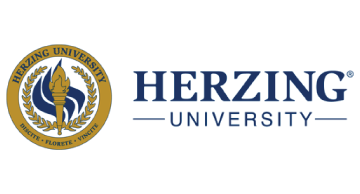
Course Details
Herzing University’s Master of Business Administration (MBA) program offers a comprehensive and flexible education designed to develop advanced business acumen and leadership skills. Accredited by the Accrediting Council for Business Schools and Programs (ACBSP), the program can be completed in approximately 18 to 24 months through online or on-campus formats. The curriculum covers essential business disciplines such as finance, marketing, management, and strategy, with options for various concentrations like Healthcare Management, Project Management, and Human Resources. Students engage in a capstone project that applies their learning to real-world challenges. Admission requirements generally include an accredited undergraduate degree, a minimum GPA, professional experience, and possibly GRE or GMAT scores. Financial aid options are available, and career services are provided to assist with job placement and career advancement. For precise details, prospective students should consult Herzing University directly or visit their official website.
| Total Subjects | |
|---|---|
| Total Credits | 22 |
| Intake | Spring and Summer |
| English Proficiency Level | IELTS: 6, Duolingo: 100 |
| Duration | 24 Months |
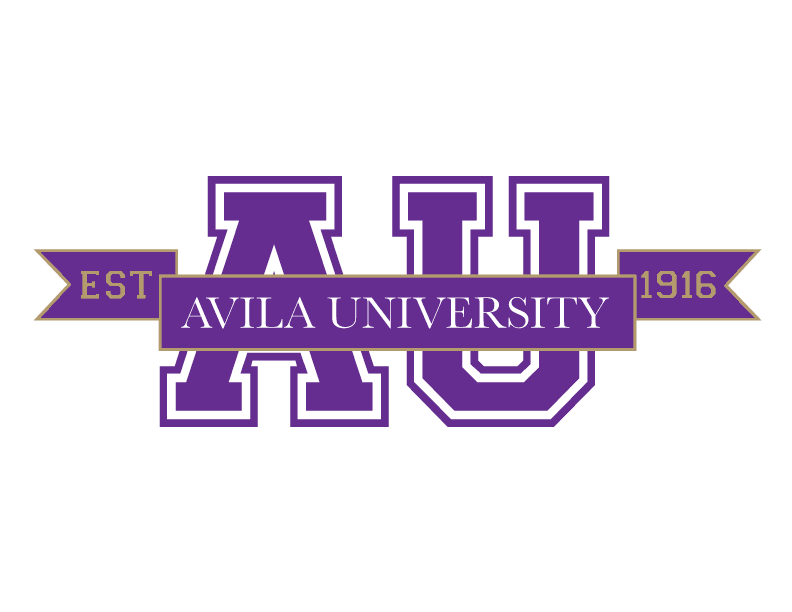
Avila University
➤ Times Higher Education (THE) World University Rankings: #501-600
Quick View

Course Details
Core Courses: Principles of Management, Financial Accounting, Marketing Principles, Business Law, Business Ethics, Organizational Behavior, Strategic Management, International Business. Electives: Entrepreneurship, Investment Analysis, Supply Chain Management.
| Total Subjects | Usually around 120-126 credits. |
|---|---|
| Total Credits | Typically 40-45 courses. |
| Intake | January, May, August, October |
| English Proficiency Level | TOEFL: 61 iBT, IELTS: 5.0 overall (no band below 5), Duolingo: 90+ |
| Duration | 4 Years |
Core Courses: Introduction to Criminal Justice, Criminal Law, Criminology, Criminal Procedure, Juvenile Justice, Corrections, Research Methods in Criminal Justice. Electives: Forensic Science, Cybercrime, Victimology.
| Total Subjects | Usually around 120-126 credits. |
|---|---|
| Total Credits | Typically 40-45 courses. |
| Intake | January, May, August, October |
| English Proficiency Level | TOEFL: 61 iBT, IELTS: 5.0 overall (no band below 5), Duolingo: 90+ |
| Duration | 4 Years |
Core Courses: Health Care Systems, Health Care Finance, Health Policy, Health Care Ethics, Management in Health Care, Health Information Management. Electives: Long-Term Care Administration, Public Health, Health Care Quality.
| Total Subjects | Usually around 120-126 credits. |
|---|---|
| Total Credits | Typically 40-45 courses. |
| Intake | January, May, August, October |
| English Proficiency Level | TOEFL: 61 iBT, IELTS: 5.0 overall (no band below 5), Duolingo: 90+ |
| Duration | 4 Years |
Core Courses: Leadership Theory, Organizational Behavior, Strategic Leadership, Change Management, Ethics in Leadership, Project Management. Electives: Team Dynamics, Conflict Resolution, Communication Strategies.
| Total Subjects | Usually around 120-126 credits. |
|---|---|
| Total Credits | Typically 40-45 courses. |
| Intake | January, May, August, October |
| English Proficiency Level | TOEFL: 61 iBT, IELTS: 5.0 overall (no band below 5), Duolingo: 90+ |
| Duration | 4 Years |
Core Courses: Principles of Marketing, Consumer Behavior, Marketing Research, Strategic Marketing, Digital Marketing, International Marketing. Electives: Brand Management, Sales Management, Market Analytics.
| Total Subjects | Usually around 120-126 credits. |
|---|---|
| Total Credits | Typically 40-45 courses. |
| Intake | January, May, August, October |
| English Proficiency Level | TOEFL: 61 iBT, IELTS: 5.0 overall (no band below 5), Duolingo: 90+ |
| Duration | 4 Years |
Core Courses: Child Development, Curriculum Development, Early Literacy, Assessment in Early Childhood, Family and Community Partnerships. Electives: Special Needs Education, Play-Based Learning, STEM in Early Childhood.
| Total Subjects | Usually around 120-126 credits. |
|---|---|
| Total Credits | Typically 40-45 courses. |
| Intake | January, May, August, October |
| English Proficiency Level | TOEFL: 61 iBT, IELTS: 5.0 overall (no band below 5), Duolingo: 90+ |
| Duration | 4 Years |
Core Courses: Foundations of Education, Classroom Management, Elementary Literacy, Mathematics for Elementary Teachers, Science and Social Studies Methods. Electives: Technology in Education, Differentiated Instruction, Special Education.
| Total Subjects | Usually around 120-126 credits. |
|---|---|
| Total Credits | Typically 40-45 courses. |
| Intake | January, May, August, October |
| English Proficiency Level | TOEFL: 61 iBT, IELTS: 5.0 overall (no band below 5), Duolingo: 90+ |
| Duration | 4 Years |
Core Courses: Introduction to Special Education, Special Education Law, Assessment and Evaluation, Strategies for Diverse Learners, Behavior Management. Electives: Autism Spectrum Disorders, Inclusive Education, Assistive Technology.
| Total Subjects | Usually around 120-126 credits. |
|---|---|
| Total Credits | Typically 40-45 courses. |
| Intake | January, May, August, October |
| English Proficiency Level | TOEFL: 61 iBT, IELTS: 5.0 overall (no band below 5), Duolingo: 90+ |
| Duration | 4 Years |
Core Courses: Nursing Fundamentals, Anatomy and Physiology, Pharmacology, Adult Health Nursing, Pediatric Nursing, Mental Health Nursing, Community Health Nursing. Electives: Advanced Nursing Practice, Health Care Leadership.
| Total Subjects | Usually around 120-126 credits. |
|---|---|
| Total Credits | Typically 40-45 courses. |
| Intake | January, May, August, October |
| English Proficiency Level | TOEFL: 61 iBT, IELTS: 5.0 overall (no band below 5), Duolingo: 90+ |
| Duration | 4 Years |
Core Courses: Introduction to Social Work, Human Behavior in the Social Environment, Social Work Practice, Social Work Research, Social Welfare Policy, Field Practicum. Electives: Clinical Social Work, Substance Abuse, Family Therapy.
| Total Subjects | Usually around 120-126 credits. |
|---|---|
| Total Credits | Typically 40-45 courses. |
| Intake | January, May, August, October |
| English Proficiency Level | TOEFL: 61 iBT, IELTS: 5.0 overall (no band below 5), Duolingo: 90+ |
| Duration | 4 Years |
Core Courses: Advanced Psychological Assessment Psychopathology Clinical Psychology Theory and Practice Research Methods and Statistics Cognitive and Behavioral Therapies Ethics and Professional Issues in Psychology Electives: Family Therapy Trauma and Crisis Intervention Health Psychology
| Total Subjects | Generally 15-20 courses |
|---|---|
| Total Credits | Typically 48-60 credits |
| Intake | January, May, August, October |
| English Proficiency Level | TOEFL: 75 iBT, IELTS: 6.0 Overall (no band below 5.5), Duolingo: 110+, PTE: 50+ |
| Duration | 2 Years |
Core Courses: Social Work Practice with Individuals, Families, and Groups Human Behavior and the Social Environment Social Welfare Policy and Services Research Methods in Social Work Clinical Social Work Practice Electives: Community Practice Substance Abuse Counseling Advanced Clinical Practice
| Total Subjects | About 20-25 courses |
|---|---|
| Total Credits | Usually 60 credits |
| Intake | January, May, August, October |
| English Proficiency Level | TOEFL: 75 iBT, IELTS: 6.0 Overall (no band below 5.5), Duolingo: 110+, PTE: 50+ |
| Duration | 2 Years |
Core Courses: Advanced Pathophysiology Advanced Pharmacology Advanced Health Assessment Evidence-Based Practice Leadership in Nursing Nursing Theory Specializations (may include courses such as): Family Nurse Practitioner Nurse Educator Nurse Administrator
| Total Subjects | Approximately 12-16 courses |
|---|---|
| Total Credits | Generally 36-48 credits |
| Intake | January, May, August, October |
| English Proficiency Level | TOEFL: 75 iBT, IELTS: 6.0 Overall (no band below 5.5), Duolingo: 110+, PTE: 50+ |
| Duration | 2 Years |
Core Courses: Advanced Educational Psychology Curriculum Design and Assessment Instructional Strategies Educational Research Methods Leadership and Policy in Education Electives: Special Education Literacy and Language Development Technology Integration in Education
| Total Subjects | About 10-12 courses |
|---|---|
| Total Credits | Typically 30-36 credits |
| Intake | January, May, August, October |
| English Proficiency Level | TOEFL: 75 iBT, IELTS: 6.0 Overall (no band below 5.5), Duolingo: 110+, PTE: 50+ |
| Duration | 2 Years |
Core Courses: Exercise Physiology Biomechanics Sports Psychology Research Methods in Kinesiology Motor Learning and Control Electives: Strength and Conditioning Sports Nutrition Rehabilitation Techniques
| Total Subjects | Approximately 12-15 courses |
|---|---|
| Total Credits | Generally 36-42 credits |
| Intake | January, May, August, October |
| English Proficiency Level | TOEFL: 75 iBT, IELTS: 6.0 Overall (no band below 5.5), Duolingo: 110+, PTE: 50+ |
| Duration | 2 Years |
Core Courses: Data Analysis and Statistical Methods Business Intelligence Data Mining and Predictive Analytics Data Visualization Operations Management Electives: Advanced Analytics Techniques Big Data Technologies Financial Analytics
| Total Subjects | About 12-15 courses |
|---|---|
| Total Credits | Typically 36-42 credits |
| Intake | January, May, August, October |
| English Proficiency Level | TOEFL: 75 iBT, IELTS: 6.0 Overall (no band below 5.5), Duolingo: 110+, PTE: 50+ |
| Duration | 2 Years |
Core Courses: Advanced Algorithms Database Systems Software Engineering Computer Networks Operating Systems Electives: Machine Learning Cloud Computing Cybersecurity
| Total Subjects | Approximately 12-15 courses |
|---|---|
| Total Credits | Generally 36-42 credits |
| Intake | January, May, August, October |
| English Proficiency Level | TOEFL: 75 iBT, IELTS: 6.0 Overall (no band below 5.5), Duolingo: 110+, PTE: 50+ |
| Duration | 2 Years |
Core Courses: Network Security Information Security Management Ethical Hacking and Penetration Testing Cybersecurity Risk Management Cryptography Electives: Incident Response Security for Emerging Technologies Digital Forensics
| Total Subjects | About 12-15 courses |
|---|---|
| Total Credits | Typically 36-42 credits |
| Intake | January, May, August, October |
| English Proficiency Level | TOEFL: 75 iBT, IELTS: 6.0 Overall (no band below 5.5), Duolingo: 110+, PTE: 50+ |
| Duration | 2 Years |
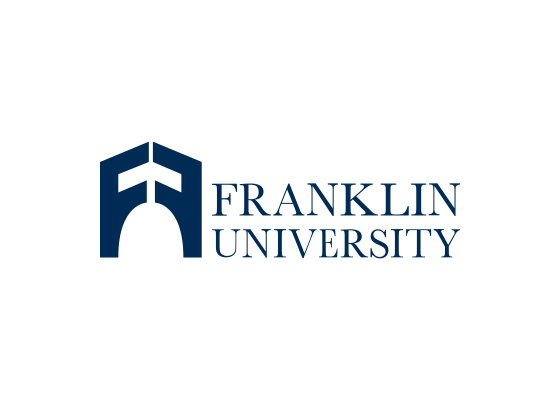
Franklin University
➤ Global Top 100 Innovative Universities by the WURI Ranking: #33
Quick View

Course Details
Franklin University’s Master of Science in Business Analytics is a comprehensive program designed to develop expertise in data-driven decision-making within a business context. The curriculum integrates core concepts such as data management, statistical analysis, predictive modeling, and data visualization, offering a blend of technical skills and strategic insight. The program is flexible, with options for both online and on-campus learning, accommodating the needs of working professionals. Students often engage in hands-on projects or internships through a capstone component, applying their skills to real-world business challenges. Additionally, Franklin University provides career support services to help students navigate job searches and advance their careers in the data analytics field. The program’s accreditation ensures that it meets high educational standards, adding value to the degree.
| Total Subjects | 8 |
|---|---|
| Total Credits | 32 |
| Intake | Spring, Summer and Fall |
| English Proficiency Level | IELTS 6, Duolingo 105 |
| Duration | 12 Months |
Franklin University’s Master of Science in Computer Science is designed to provide a thorough understanding of both theoretical and practical aspects of computer science. The program covers a broad range of topics including software engineering, database systems, cybersecurity, and advanced algorithms. Students have the opportunity to specialize in areas such as artificial intelligence, data science, or software development, depending on their career interests. The curriculum is designed to be flexible, often offering online and on-campus options to accommodate working professionals. A capstone project or thesis typically allows students to apply their knowledge to real-world problems, enhancing their practical experience. Additionally, the program is supported by career services that offer resources for job placement, networking, and professional development. Accreditation ensures that the program meets high academic standards, providing graduates with a valuable credential in the competitive field of computer science.
| Total Subjects | 12 |
|---|---|
| Total Credits | 36 |
| Intake | Spring, Summer and Fall |
| English Proficiency Level | IELTS 6, Duolingo 105 |
| Duration | 20 Months |
Franklin University’s Master of Science in Information Technology with a focus on Cybersecurity is designed to equip students with the advanced skills necessary to protect and manage information systems in today’s complex digital landscape. The program emphasizes critical areas such as network security, ethical hacking, risk management, and cyber threat analysis. Students benefit from a curriculum that combines theoretical knowledge with practical applications, preparing them for real-world cybersecurity challenges. The program offers flexibility through online and on-campus options, catering to the needs of working professionals. A key component is the capstone project or practicum, which allows students to apply their learning to practical problems in a controlled environment. Additionally, Franklin University's career services provide valuable support in job placement and professional development. Accredited by relevant bodies, the program ensures a high standard of education and relevance in the ever-evolving field of cybersecurity.
| Total Subjects | 12 |
|---|---|
| Total Credits | 36 |
| Intake | Spring, Summer and Fall |
| English Proficiency Level | IELTS 6, Duolingo 105 |
| Duration | 16 Months |
Franklin University’s Master of Science in Information Technology with a focus on Data Analytics is designed to provide students with a robust understanding of how to leverage data for strategic decision-making. The program covers essential areas such as data mining, statistical analysis, data visualization, and predictive analytics. Students learn to use various tools and techniques to interpret complex data sets and generate actionable insights. The curriculum is flexible, with options for online and on-campus learning, making it accessible for working professionals. A capstone project typically allows students to apply their analytical skills to real-world problems, enhancing their practical experience. Additionally, Franklin University offers career services to support job placement and professional growth. The program’s accreditation ensures it meets high educational standards, providing graduates with a valuable credential in the competitive field of data analytics.
| Total Subjects | 12 |
|---|---|
| Total Credits | 36 |
| Intake | Spring, Summer and Fall |
| English Proficiency Level | IELTS 6, Duolingo 105 |
| Duration | 20 Months |
Franklin University’s Master of Science in Computer Science with a Cybersecurity focus is designed to prepare students for advanced roles in protecting information systems and networks from cyber threats. The program delves into critical areas such as network security, ethical hacking, cryptography, and cybersecurity risk management. Students gain a deep understanding of both the theoretical and practical aspects of cybersecurity, with a curriculum that blends technical skills with strategic insights. The program offers flexibility through online and on-campus options, accommodating the schedules of working professionals. A capstone project or practicum allows students to tackle real-world cybersecurity challenges, applying their knowledge in practical scenarios. Additionally, Franklin University provides career services to assist with job placement and professional development. The program is accredited, ensuring a high standard of education and relevance in the ever-evolving field of cybersecurity.
| Total Subjects | 12 |
|---|---|
| Total Credits | 36 |
| Intake | Spring, Summer and Fall |
| English Proficiency Level | IELTS 6, Duolingo 105 |
| Duration | 20 Months |
Franklin University’s Master of Science in Computer Science with a focus on Data Analytics is designed to equip students with advanced skills to analyze and interpret complex data in various business and technological contexts. The program offers a comprehensive curriculum that includes key areas such as data mining, machine learning, statistical analysis, and data visualization. Students learn to leverage these techniques to extract actionable insights from large data sets and make data-driven decisions. The program is flexible, providing options for both online and on-campus learning to fit the needs of working professionals. A significant component of the program is the capstone project, which enables students to apply their analytical skills to real-world problems and gain practical experience. Additionally, Franklin University supports career development with resources for job placement and professional growth. Accredited by relevant bodies, the program ensures high educational standards and prepares graduates for advanced roles in the data analytics field.
| Total Subjects | 12 |
|---|---|
| Total Credits | 36 |
| Intake | Spring, Summer and Fall |
| English Proficiency Level | IELTS 6, Duolingo 105 |
| Duration | 20 Months |
Franklin University’s Master of Science in Computer Science with a focus on Software Systems is designed to provide students with advanced knowledge and skills in software development and system design. The program covers essential topics such as software engineering, system architecture, advanced programming, and software project management. Students gain expertise in designing and implementing complex software systems, working with various development methodologies and tools. The curriculum is structured to be flexible, offering both online and on-campus options to accommodate the needs of working professionals. A key feature of the program is the capstone project, which allows students to apply their learning to real-world software development challenges. Additionally, Franklin University provides career support services to assist with job placement and professional growth. The program's accreditation ensures it meets high educational standards, equipping graduates with a valuable credential for advancing their careers in software systems.
| Total Subjects | 12 |
|---|---|
| Total Credits | 36 |
| Intake | Spring, Summer and Fall |
| English Proficiency Level | IELTS 6, Duolingo 105 |
| Duration | 20 Months |
"Franklin University’s MBA with a STEM (Science, Technology, Engineering, and Mathematics) designation is designed for professionals seeking to combine business acumen with technical expertise. This program integrates core business principles—such as strategic management, finance, marketing, and operations—with advanced STEM-focused coursework. The STEM designation emphasizes analytical and quantitative skills, preparing students to address complex business problems through data-driven decision-making and innovative technologies. The curriculum often includes specialized courses in data analytics, technology management, and operations research, offering a blend of theoretical knowledge and practical applications. The program is flexible, and available through both online and on-campus formats, making it suitable for working professionals. A significant component of the MBA is the capstone project or practicum, which allows students to apply their skills to real-world business challenges. Additionally, Franklin University supports career development with resources for job placement and professional advancement. The program’s STEM designation enhances its appeal to employers looking for graduates with both business and technical expertise, ensuring that it meets high educational standards and addresses current industry needs. "
| Total Subjects | 14 |
|---|---|
| Total Credits | 44 |
| Intake | Spring, Summer and Fall |
| English Proficiency Level | IELTS 6, Duolingo 105 |
| Duration | 18 Months |

California State University, San Bernardino (CSUSB)
➤ Ranked among the top 100 public universities in the United States
Quick View

Course Details
Core Courses: Introduction to Philosophy Survey of World History Introduction to Literature Public Speaking Critical Thinking Arts and Humanities electives
| Total Subjects | 10-12 core courses. |
|---|---|
| Total Credits | Around 120 units. |
| Intake | Spring & Fall |
| English Proficiency Level | TOEFL : 61 on the iBT, IELTS : 6.0 overall band score, PTE : 50 |
| Duration | 4 Years |
Core Courses: Drawing I & II Painting I & II Sculpture I Art History Survey (Ancient, Medieval, Modern) Printmaking Digital Art
| Total Subjects | 12-15 core courses. |
|---|---|
| Total Credits | 36-42 credits. |
| Intake | Spring & Fall |
| English Proficiency Level | TOEFL : 61 on the iBT, IELTS : 6.0 overall band score, PTE : 50 |
| Duration | 4 Years |
Core Courses: Public Speaking Interpersonal Communication Media and Society Communication Theory Research Methods in Communication Strategic Communication
| Total Subjects | 12-15 core courses. |
|---|---|
| Total Credits | 36-42 credits. |
| Intake | Spring & Fall |
| English Proficiency Level | TOEFL : 61 on the iBT, IELTS : 6.0 overall band score, PTE : 50 |
| Duration | 4 Years |
Core Courses: Introduction to Literary Studies British Literature I & II American Literature I & II Creative Writing or Advanced Composition Literary Theory Shakespeare
| Total Subjects | 10-12 core courses. |
|---|---|
| Total Credits | Around 120 units. |
| Intake | Spring & Fall |
| English Proficiency Level | TOEFL : 61 on the iBT, IELTS : 6.0 overall band score, PTE : 50 |
| Duration | 4 Years |
Core Courses: Music Theory I-IV Music History and Literature Applied Music (performance) Ensemble Participation Music Composition Conducting
| Total Subjects | 12-15 core courses. |
|---|---|
| Total Credits | 36-42 credits. |
| Intake | Spring & Fall |
| English Proficiency Level | TOEFL : 61 on the iBT, IELTS : 6.0 overall band score, PTE : 50 |
| Duration | 4 Years |
Core Courses: Introduction to Philosophy Logic Ethics Metaphysics Philosophy of Science Ancient and Modern Philosophy
| Total Subjects | 10-12 core courses. |
|---|---|
| Total Credits | Around 120 units. |
| Intake | Spring & Fall |
| English Proficiency Level | TOEFL : 61 on the iBT, IELTS : 6.0 overall band score, PTE : 50 |
| Duration | 4 Years |
Core Courses: Acting I & II Stagecraft Theatre History Directing Lighting and Sound Design Theatre Production
| Total Subjects | 12-15 core courses. |
|---|---|
| Total Credits | 36-42 credits. |
| Intake | Spring & Fall |
| English Proficiency Level | TOEFL : 61 on the iBT, IELTS : 6.0 overall band score, PTE : 50 |
| Duration | 4 Years |
Core Courses: Elementary Arabic I & II Intermediate Arabic I & II Arabic Literature in Translation Advanced Arabic Conversation Arab Culture and Society Arabic Linguistics
| Total Subjects | 10-15 core courses. |
|---|---|
| Total Credits | Around 120 units. |
| Intake | Spring & Fall |
| English Proficiency Level | TOEFL : 61 on the iBT, IELTS : 6.0 overall band score, PTE : 50 |
| Duration | 4 Years |
Core Courses: Introduction to Career and Technical Education Curriculum Development Instructional Strategies Assessment and Evaluation Workforce Development Leadership in Technical Education
| Total Subjects | 12-15 core courses. |
|---|---|
| Total Credits | 36-42 credits. |
| Intake | Spring & Fall |
| English Proficiency Level | TOEFL : 61 on the iBT, IELTS : 6.0 overall band score, PTE : 50 |
| Duration | 4 Years |
Core Courses: Introduction to Bioinformatics Molecular Biology Database Systems Algorithms in Bioinformatics Statistical Methods in Bioinformatics Programming for Bioinformatics
| Total Subjects | 12-15 core courses. |
|---|---|
| Total Credits | 36-42 credits. |
| Intake | Spring & Fall |
| English Proficiency Level | TOEFL : 61 on the iBT, IELTS : 6.0 overall band score, PTE : 50 |
| Duration | 4 Years |
Core Courses: General Chemistry I & II Organic Chemistry I & II Physical Chemistry I & II Analytical Chemistry Inorganic Chemistry Advanced Laboratory Techniques
| Total Subjects | 12-15 core courses. |
|---|---|
| Total Credits | 36-42 credits. |
| Intake | Spring & Fall |
| English Proficiency Level | TOEFL : 61 on the iBT, IELTS : 6.0 overall band score, PTE : 50 |
| Duration | 4 Years |
Core Courses: Physical Geology Historical Geology Mineralogy Petrology Structural Geology Field Methods in Geology
| Total Subjects | 12-15 core courses. |
|---|---|
| Total Credits | 36-42 credits. |
| Intake | Spring & Fall |
| English Proficiency Level | TOEFL : 61 on the iBT, IELTS : 6.0 overall band score, PTE : 50 |
| Duration | 4 Years |
Environmental Health Fundamentals Toxicology Environmental Chemistry Epidemiology Environmental Risk Assessment Occupational Health
| Total Subjects | 12-15 core courses. |
|---|---|
| Total Credits | 36-42 credits. |
| Intake | Spring & Fall |
| English Proficiency Level | TOEFL : 61 on the iBT, IELTS : 6.0 overall band score, PTE : 50 |
| Duration | 4 Years |
Core Courses: Introduction to Health Services Administration Health Policy and Law Healthcare Finance Management and Leadership in Health Services Strategic Planning in Healthcare Health Information Systems
| Total Subjects | 12-15 core courses. |
|---|---|
| Total Credits | 36-42 credits. |
| Intake | Spring & Fall |
| English Proficiency Level | TOEFL : 61 on the iBT, IELTS : 6.0 overall band score, PTE : 50 |
| Duration | 4 Years |
Core Courses: Introduction to Public Health Epidemiology Health Promotion and Education Environmental Health Biostatistics Public Health Policy and Administration
| Total Subjects | 12-15 core courses. |
|---|---|
| Total Credits | 36-42 credits. |
| Intake | Spring & Fall |
| English Proficiency Level | TOEFL : 61 on the iBT, IELTS : 6.0 overall band score, PTE : 50 |
| Duration | 4 Years |
Core Courses: Principles of Nutrition Food Science Clinical Dietetics Community Nutrition Nutritional Biochemistry Medical Nutrition Therapy
| Total Subjects | 12-15 core courses. |
|---|---|
| Total Credits | 36-42 credits. |
| Intake | Spring & Fall |
| English Proficiency Level | TOEFL : 61 on the iBT, IELTS : 6.0 overall band score, PTE : 50 |
| Duration | 4 Years |
Core Courses: Introduction to Kinesiology Exercise Physiology Biomechanics Motor Learning and Development Sports Psychology Exercise Testing and Prescription
| Total Subjects | 12-15 core courses. |
|---|---|
| Total Credits | 36-42 credits. |
| Intake | Spring & Fall |
| English Proficiency Level | TOEFL : 61 on the iBT, IELTS : 6.0 overall band score, PTE : 50 |
| Duration | 4 Years |
Core Courses: Calculus I, II, III Linear Algebra Discrete Mathematics Abstract Algebra Real Analysis Differential Equations
| Total Subjects | 12-15 core courses. |
|---|---|
| Total Credits | 36-42 credits. |
| Intake | Spring & Fall |
| English Proficiency Level | TOEFL : 61 on the iBT, IELTS : 6.0 overall band score, PTE : 50 |
| Duration | 4 Years |
Core Courses: Anatomy and Physiology Pharmacology Nursing Fundamentals Adult Health Nursing Maternal and Child Health Nursing Psychiatric and Mental Health Nursing
| Total Subjects | 12-15 core courses. |
|---|---|
| Total Credits | 36-42 credits. |
| Intake | Spring & Fall |
| English Proficiency Level | TOEFL : 61 on the iBT, IELTS : 6.0 overall band score, PTE : 50 |
| Duration | 4 Years |
Core Courses: Introduction to Computer Systems Computer Programming Systems Analysis and Design Database Management Systems Network Fundamentals Operating Systems
| Total Subjects | 12-15 core courses. |
|---|---|
| Total Credits | 36-42 credits. |
| Intake | Spring & Fall |
| English Proficiency Level | TOEFL : 61 on the iBT, IELTS : 6.0 overall band score, PTE : 50 |
| Duration | 4 Years |
Core Courses: Digital Logic Design Computer Architecture Embedded Systems Microprocessors Electronics I & II Software Engineering
| Total Subjects | 12-15 core courses. |
|---|---|
| Total Credits | 36-42 credits. |
| Intake | Spring & Fall |
| English Proficiency Level | TOEFL : 61 on the iBT, IELTS : 6.0 overall band score, PTE : 50 |
| Duration | 4 Years |
Core Courses: Child Development Theories Developmental Psychology Early Childhood Education Observation and Assessment Family and Community Relations Curriculum Planning
| Total Subjects | 12-15 core courses. |
|---|---|
| Total Credits | 36-42 credits. |
| Intake | Spring & Fall |
| English Proficiency Level | TOEFL : 61 on the iBT, IELTS : 6.0 overall band score, PTE : 50 |
| Duration | 4 Years |
Core Courses: Microeconomic Theory Macroeconomic Theory Econometrics International Economics Economic Development Public Economics
| Total Subjects | 12-15 core courses. |
|---|---|
| Total Credits | 36-42 credits. |
| Intake | Spring & Fall |
| English Proficiency Level | TOEFL : 61 on the iBT, IELTS : 6.0 overall band score, PTE : 50 |
| Duration | 4 Years |
Core Courses: Microeconomic Theory Macroeconomic Theory Econometrics International Economics Economic Development Public Economics
| Total Subjects | 12-15 core courses. |
|---|---|
| Total Credits | 36-42 credits. |
| Intake | Spring & Fall |
| English Proficiency Level | TOEFL : 61 on the iBT, IELTS : 6.0 overall band score, PTE : 50 |
| Duration | 4 Years |
Core Courses: Introduction to Information Systems Systems Analysis and Design Database Management Information Security Network Administration IT Project Management
| Total Subjects | 12-15 core courses. |
|---|---|
| Total Credits | 36-42 credits. |
| Intake | Spring & Fall |
| English Proficiency Level | TOEFL : 61 on the iBT, IELTS : 6.0 overall band score, PTE : 50 |
| Duration | 4 Years |
Accountancy, M.S. Core Courses: Financial Accounting, Managerial Accounting, Advanced Auditing, Advanced Accounting, Taxation, and Accounting Information Systems. Electives: Varies; typically includes advanced topics in accounting or business-related fields. Capstone/Thesis: May include a comprehensive exam or capstone project.
| Total Subjects | 12-15 core courses. |
|---|---|
| Total Credits | 36-42 credits. |
| Intake | Spring & Fall |
| English Proficiency Level | TOEFL (iBT 79/80 or PBT 550) or IELTS (General: 6.0 total band score / MBA, MPA and MSA: 6.5 total band score). |
| Duration | 2 Years |
Total Credits: Approximately 36 credits. Core Courses: Archaeological Theory, Field Methods, Artifact Analysis, Archaeological Research Methods, and Cultural Resource Management. Electives: Topics in regional archaeology, historical archaeology, or specific methodological approaches. Capstone/Thesis: Includes a thesis or a capstone project.
| Total Subjects | 12-15 core courses. |
|---|---|
| Total Credits | 36-42 credits. |
| Intake | Spring & Fall |
| English Proficiency Level | TOEFL (iBT 79/80 or PBT 550) or IELTS (General: 6.0 total band score / MBA, MPA and MSA: 6.5 total band score). |
| Duration | 2 Years |
Total Credits: Approximately 30-36 credits. Core Courses: Advanced Cell Biology, Advanced Ecology, Molecular Biology, and Statistical Methods. Electives: Specialized courses in fields such as genetics, physiology, or marine biology. Capstone/Thesis: Thesis required for completion.
| Total Subjects | 12-15 core courses. |
|---|---|
| Total Credits | 36-42 credits. |
| Intake | Spring & Fall |
| English Proficiency Level | TOEFL (iBT 79/80 or PBT 550) or IELTS (General: 6.0 total band score / MBA, MPA and MSA: 6.5 total band score). |
| Duration | 2 Years |
Total Credits: Approximately 36-48 credits. Core Courses: Financial Management, Marketing Management, Strategic Management, Managerial Economics, and Operations Management. Electives: Includes options such as international business, entrepreneurship, or data analytics. Capstone/Thesis: May include a capstone project or comprehensive exam.
| Total Subjects | 12-15 core courses. |
|---|---|
| Total Credits | 36-42 credits. |
| Intake | Spring & Fall |
| English Proficiency Level | TOEFL (iBT 79/80 or PBT 550) or IELTS (General: 6.0 total band score / MBA, MPA and MSA: 6.5 total band score). |
| Duration | 2 Years |
Total Credits: Approximately 30-36 credits. Core Courses: Data Mining, Business Analytics, Statistical Methods, Data Visualization, and Business Intelligence. Electives: Advanced analytics courses and specialized topics. Capstone/Thesis: Capstone project involving real-world data analytics problems.
| Total Subjects | 12-15 core courses. |
|---|---|
| Total Credits | 36-42 credits. |
| Intake | Spring & Fall |
| English Proficiency Level | TOEFL (iBT 79/80 or PBT 550) or IELTS (General: 6.0 total band score / MBA, MPA and MSA: 6.5 total band score). |
| Duration | 2 Years |
Total Credits: Approximately 30-36 credits. Core Courses: Curriculum Development, Instructional Design, Assessment and Evaluation, and Adult Learning. Electives: Specialized courses in career and technical education. Capstone/Thesis: Includes a project or thesis related to career and technical education.
| Total Subjects | 12-15 core courses. |
|---|---|
| Total Credits | 36-42 credits. |
| Intake | Spring & Fall |
| English Proficiency Level | TOEFL (iBT 79/80 or PBT 550) or IELTS (General: 6.0 total band score / MBA, MPA and MSA: 6.5 total band score). |
| Duration | 2 Years |
Total Credits: Approximately 36 credits. Core Courses: Child Development Theories, Research Methods, Early Childhood Education, and Program Evaluation. Electives: Specialized topics such as developmental disabilities or family studies. Capstone/Thesis: Thesis or a comprehensive project.
| Total Subjects | 12-15 core courses. |
|---|---|
| Total Credits | 36-42 credits. |
| Intake | Spring & Fall |
| English Proficiency Level | TOEFL (iBT 79/80 or PBT 550) or IELTS (General: 6.0 total band score / MBA, MPA and MSA: 6.5 total band score). |
| Duration | 2 Years |
Total Credits: Approximately 60-72 credits. Core Courses: Psychological Assessment, Clinical Practice, Counseling Techniques, Research Methods, and Ethics. Electives: Specializations such as trauma, addiction, or family therapy. Capstone/Thesis: Includes a clinical internship and a thesis.
| Total Subjects | 12-15 core courses. |
|---|---|
| Total Credits | 36-42 credits. |
| Intake | Spring & Fall |
| English Proficiency Level | TOEFL (iBT 79/80 or PBT 550) or IELTS (General: 6.0 total band score / MBA, MPA and MSA: 6.5 total band score). |
| Duration | 2 Years |
Total Credits: Approximately 30-36 credits. Core Courses: Communication Theory, Research Methods, Public Communication, and Interpersonal Communication. Electives: Topics in media studies, organizational communication, or rhetoric. Capstone/Thesis: Includes a thesis or comprehensive exam.
| Total Subjects | 12-15 core courses. |
|---|---|
| Total Credits | 36-42 credits. |
| Intake | Spring & Fall |
| English Proficiency Level | TOEFL (iBT 79/80 or PBT 550) or IELTS (General: 6.0 total band score / MBA, MPA and MSA: 6.5 total band score). |
| Duration | 2 Years |
Total Credits: Approximately 30-36 credits. Core Courses: Advanced Algorithms, Operating Systems, Database Systems, and Software Engineering. Electives: Specializations such as machine learning, cybersecurity, or data science. Capstone/Thesis: Thesis or capstone project required.
| Total Subjects | 12-15 core courses. |
|---|---|
| Total Credits | 36-42 credits. |
| Intake | Spring & Fall |
| English Proficiency Level | TOEFL (iBT 79/80 or PBT 550) or IELTS (General: 6.0 total band score / MBA, MPA and MSA: 6.5 total band score). |
| Duration | 2 Years |
Total Credits: Approximately 60-72 credits. Core Courses: Counseling Theories, Techniques, Assessment, Human Development, and Professional Ethics. Electives: Specialized courses in areas such as career counseling or group counseling. Capstone/Thesis: Includes a clinical internship and a thesis.
| Total Subjects | 12-15 core courses. |
|---|---|
| Total Credits | 36-42 credits. |
| Intake | Spring & Fall |
| English Proficiency Level | TOEFL (iBT 79/80 or PBT 550) or IELTS (General: 6.0 total band score / MBA, MPA and MSA: 6.5 total band score). |
| Duration | 2 Years |
Total Credits: Approximately 30-36 credits. Core Courses: Criminological Theory, Research Methods, Criminal Justice Policy, and Ethics. Electives: Special topics such as juvenile justice, forensic psychology, or corrections. Capstone/Thesis: May include a capstone project or comprehensive exam.
| Total Subjects | 12-15 core courses. |
|---|---|
| Total Credits | 36-42 credits. |
| Intake | Spring & Fall |
| English Proficiency Level | TOEFL (iBT 79/80 or PBT 550) or IELTS (General: 6.0 total band score / MBA, MPA and MSA: 6.5 total band score). |
| Duration | 2 Years |
Total Credits: Approximately 30-36 credits. Core Courses: Cybersecurity Fundamentals, Network Security, Data Analytics, and Risk Management. Electives: Advanced topics in cybersecurity, data protection, or digital forensics. Capstone/Thesis: Capstone project or research thesis required.
| Total Subjects | 12-15 core courses. |
|---|---|
| Total Credits | 36-42 credits. |
| Intake | Spring & Fall |
| English Proficiency Level | TOEFL (iBT 79/80 or PBT 550) or IELTS (General: 6.0 total band score / MBA, MPA and MSA: 6.5 total band score). |
| Duration | 2 Years |
Total Credits: Approximately 30-36 credits. Core Courses: Educational Theory, Curriculum Design, Educational Assessment, and Instructional Strategies. Electives: Topics related to specific educational interests or career goals. Capstone/Thesis: Includes a project or thesis focused on educational practice or research.
| Total Subjects | 12-15 core courses. |
|---|---|
| Total Credits | 36-42 credits. |
| Intake | Spring & Fall |
| English Proficiency Level | TOEFL (iBT 79/80 or PBT 550) or IELTS (General: 6.0 total band score / MBA, MPA and MSA: 6.5 total band score). |
| Duration | 2 Years |
Total Credits: Approximately 36-42 credits. Core Courses: Educational Leadership, School Finance, Legal Issues in Education, and Organizational Leadership. Electives: Specialized courses in school administration or policy. Capstone/Thesis: Capstone project or thesis required.
| Total Subjects | 12-15 core courses. |
|---|---|
| Total Credits | 36-42 credits. |
| Intake | Spring & Fall |
| English Proficiency Level | TOEFL (iBT 79/80 or PBT 550) or IELTS (General: 6.0 total band score / MBA, MPA and MSA: 6.5 total band score). |
| Duration | 2 Years |
Total Credits: Approximately 30-36 credits. Core Courses: Advanced Composition, Literary Theory, Creative Writing, and Rhetoric. Electives: Specialized topics in literature, genre studies, or professional writing. Capstone/Thesis: Includes a thesis or a major writing project.
| Total Subjects | 12-15 core courses. |
|---|---|
| Total Credits | 36-42 credits. |
| Intake | Spring & Fall |
| English Proficiency Level | TOEFL (iBT 79/80 or PBT 550) or IELTS (General: 6.0 total band score / MBA, MPA and MSA: 6.5 total band score). |
| Duration | 2 Years |
Total Credits: Approximately 30-36 credits. Core Courses: Innovation Management, Business Models, Entrepreneurial Finance, and Strategic Planning. Electives: Advanced courses in venture creation or startup management. Capstone/Thesis: Capstone project focused on a business plan or entrepreneurial venture.
| Total Subjects | 12-15 core courses. |
|---|---|
| Total Credits | 36-42 credits. |
| Intake | Spring & Fall |
| English Proficiency Level | TOEFL (iBT 79/80 or PBT 550) or IELTS (General: 6.0 total band score / MBA, MPA and MSA: 6.5 total band score). |
| Duration | 2 Years |
Total Credits: Approximately 30-36 credits. Core Courses: Environmental Science Principles, Ecosystem Management, Environmental Policy, and Research Methods. Electives: Specialized courses in environmental assessment, climate change, or conservation. Capstone/Thesis: Includes a research thesis or capstone project.
| Total Subjects | 12-15 core courses. |
|---|---|
| Total Credits | 36-42 credits. |
| Intake | Spring & Fall |
| English Proficiency Level | TOEFL (iBT 79/80 or PBT 550) or IELTS (General: 6.0 total band score / MBA, MPA and MSA: 6.5 total band score). |
| Duration | 2 Years |
Total Credits: Approximately 30-36 credits. Core Courses: Financial Management, Investment Analysis, Corporate Finance, and Financial Markets. Electives: Advanced courses in risk management, financial modeling, or international finance. Capstone/Thesis: Capstone project or comprehensive exam."
| Total Subjects | 12-15 core courses. |
|---|---|
| Total Credits | 36-42 credits. |
| Intake | Spring & Fall |
| English Proficiency Level | TOEFL (iBT 79/80 or PBT 550) or IELTS (General: 6.0 total band score / MBA, MPA and MSA: 6.5 total band score). |
| Duration | 2 Years |
Total Credits: Approximately 30-36 credits. Core Courses: Advanced Geology, Mineralogy, Geophysics, and Research Methods. Electives: Specialized courses in areas such as environmental geology or paleontology. Capstone/Thesis: Research thesis required.
| Total Subjects | 12-15 core courses. |
|---|---|
| Total Credits | 36-42 credits. |
| Intake | Spring & Fall |
| English Proficiency Level | TOEFL (iBT 79/80 or PBT 550) or IELTS (General: 6.0 total band score / MBA, MPA and MSA: 6.5 total band score). |
| Duration | 2 Years |
Total Credits: Approximately 30-36 credits. Core Courses: Health Services Management, Healthcare Finance, Health Policy, and Strategic Planning. Electives: Topics related to healthcare administration or policy. Capstone/Thesis: Capstone project or thesis required.
| Total Subjects | 12-15 core courses. |
|---|---|
| Total Credits | 36-42 credits. |
| Intake | Spring & Fall |
| English Proficiency Level | TOEFL (iBT 79/80 or PBT 550) or IELTS (General: 6.0 total band score / MBA, MPA and MSA: 6.5 total band score). |
| Duration | 2 Years |
Total Credits: Approximately 30-36 credits. Core Courses: Organizational Behavior, Personnel Psychology, Research Methods, and Human Resource Management. Electives: Advanced topics in work psychology, employee development, or assessment. Capstone/Thesis: Includes a thesis or applied project.
| Total Subjects | 12-15 core courses. |
|---|---|
| Total Credits | 36-42 credits. |
| Intake | Spring & Fall |
| English Proficiency Level | TOEFL (iBT 79/80 or PBT 550) or IELTS (General: 6.0 total band score / MBA, MPA and MSA: 6.5 total band score). |
| Duration | 2 Years |
Total Credits: Approximately 30-36 credits. Core Courses: Information Systems Management, Database Systems, Network Design, and Systems Analysis. Electives: Specialized courses in IT management, cybersecurity, or data analytics. Capstone/Thesis: Capstone project or thesis required.
| Total Subjects | 12-15 core courses. |
|---|---|
| Total Credits | 36-42 credits. |
| Intake | Spring & Fall |
| English Proficiency Level | TOEFL (iBT 79/80 or PBT 550) or IELTS (General: 6.0 total band score / MBA, MPA and MSA: 6.5 total band score). |
| Duration | 2 Years |
Total Credits: Approximately 30-36 credits. Core Courses: Cybersecurity Fundamentals, Threat Intelligence, Risk Management, and Cybersecurity Policy. Electives: Advanced courses in network security, digital forensics, or cyber defense. Capstone/Thesis: Includes a capstone project or research thesis.
| Total Subjects | 12-15 core courses. |
|---|---|
| Total Credits | 36-42 credits. |
| Intake | Spring & Fall |
| English Proficiency Level | TOEFL (iBT 79/80 or PBT 550) or IELTS (General: 6.0 total band score / MBA, MPA and MSA: 6.5 total band score). |
| Duration | 2 Years |
Total Credits: Approximately 36-48 credits. Core Courses: Advanced Pathophysiology, Clinical Pharmacology, Nursing Theory, and Evidence-Based Practice. Electives: Specializations in areas such as nurse practitioner roles or clinical leadership. Capstone/Thesis: Includes a clinical project or thesis.
| Total Subjects | 12-15 core courses. |
|---|---|
| Total Credits | 36-42 credits. |
| Intake | Spring & Fall |
| English Proficiency Level | TOEFL (iBT 79/80 or PBT 550) or IELTS (General: 6.0 total band score / MBA, MPA and MSA: 6.5 total band score). |
| Duration | 2 Years |
Total Credits: Approximately 42-48 credits. Core Courses: Epidemiology, Biostatistics, Environmental Health, Health Policy, and Program Evaluation. Electives: Specializations in areas such as global health, health promotion, or maternal and child health. Capstone/Thesis: Includes a practicum experience and a final project or thesis.
| Total Subjects | 12-15 core courses. |
|---|---|
| Total Credits | 36-42 credits. |
| Intake | Spring & Fall |
| English Proficiency Level | TOEFL (iBT 79/80 or PBT 550) or IELTS (General: 6.0 total band score / MBA, MPA and MSA: 6.5 total band score). |
| Duration | 2 Years |
Total Credits: Approximately 30-36 credits. Core Courses: STEM Curriculum Development, Teaching Strategies, Educational Technology, and Research Methods. Electives: Specialized courses in science, technology, engineering, or mathematics education. Capstone/Thesis: Capstone project or thesis required.
| Total Subjects | 12-15 core courses. |
|---|---|
| Total Credits | 36-42 credits. |
| Intake | Spring & Fall |
| English Proficiency Level | TOEFL (iBT 79/80 or PBT 550) or IELTS (General: 6.0 total band score / MBA, MPA and MSA: 6.5 total band score). |
| Duration | 2 Years |

Arkansas State University
➤ U.S. News & World Report National Universities rankings 2024: #361
Quick View
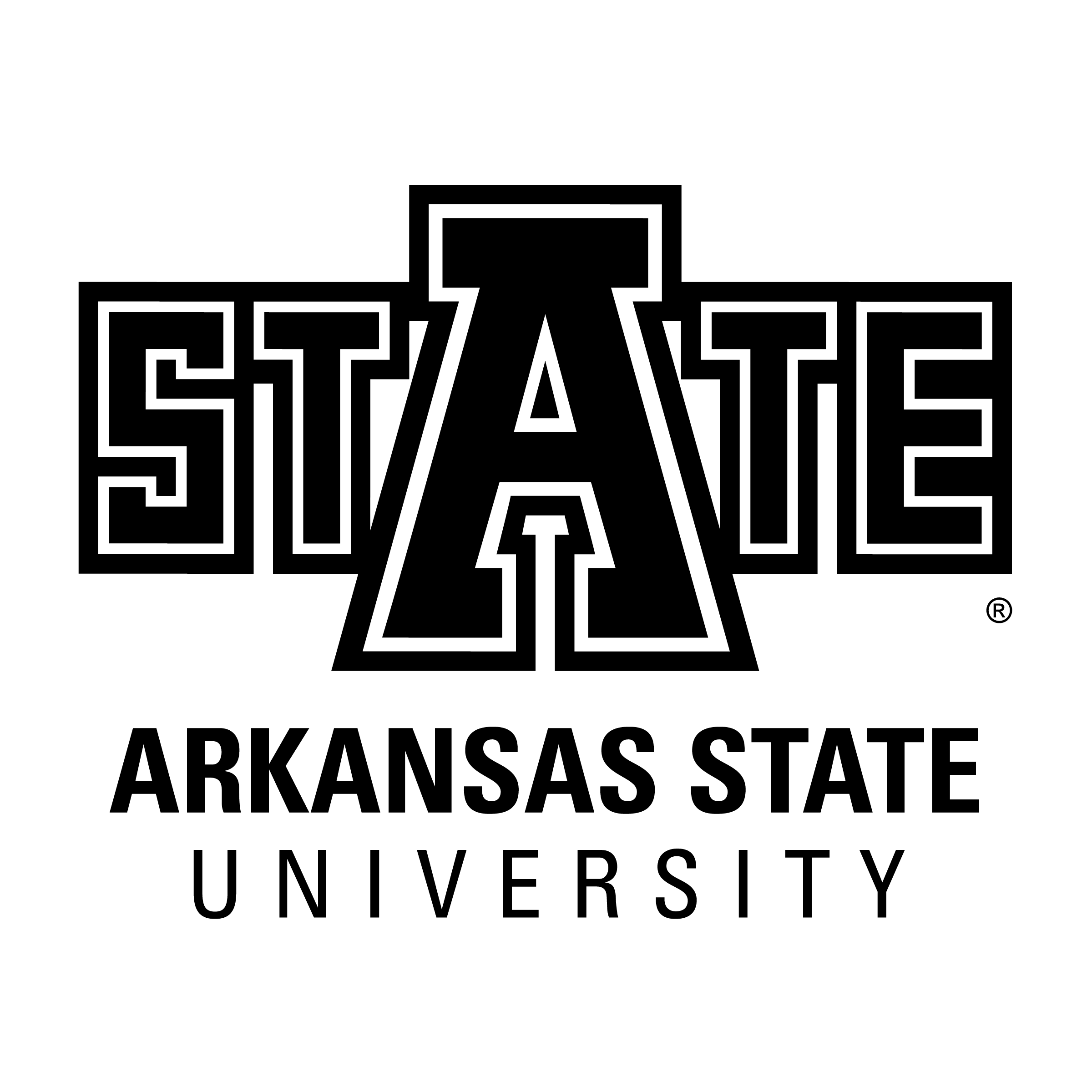
Course Details
The Bachelor of Science in Computer Science provides a solid foundation in computer problem solving, programming, software development, algorithms, computer organization, operating systems, networking, and databases. The program also includes a broad exposure to mathematics and sciences, emphasizing problem-solving through the scientific method. Students gain practical skills in various programming environments and software applications via labs and assignments. Electives offer opportunities to explore advanced topics such as artificial intelligence, distributed systems, graphics, compilers, and advanced programming.
| Total Subjects | 40 |
|---|---|
| Total Credits | 120 |
| Intake | Spring, Summer and Fall |
| English Proficiency Level | IELTS 6.0 |
| Duration | 4 Years |
The accounting major at A-State prepares students for careers in various fields including industrial accounting, cost analysis, financial control, tax accounting, regulatory teams (like the IRS), independent and internal auditing. Graduates find employment in manufacturing, government, banking, non-profits, and public accounting. Students are advised not to take accounting courses in their freshman year and should consult their advisors about CPA exam requirements.
| Total Subjects | 40 |
|---|---|
| Total Credits | 120 |
| Intake | Spring, Summer and Fall |
| English Proficiency Level | IELTS 6.0 |
| Duration | 4 Years |
Biotechnology leverages biological processes to create technologies and products that enhance lives and benefit the planet. It offers innovative solutions for treating diseases, reducing environmental impact, improving food security, using cleaner energy, and advancing industrial manufacturing with greater safety and efficiency.
| Total Subjects | 40 |
|---|---|
| Total Credits | 120 |
| Intake | Spring, Summer and Fall |
| English Proficiency Level | IELTS 6.0 |
| Duration | 4 Years |
The Business Administration major offers a broad, diversified education in business and economics, ideal for those aiming to manage their own business or enter a large company with specialized training programs. The curriculum covers all major business sectors and emphasizes creative thinking, preparing students for current job markets and future challenges.
| Total Subjects | 40 |
|---|---|
| Total Credits | 120 |
| Intake | Spring, Summer and Fall |
| English Proficiency Level | IELTS 6.0 |
| Duration | 4 Years |
The Data Science and Data Analytics (DSDA) Program is interdisciplinary, involving six colleges: Agriculture, Education & Behavioral Science, Engineering & Computer Science, Liberal Arts & Communication, Nursing & Health Professions, and Sciences & Mathematics. This reflects the broad range of applications for data science and analytics across various industries and government agencies.
| Total Subjects | 40 |
|---|---|
| Total Credits | 120 |
| Intake | Spring, Summer and Fall |
| English Proficiency Level | IELTS 6.0 |
| Duration | 4 Years |
The Electrical Engineering programs at Arkansas State University are accredited by the Engineering Accreditation Commission of ABET. Since its establishment in 1982, the program has significantly developed and is a key part of the College of Engineering and Computer Science. It provides a comprehensive undergraduate curriculum with both lecture and hands-on laboratory courses, focusing on the education, scholarship, and success of its students, as well as serving the broader community.
| Total Subjects | 40 |
|---|---|
| Total Credits | 120 |
| Intake | Spring, Summer and Fall |
| English Proficiency Level | IELTS 6.0 |
| Duration | 4 Years |
The Griffin MBA Program is a professional degree designed to equip students from diverse backgrounds for management roles across various organizations. It emphasizes developing analytical, problem-solving, and decision-making skills essential for navigating dynamic global environments. Additionally, the Griffin MBA is STEM designated.
| Total Subjects | 12 |
|---|---|
| Total Credits | 36 |
| Intake | Spring, Summer and Fall |
| English Proficiency Level | IELTS 6.5 |
| Duration | 2 Years |
The Master of Science in Computer Science is designed to deepen students' understanding of advanced computing concepts, including computational problem solving and complex programming environments. The program includes coursework in algorithms, computation theory, and advanced programming systems. Students will learn to develop complex software solutions for diverse problems and systems. Electives offer opportunities to specialize in areas such as parallel and distributed systems, bioinformatics, and graphics.
| Total Subjects | 10 |
|---|---|
| Total Credits | 30 |
| Intake | Spring, Summer and Fall |
| English Proficiency Level | IELTS 6.5 |
| Duration | 2 Years |
The Master of Science in Electrical Engineering is a graduate program concentrating on electrical and electronic systems and technologies. It covers advanced topics including circuit design, communications systems, control systems, digital signal processing, and power systems. Graduates are equipped for careers in industry or research across fields such as telecommunications, computer engineering, power systems, and control systems.
| Total Subjects | 10 |
|---|---|
| Total Credits | 30 |
| Intake | Spring, Summer and Fall |
| English Proficiency Level | IELTS 6.5 |
| Duration | 2 Years |
The Master of Science in Engineering Management (MSEM) is a one-year, 30-credit-hour program tailored for engineers advancing into management roles or managing technology in engineering, manufacturing, and high-tech organizations. It is also beneficial for engineers seeking licensure in states requiring additional coursework beyond a bachelor's or master's degree. The curriculum is provided by the A-State College of Engineering and Computer Science.
| Total Subjects | 10 |
|---|---|
| Total Credits | 30 |
| Intake | Spring, Summer and Fall |
| English Proficiency Level | IELTS 6.5 |
| Duration | 2 Years |
The Master of Science in Civil Engineering is a graduate program focused on the design, construction, and maintenance of infrastructure and built environments. It includes advanced coursework in structural, geotechnical, transportation, water resources, and environmental engineering. Graduates are prepared for careers in industry or research across fields like transportation, infrastructure, construction, and environmental engineering.
| Total Subjects | 10 |
|---|---|
| Total Credits | 30 |
| Intake | Spring, Summer and Fall |
| English Proficiency Level | IELTS 6.5 |
| Duration | 2 Years |
The Master of Science in Environmental Sciences (Thesis track) offers a cross-disciplinary introduction to environmental science. It requires students to complete a thesis project, core coursework in Environmental Chemistry/Soil and Water Science, Environmental Policy, Law & Economics, and Interdisciplinary Environmental Studies, as well as additional courses in Ethics, Seminar, Statistics, and Thesis work, totaling at least 30 credits beyond the Bachelor’s degree.
| Total Subjects | 10 |
|---|---|
| Total Credits | 30 |
| Intake | Spring, Summer and Fall |
| English Proficiency Level | IELTS 6.5 |
| Duration | 2 Years |
Quick View
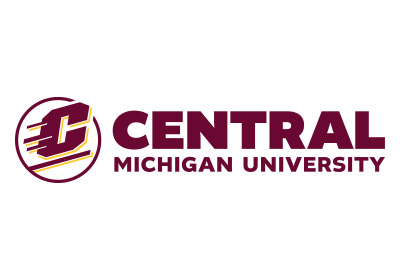
Course Details
The Bachelor of Business Administration (BBA) program at Central Michigan University requires 120 credit hours and offers majors such as Finance, Marketing, Management, International Business, and Entrepreneurship. It includes a core curriculum and culminates in a capstone course to prepare students for the business world.
| Total Subjects | 40 |
|---|---|
| Total Credits | 120 |
| Intake | Spring and Fall |
| English Proficiency Level | IELTS: 6.5; Duolingo: 105 |
| Duration | 4 Years |
The Bachelor of Science in Data Science at Central Michigan University offers a comprehensive curriculum with core courses in Data Science, Statistics, Machine Learning, and Data Visualization. Students gain programming skills in Python or R and explore Big Data Technologies.
| Total Subjects | 35 |
|---|---|
| Total Credits | 120 |
| Intake | Spring and Fall |
| English Proficiency Level | IELTS: 6.5; Duolingo: 105 |
| Duration | 4 Years |
The Bachelor of Science in Electrical Engineering (BSEE) at Central Michigan University offers a comprehensive education in electrical engineering, covering topics like circuit analysis, digital logic design, electronics, and control systems. The program includes specialized electives such as Power Electronics and Embedded Systems, along with a capstone project to apply knowledge to real-world problems.
| Total Subjects | 42 |
|---|---|
| Total Credits | 126 |
| Intake | Spring and Fall |
| English Proficiency Level | IELTS: 6.5; Duolingo: 105 |
| Duration | 4 Years |
The Bachelor of Science in Computer Engineering at Central Michigan University provides a comprehensive education in computer science and electrical engineering principles. The program covers core courses such as Digital Logic Design, Computer Organization, Programming Fundamentals, and Operating Systems, with specialized electives in areas like Cybersecurity, Machine Learning, and Robotics. Students also complete a capstone project to apply their knowledge to real-world engineering problems.
| Total Subjects | 40-45 |
|---|---|
| Total Credits | 126 |
| Intake | Spring and Fall |
| English Proficiency Level | IELTS: 6.5; Duolingo: 105 |
| Duration | 4 Years |
The Master of Science in Biochemistry, Cell, and Molecular Biology at Central Michigan University explores biochemical and molecular mechanisms through core courses like Advanced Biochemistry and Molecular Biology Techniques. The program includes a significant research component, culminating in a Thesis Project, preparing graduates for careers in research, academia, or industry.
| Total Subjects | 10 |
|---|---|
| Total Credits | 30 |
| Intake | Spring and Fall |
| English Proficiency Level | IELTS: 6.5; Duolingo: 105 |
| Duration | 2 Years |
The Master of Science in Computer Science at Central Michigan University offers core courses in Advanced Algorithms, Computer Systems Architecture, Software Engineering, and Database Systems. Students can tailor their studies with electives like Machine Learning, Cybersecurity, and Big Data Analytics. The program culminates in a Capstone Project or Thesis, combining theory with hands-on experience to prepare graduates for advanced roles.
| Total Subjects | 10 |
|---|---|
| Total Credits | 30 |
| Intake | Spring and Fall |
| English Proficiency Level | IELTS: 6.5; Duolingo: 105 |
| Duration | 2 Years |
The MBA program at Central Michigan University offers a comprehensive education in essential business disciplines, including Financial Accounting, Managerial Economics, Marketing Management, and Strategic Management. Students can tailor their education with electives in areas like Entrepreneurship, Global Business, or Data Analytics.
| Total Subjects | 12 |
|---|---|
| Total Credits | 36 |
| Intake | Spring and Fall |
| English Proficiency Level | IELTS: 6.5; Duolingo: 105 |
| Duration | 2 Years |
The Master of Public Health (MPH) program at Central Michigan University provides a comprehensive education in core areas such as Epidemiology, Biostatistics, Environmental Health, and Health Policy. Students gain practical experience through fieldwork and have the option to specialize in areas like Global Health or Health Promotion. The program culminates in a Capstone Project or Thesis, preparing graduates for leadership roles in public health.
| Total Subjects | 16 |
|---|---|
| Total Credits | 48 |
| Intake | Spring and Fall |
| English Proficiency Level | IELTS: 6.5; Duolingo: 105 |
| Duration | 2 Years |
The Master of Science in Nutrition at Central Michigan University offers an advanced curriculum that includes core courses like Advanced Human Nutrition, Nutrition Assessment, and Nutritional Biochemistry. Students can specialize in areas such as Sports Nutrition, Food Policy, or Pediatric Nutrition and culminate the program with a Thesis Project or Capstone Experience.
| Total Subjects | 8 |
|---|---|
| Total Credits | 24 |
| Intake | Spring and Fall |
| English Proficiency Level | IELTS: 6.5; Duolingo: 105 |
| Duration | 2 Years |
Quick View
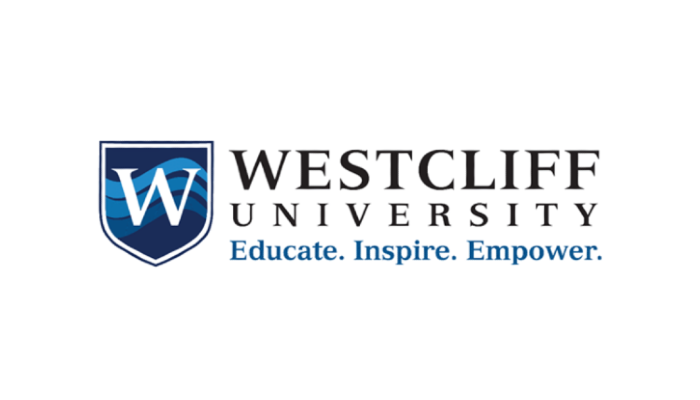
Course Details
Concentrations: Includes options like Finance, Marketing, Management, and International Business. This program is particularly suitable for international students interested in global business practice
| Total Subjects | |
|---|---|
| Total Credits | 120 |
| Intake | Fall & Spring |
| English Proficiency Level | IELTS: 5.5 Overall, TOEFL: 60 iBT, Duolingo: 95+, PTE: 50+ |
| Duration | 4 Years |
Focuses on software development, data science, and cybersecurity. It's ideal for international students aiming to work in tech industries.
| Total Subjects | |
|---|---|
| Total Credits | 120 |
| Intake | Fall & Spring |
| English Proficiency Level | IELTS: 5.5 Overall, TOEFL: 60 iBT, Duolingo: 95+, PTE: 50+ |
| Duration | 4 Years |
Covers IT systems, network administration, and project management, relevant for international students interested in IT careers.
| Total Subjects | |
|---|---|
| Total Credits | 120 |
| Intake | Fall & Spring |
| English Proficiency Level | IELTS: 5.5 Overall, TOEFL: 60 iBT, Duolingo: 95+, PTE: 50+ |
| Duration | 4 Years |
Prepares students for administrative roles in healthcare, which can be valuable globally given the growing need for healthcare management professionals.
| Total Subjects | |
|---|---|
| Total Credits | 120 |
| Intake | Fall & Spring |
| English Proficiency Level | IELTS: 5.5 Overall, TOEFL: 60 iBT, Duolingo: 95+, PTE: 50+ |
| Duration | 4 Years |
Includes studies in global politics and diplomacy, tailored for international students interested in international careers and global issues.
| Total Subjects | |
|---|---|
| Total Credits | 120 |
| Intake | Fall & Spring |
| English Proficiency Level | IELTS: 5.5 Overall, TOEFL: 60 iBT, Duolingo: 95+, PTE: 50+ |
| Duration | 4 Years |
Designed for those aiming to become registered nurses, with an emphasis on both theoretical and practical aspects of nursing.
| Total Subjects | |
|---|---|
| Total Credits | 125 |
| Intake | Fall & Spring |
| English Proficiency Level | IELTS: 5.5 Overall, TOEFL: 60 iBT, Duolingo: 95+, PTE: 50+ |
| Duration | 4 Years |
Concentrations: Options may include Finance, Marketing, Management, International Business, and Entrepreneurship. This program is ideal for international students looking to advance their careers in global business environments.
| Total Subjects | |
|---|---|
| Total Credits | 35 |
| Intake | Fall & Spring |
| English Proficiency Level | IELTS: 6 Overall, TOEFL: 79 iBT, Duolingo: 105+, PTE: 58+ |
| Duration | 2 Years |
Covers advanced topics in computer science, including software development, data science, and cybersecurity. Suitable for students seeking to deepen their expertise in tech fields.
| Total Subjects | |
|---|---|
| Total Credits | 35 |
| Intake | Fall & Spring |
| English Proficiency Level | IELTS: 6 Overall, TOEFL: 79 iBT, Duolingo: 105+, PTE: 58+ |
| Duration | 2 Years |
Focuses on IT management, systems, and security. This program helps international students gain specialized skills for IT careers.
| Total Subjects | |
|---|---|
| Total Credits | 35 |
| Intake | Fall & Spring |
| English Proficiency Level | IELTS: 6 Overall, TOEFL: 79 iBT, Duolingo: 105+, PTE: 58+ |
| Duration | 2 Years |
Prepares students for leadership roles in healthcare organizations, covering areas like health policy, management, and healthcare systems.
| Total Subjects | |
|---|---|
| Total Credits | 35 |
| Intake | Fall & Spring |
| English Proficiency Level | IELTS: 6 Overall, TOEFL: 79 iBT, Duolingo: 105+, PTE: 58+ |
| Duration | 2 Years |
Provides advanced understanding of global politics, diplomacy, and international conflict resolution. Ideal for students interested in international affairs and global studies.
| Total Subjects | |
|---|---|
| Total Credits | 35 |
| Intake | Fall & Spring |
| English Proficiency Level | IELTS: 6 Overall, TOEFL: 79 iBT, Duolingo: 105+, PTE: 58+ |
| Duration | 2 Years |
Offers a deeper exploration into psychological theories, research, and practice, with potential specializations or focus areas in counseling, clinical psychology, or organizational psychology.
| Total Subjects | |
|---|---|
| Total Credits | 35 |
| Intake | Fall & Spring |
| English Proficiency Level | IELTS: 6 Overall, TOEFL: 79 iBT, Duolingo: 105+, PTE: 58+ |
| Duration | 2 Years |
Designed for registered nurses looking to advance their careers, with specializations such as Nurse Practitioner or Nurse Educator.
| Total Subjects | |
|---|---|
| Total Credits | 35 |
| Intake | Fall & Spring |
| English Proficiency Level | IELTS: 6 Overall, TOEFL: 79 iBT, Duolingo: 105+, PTE: 58+ |
| Duration | 2 Years |
